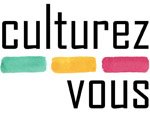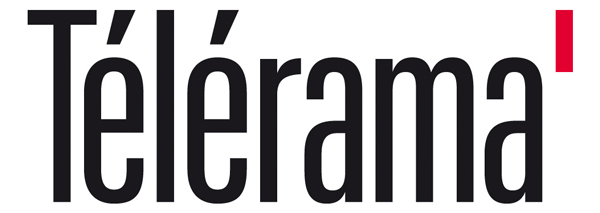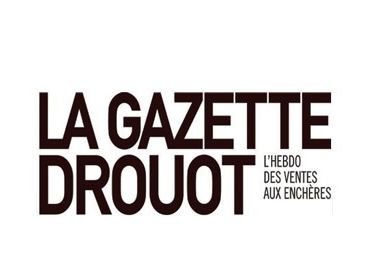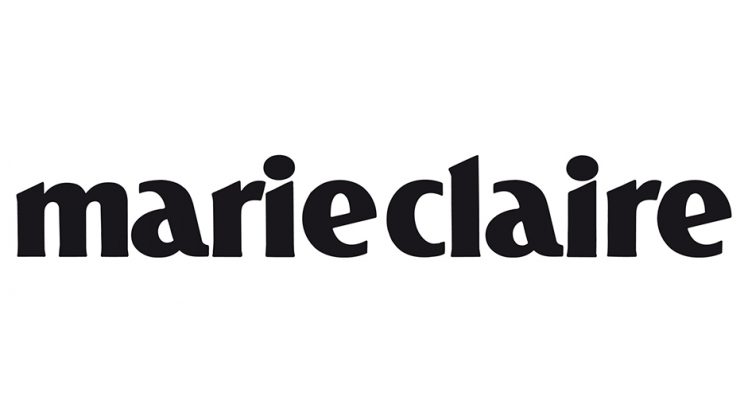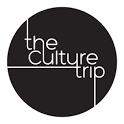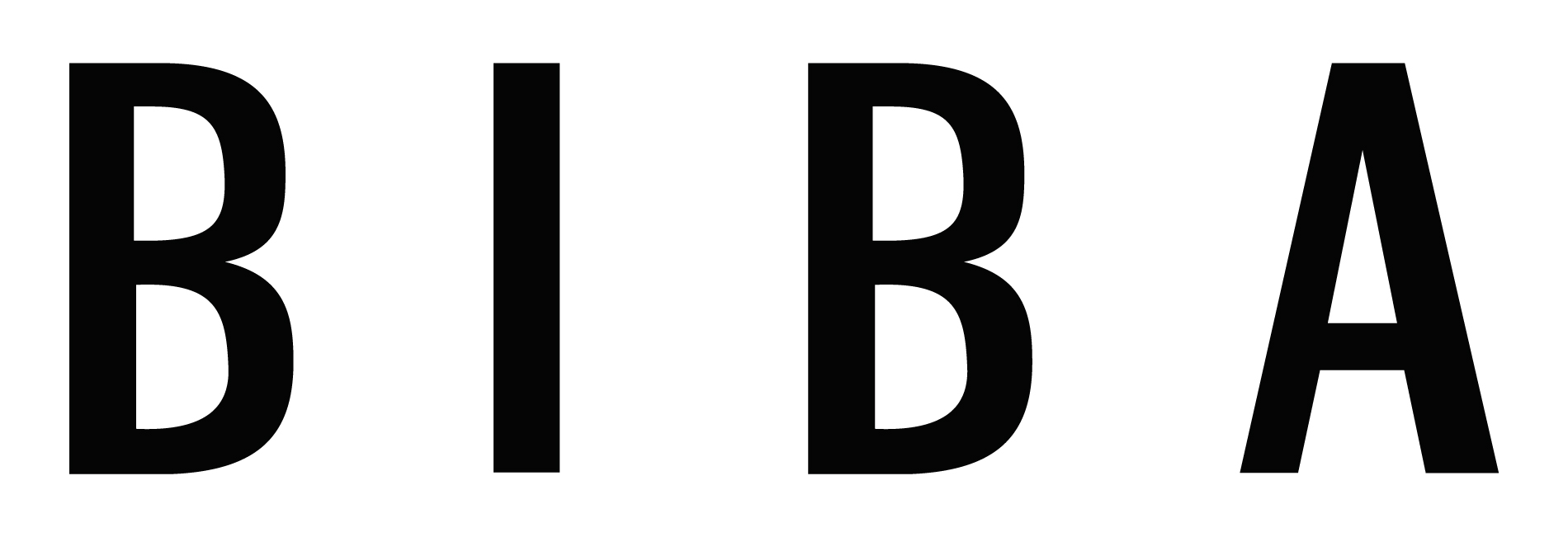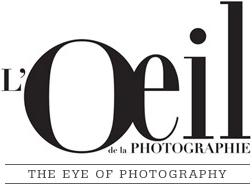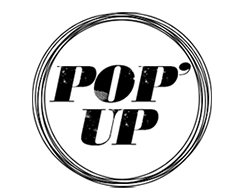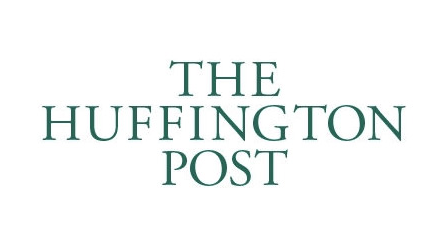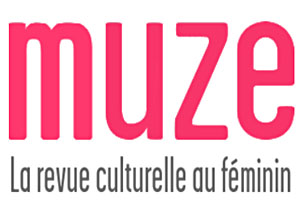Vivian Maier
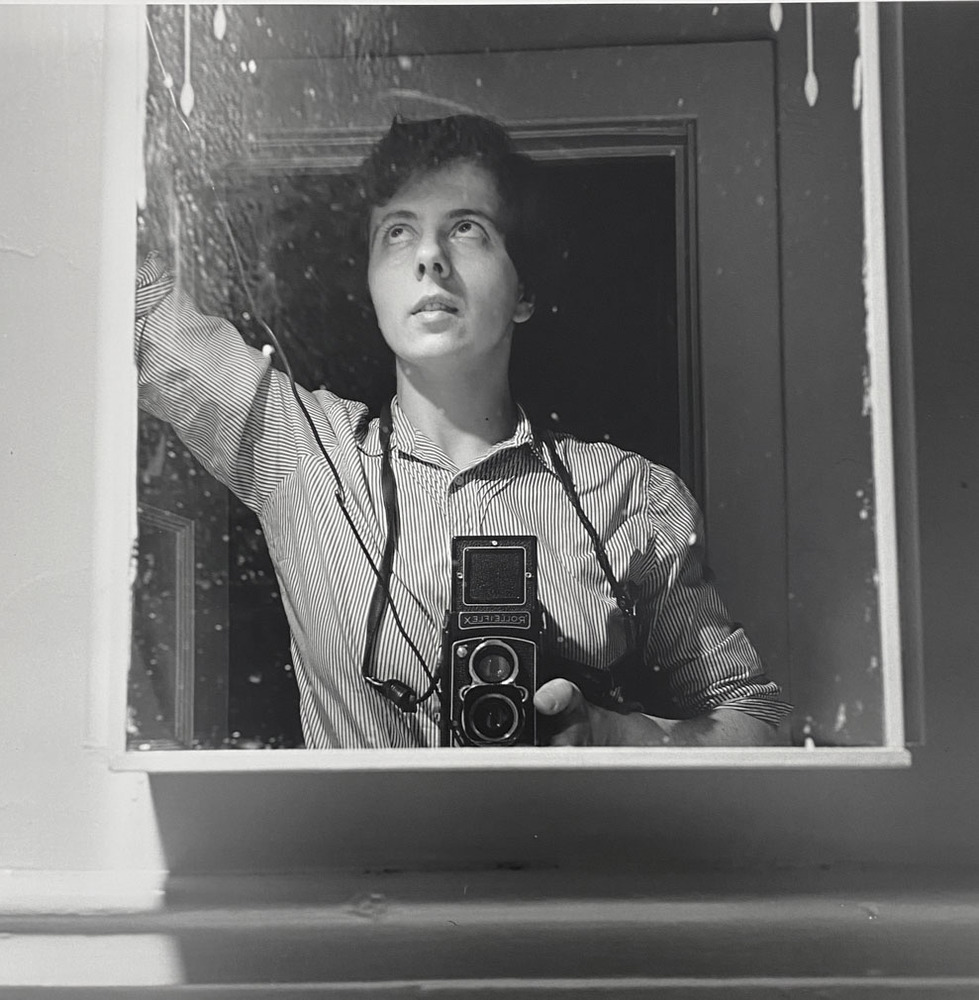
Image : 12 x 12 in ( 30.48 x 30.48 cm )
Print: 20 x 16 inches
Signed and stamped by John Maloof
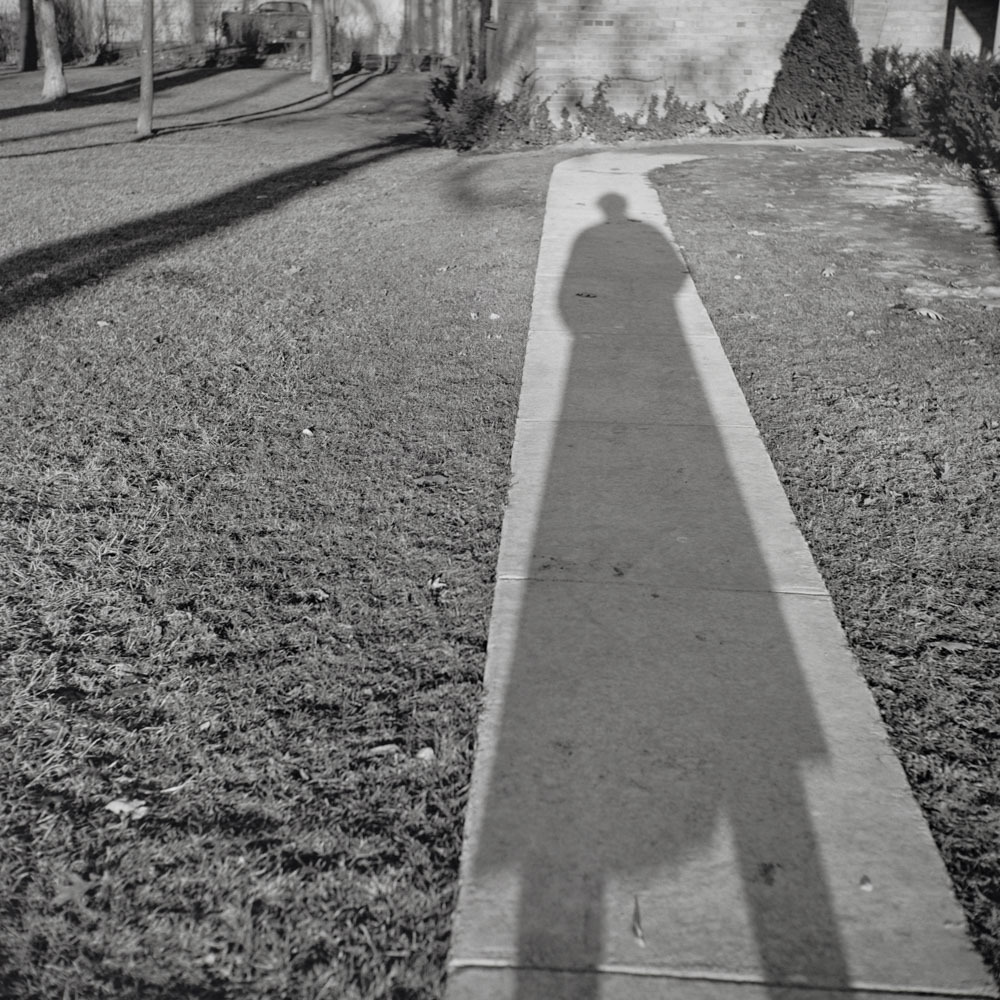
Image : 12 x 12 in ( 30.48 x 30.48 cm )
Print: 20 x 16 inches
Signed and stamped by John Maloof
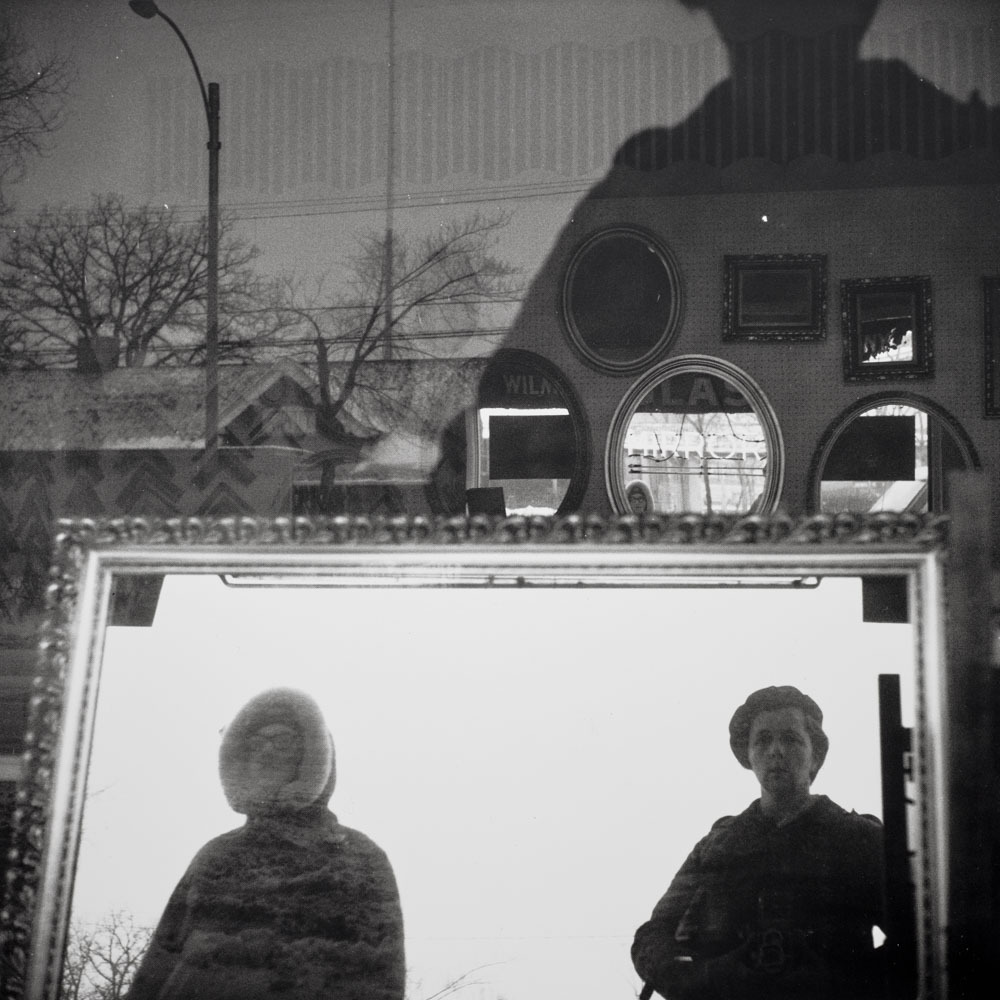
Image : 12 x 12 in ( 30.48 x 30.48 cm )
Print: 20 x 16 inches
Signed and stamped by John Maloof
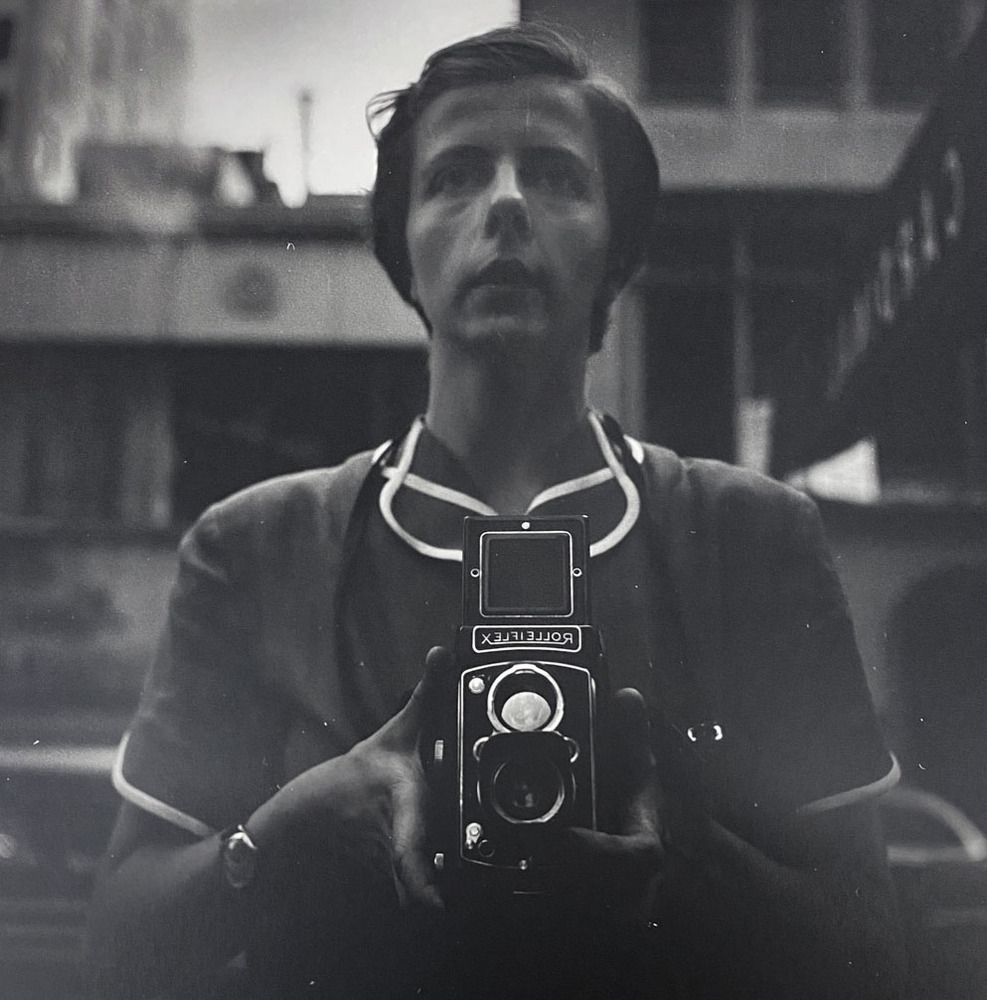
Image : 12 x 12 in ( 30.48 x 30.48 cm )
Print: 20 x 16 inches
Signed and stamped by John Maloof
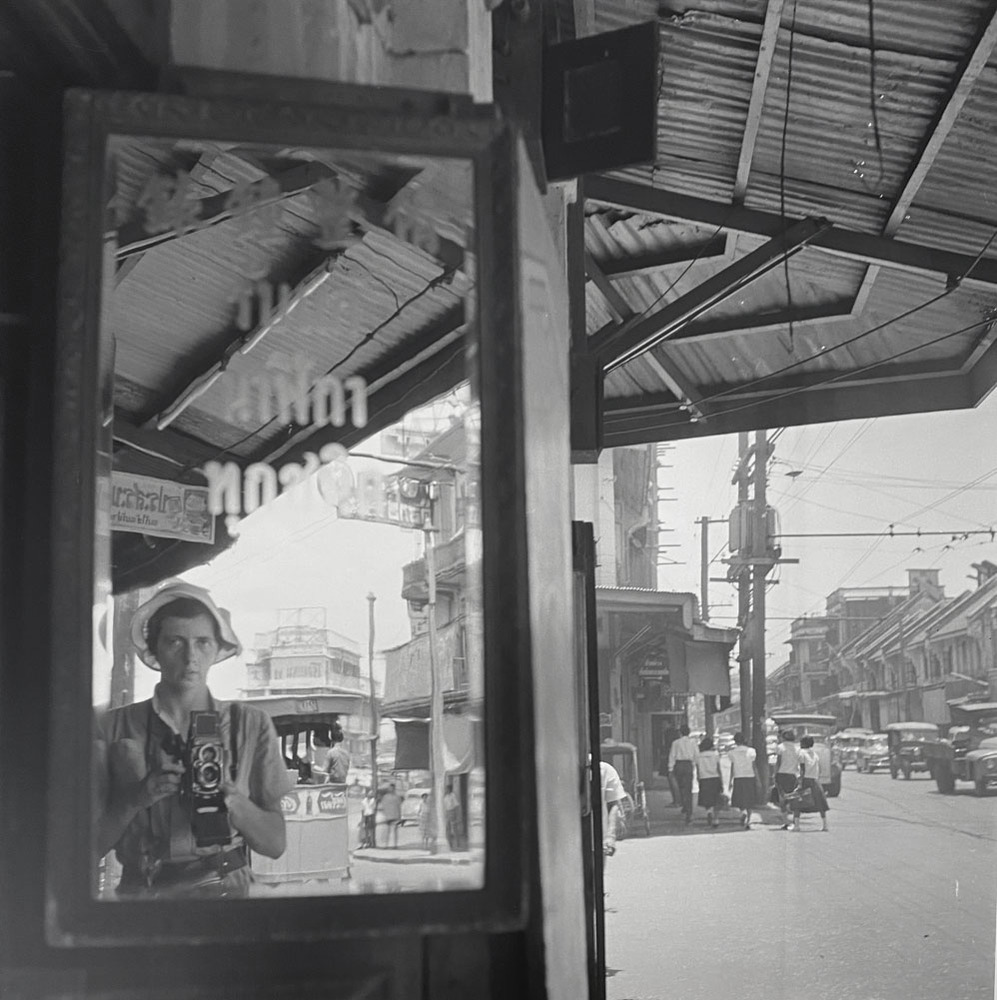
Image : 12 x 12 in ( 30.48 x 30.48 cm )
Print: 20 x 16 inches
Signed and stamped by John Maloof
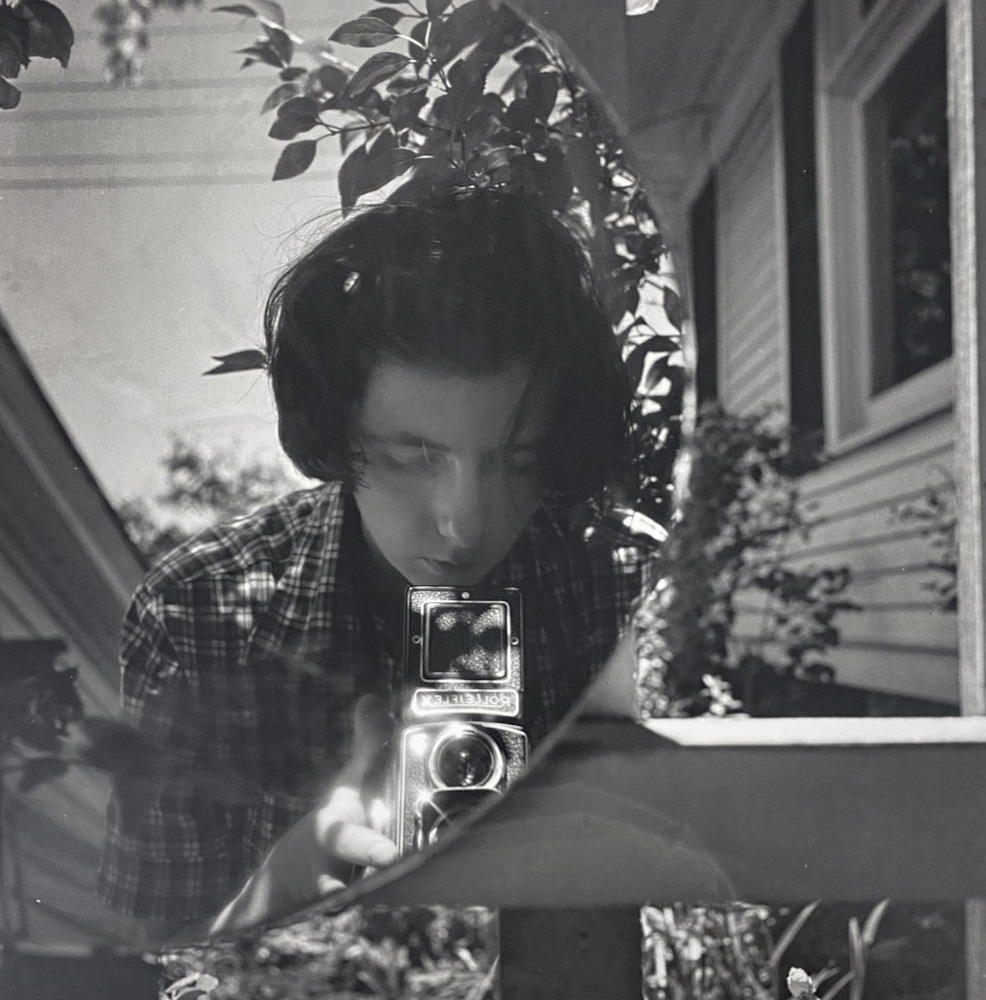
Image : 12 x 12 in ( 30.48 x 30.48 cm )
Print: 20 x 16 inches
Signed and stamped by John Maloof
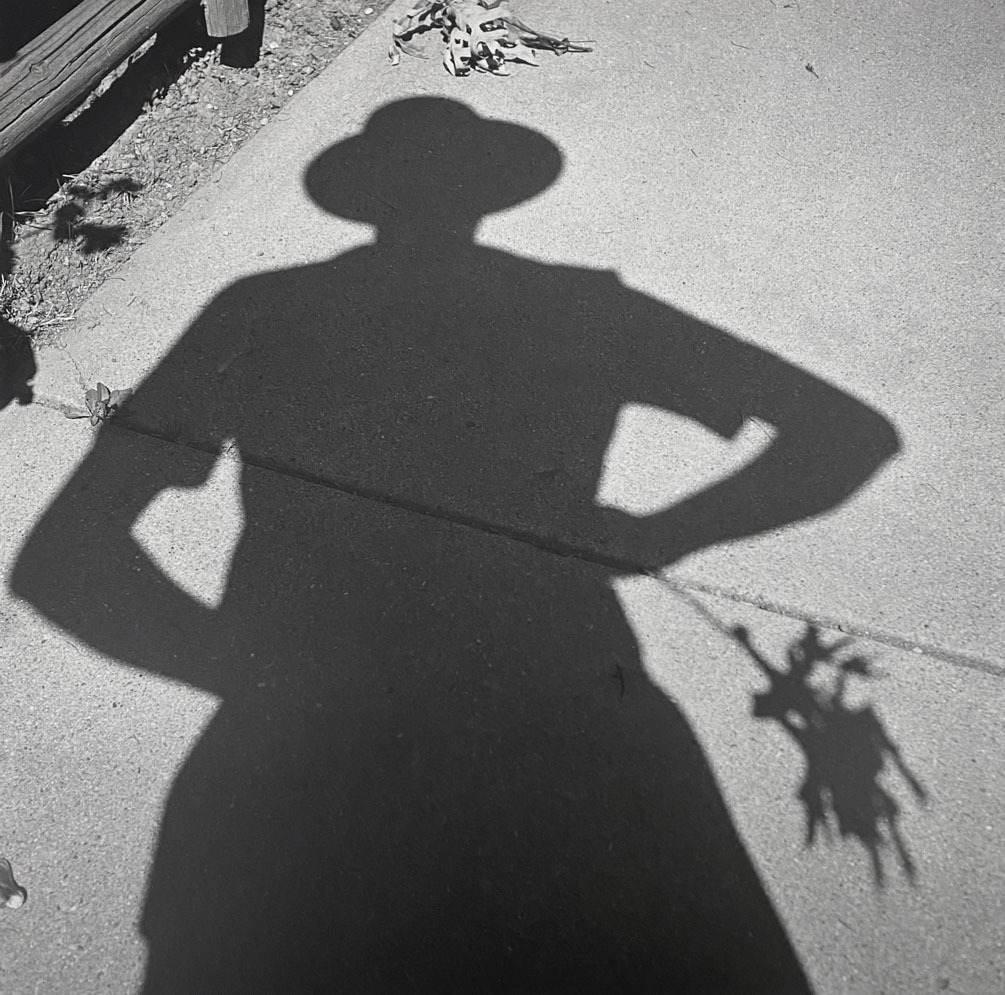
Image : 12 x 12 in ( 30.48 x 30.48 cm )
Print: 20 x 16 inches
Signed and stamped by John Maloof
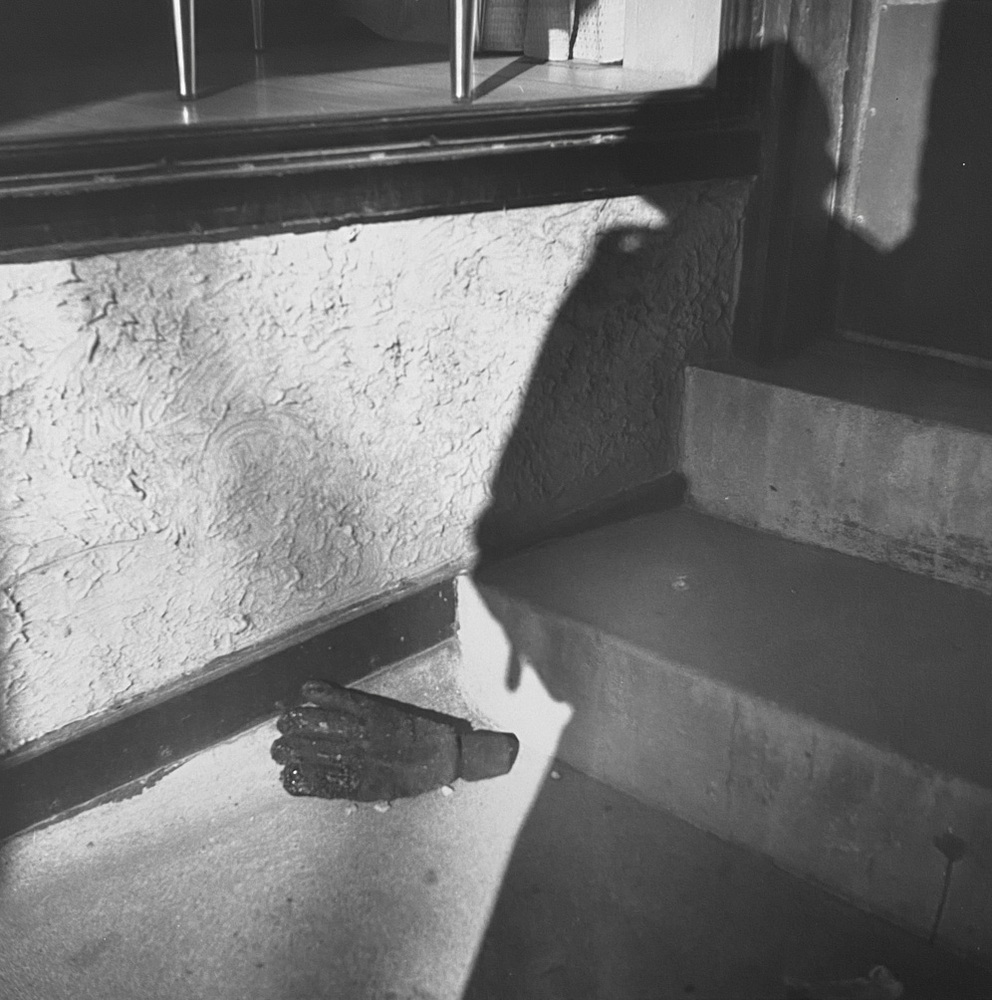
Image : 12 x 12 in ( 30.48 x 30.48 cm )
Print: 20 x 16 inches
Signed and stamped by John Maloof
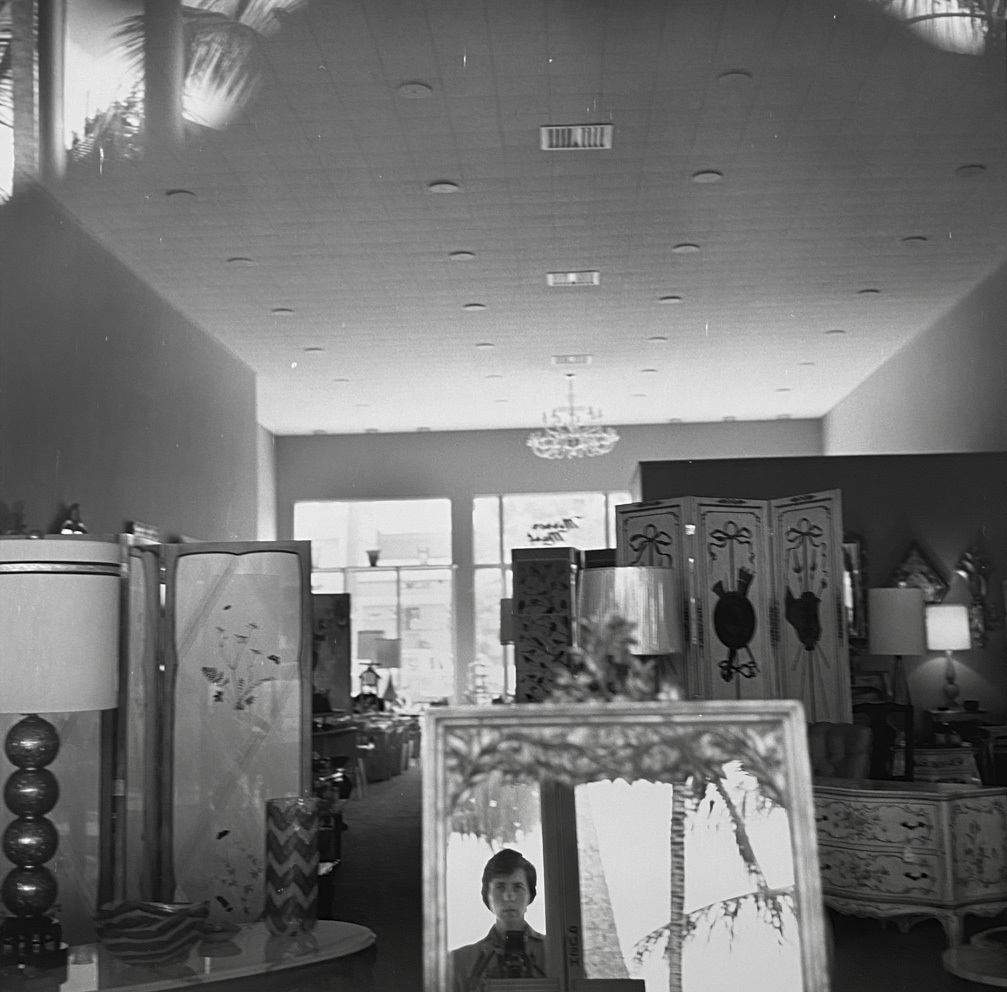
Image : 12 x 12 in ( 30.48 x 30.48 cm )
Print: 20 x 16 inches
Signed and stamped by John Maloof
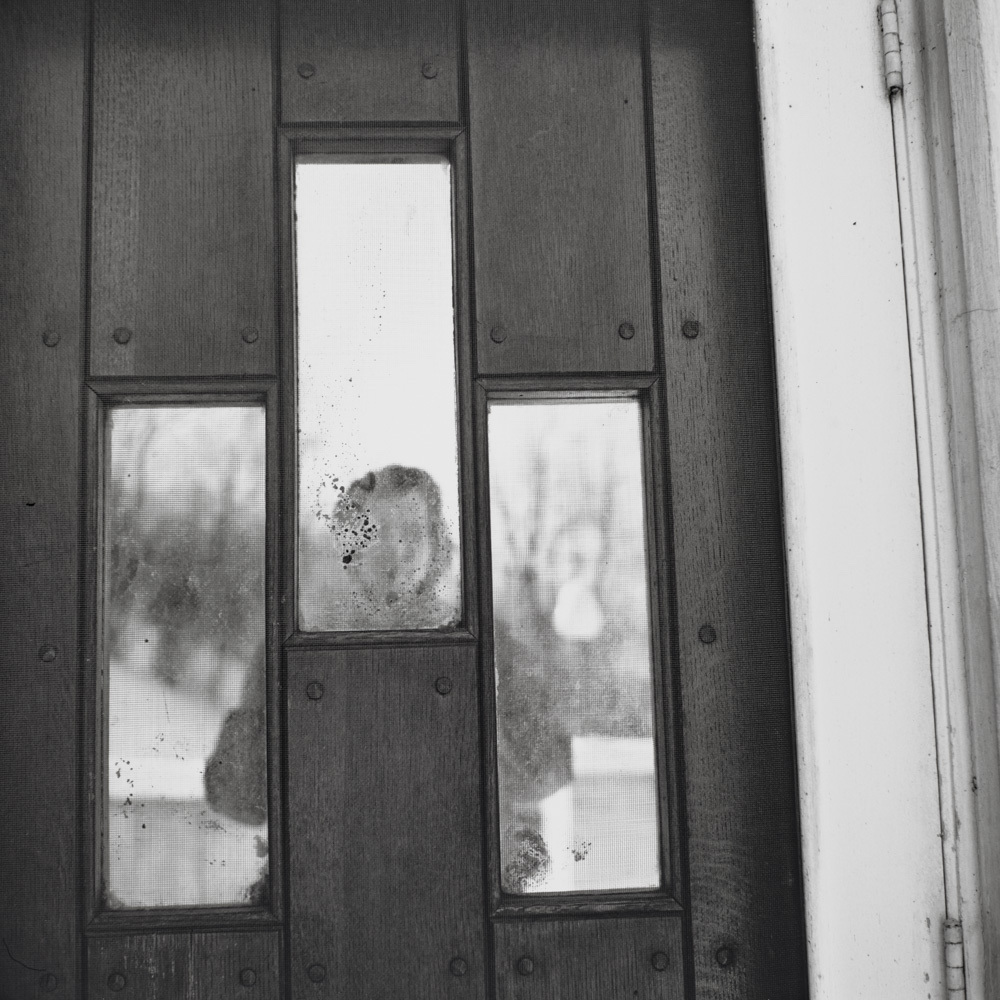
Image : 12 x 12 in ( 30.48 x 30.48 cm )
Print: 20 x 16 inches
Signed and stamped by John Maloof
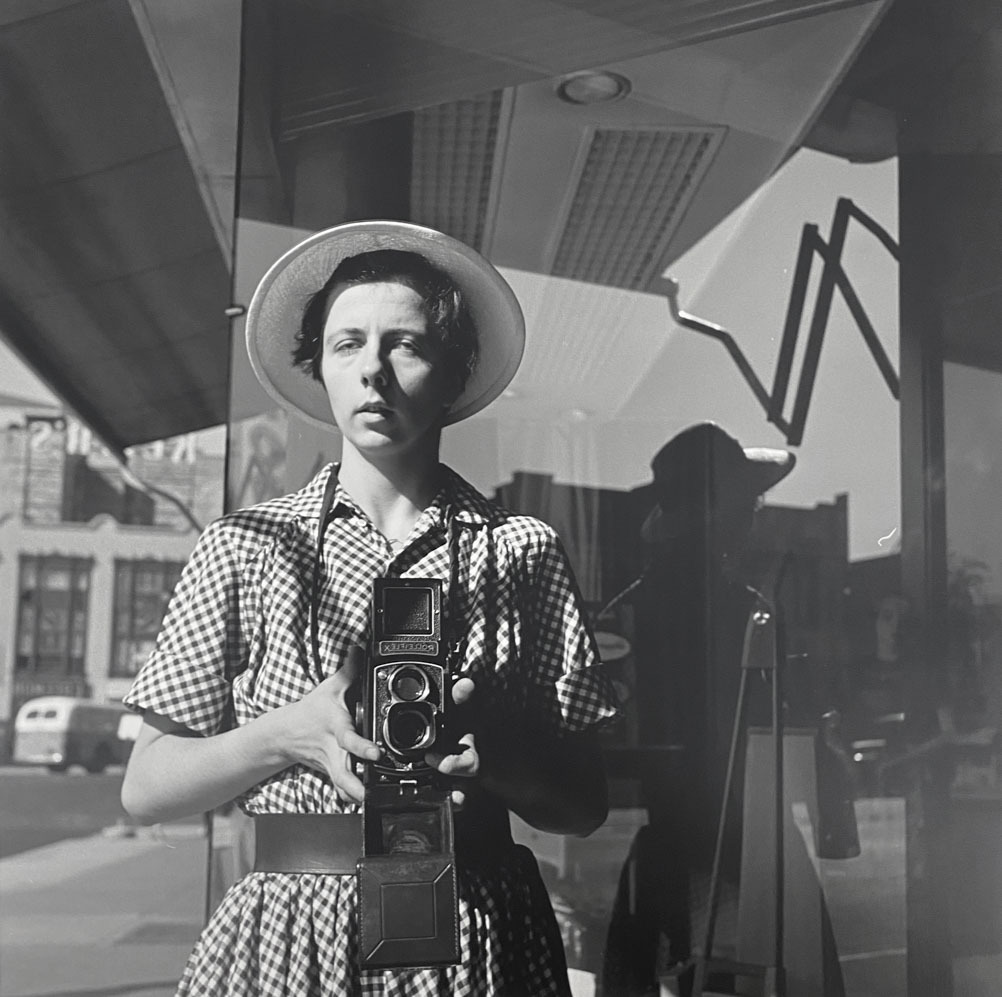
Image : 12 x 12 in ( 30.48 x 30.48 cm )
Print: 20 x 16 inches
Signed and stamped by John Maloof
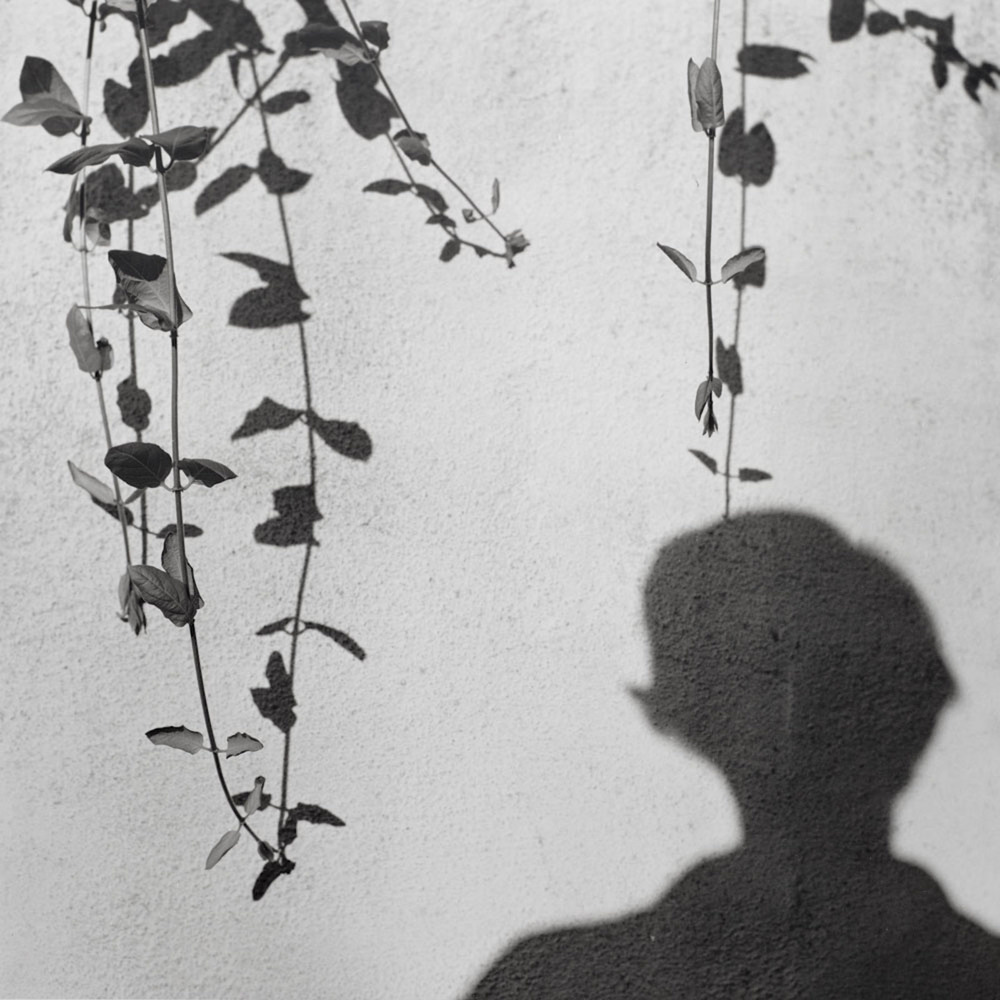
Image : 12 x 12 in ( 30.48 x 30.48 cm )
Print: 20 x 16 inches
Signed and stamped by John Maloof
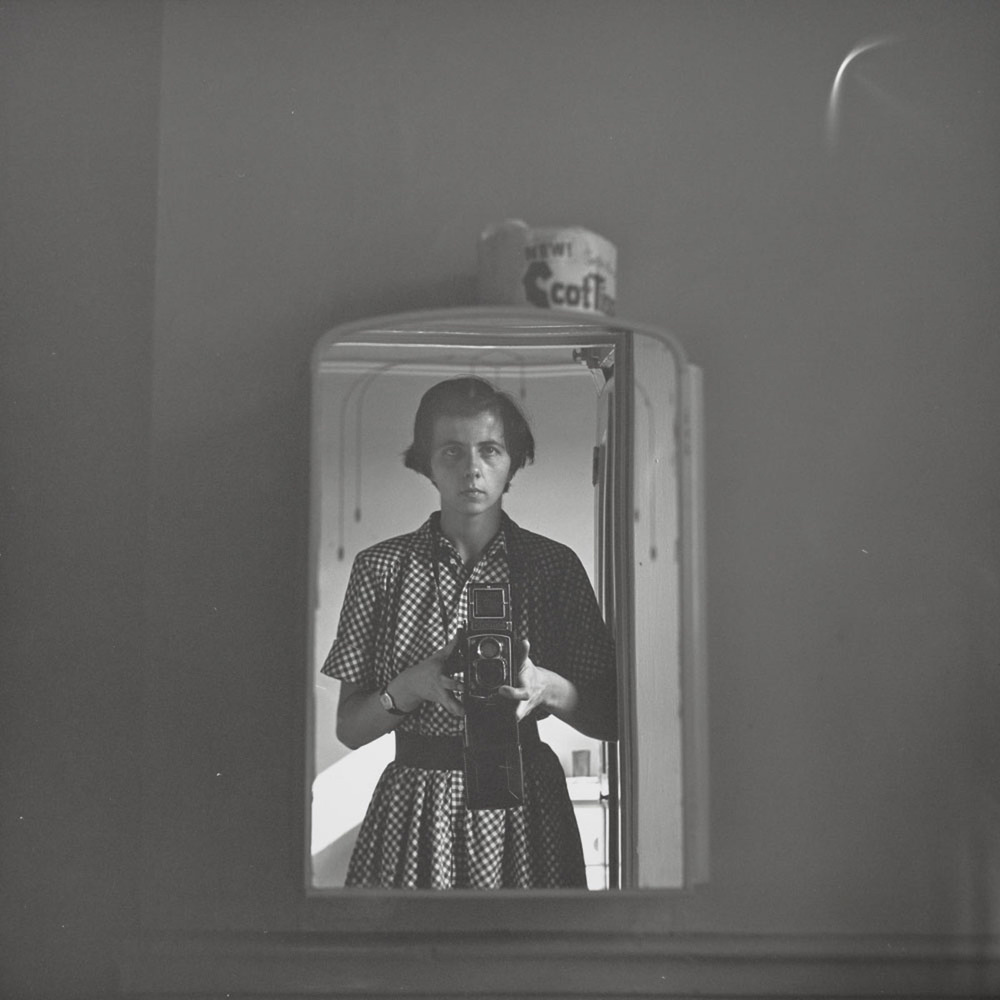
Image : 12 x 12 in ( 30.48 x 30.48 cm )
Print: 20 x 16 inches
Signed and stamped by John Maloof
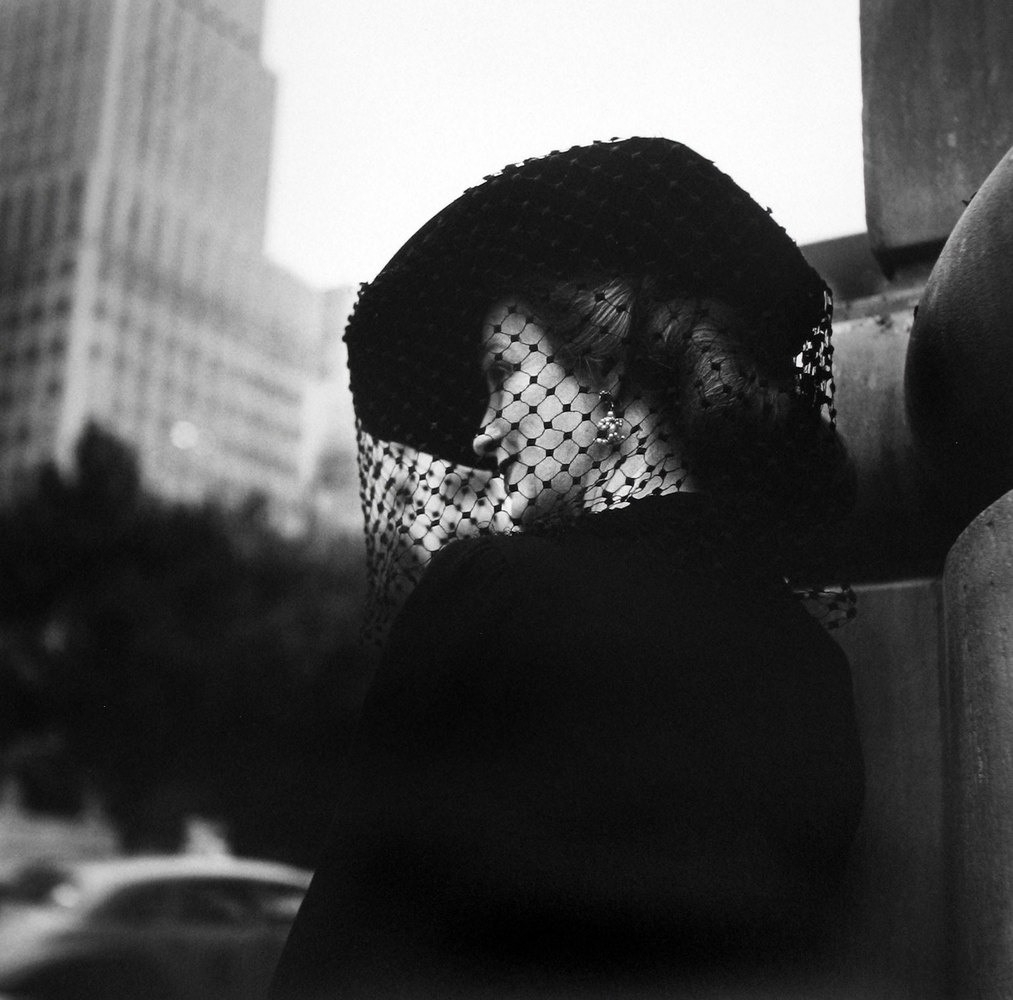
Image: 12 x 12 inches
Print: 16 x 20 inches
Signed and stamped by John Maloof
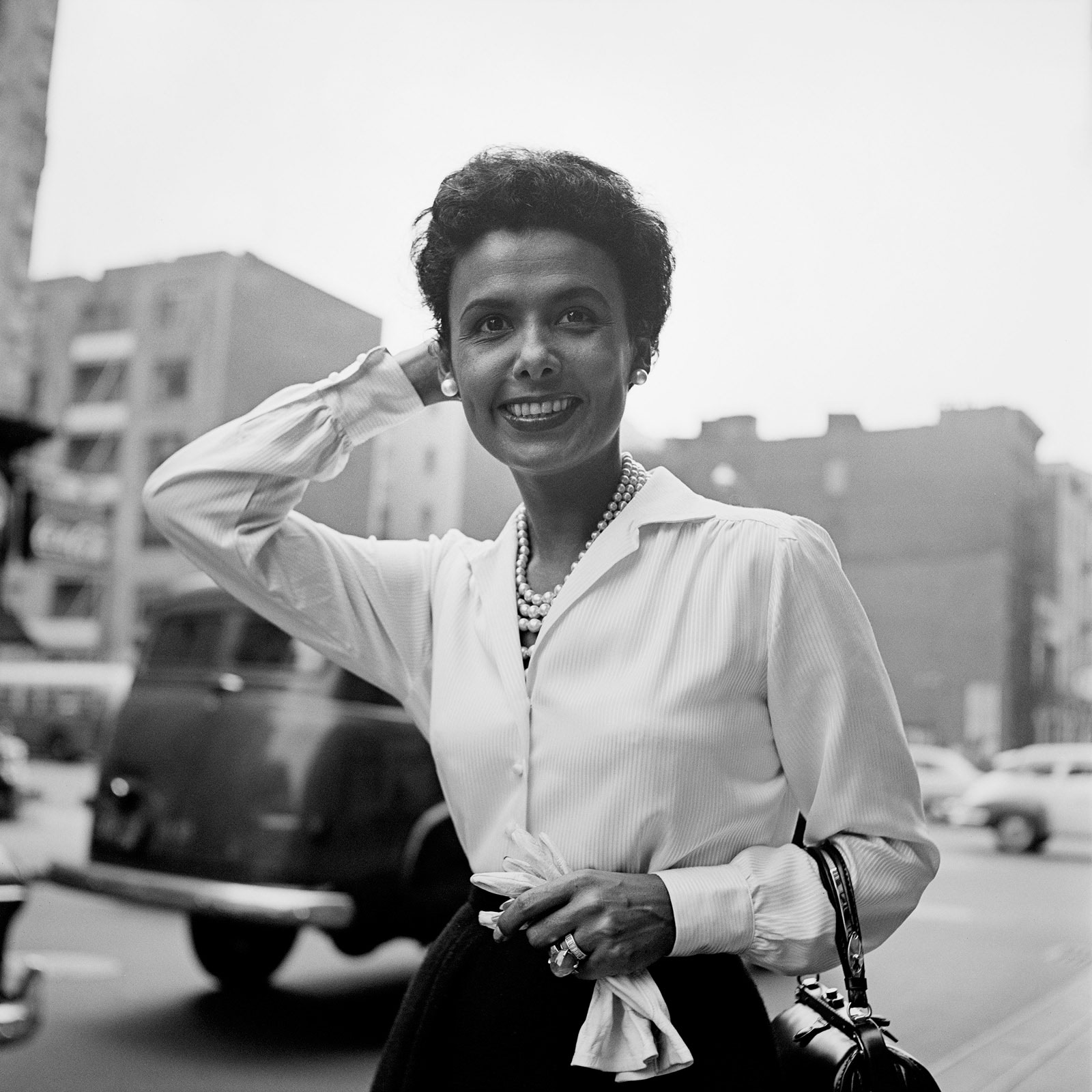
Image: 12 x 12 inches
Print: 16 x 20 inches
Signed and stamped by John Maloof
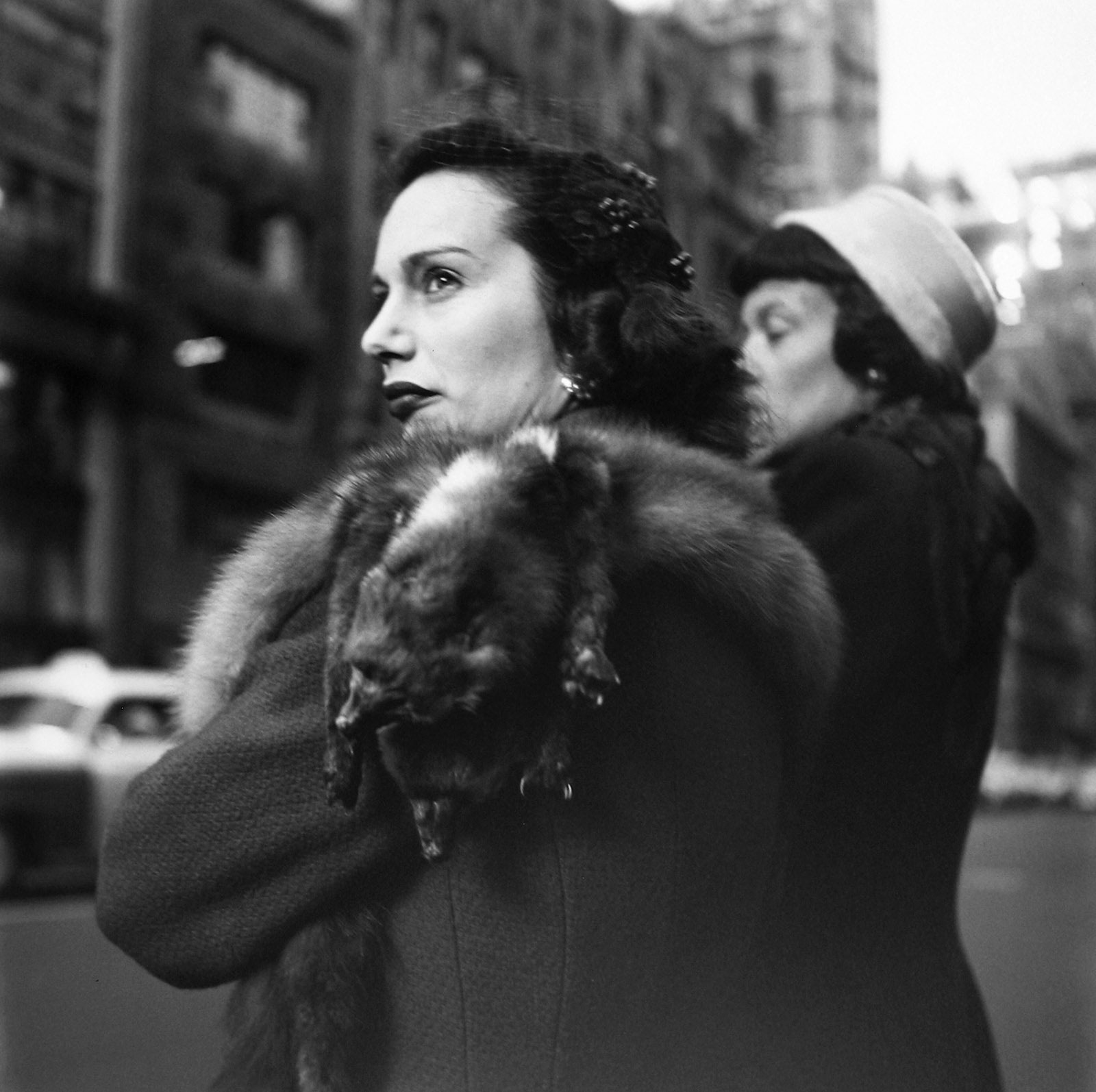
Image: 12 x 12 inches
Print: 16 x 20 inches
Signed and stamped by John Maloof
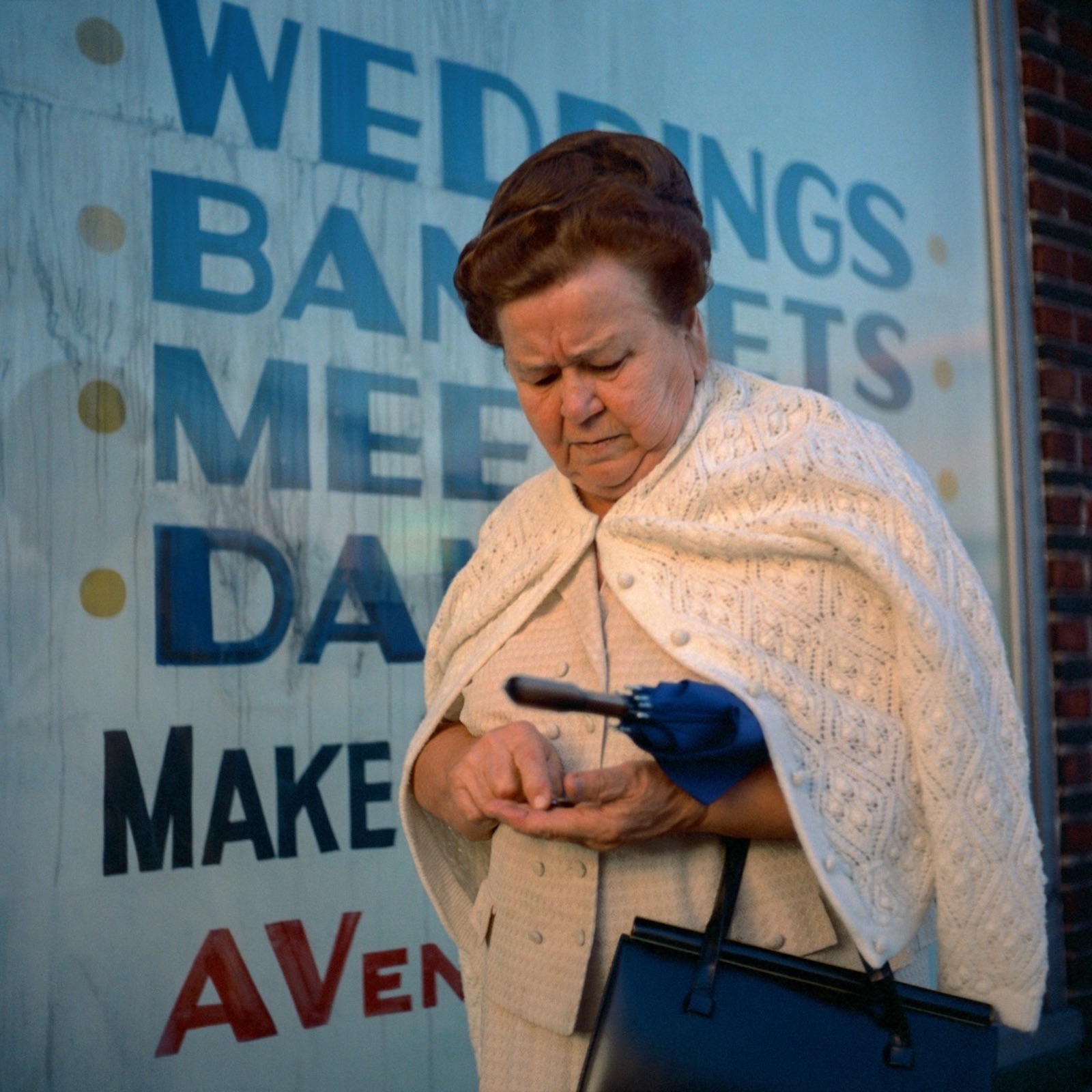
Image: 12 x 12 inches
Print: 16 x 20 inches
Signed and stamped by John Maloof
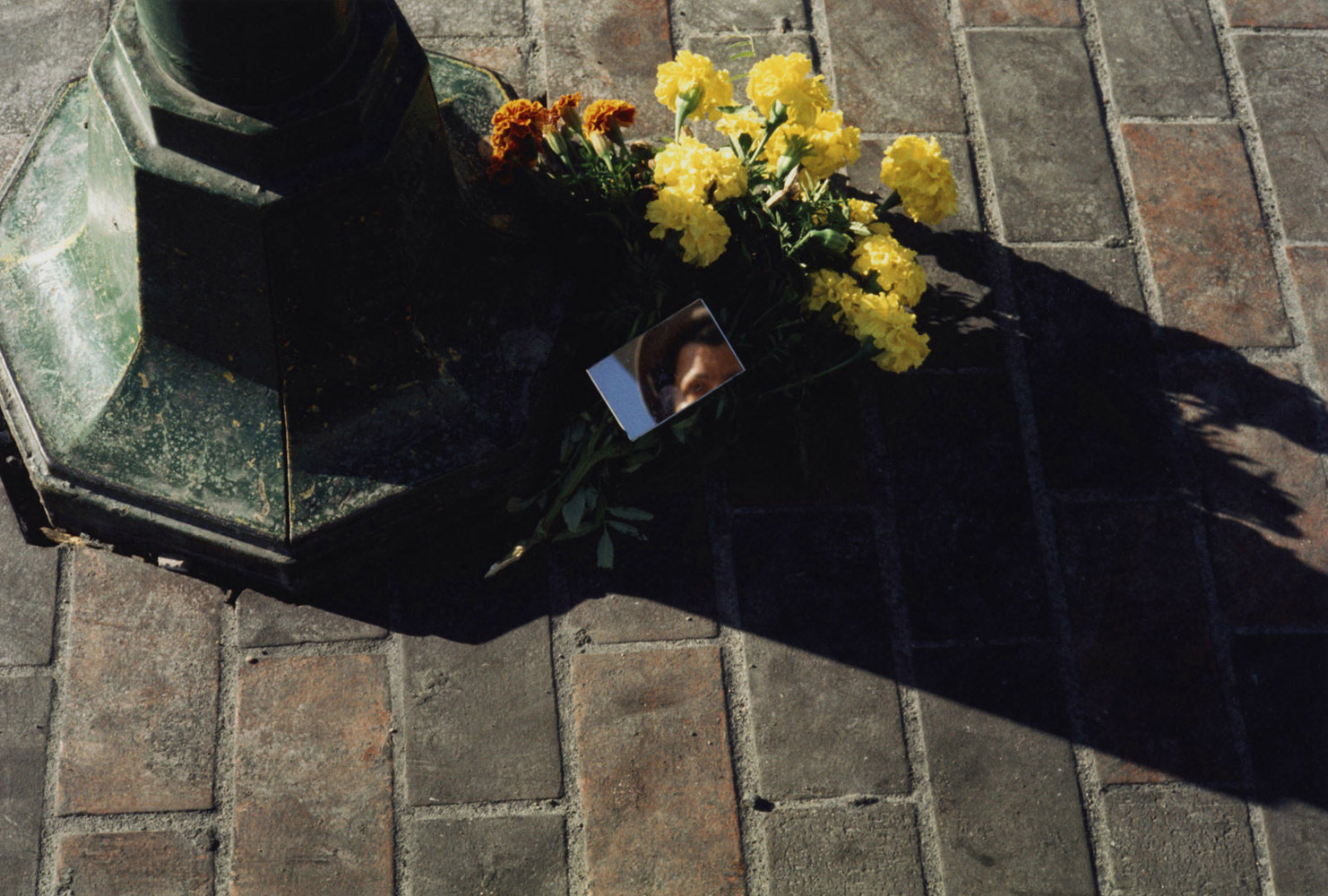
Image: 15 x 10 inches
Print: 16 x 20 inches
Signed and stamped by John Maloof
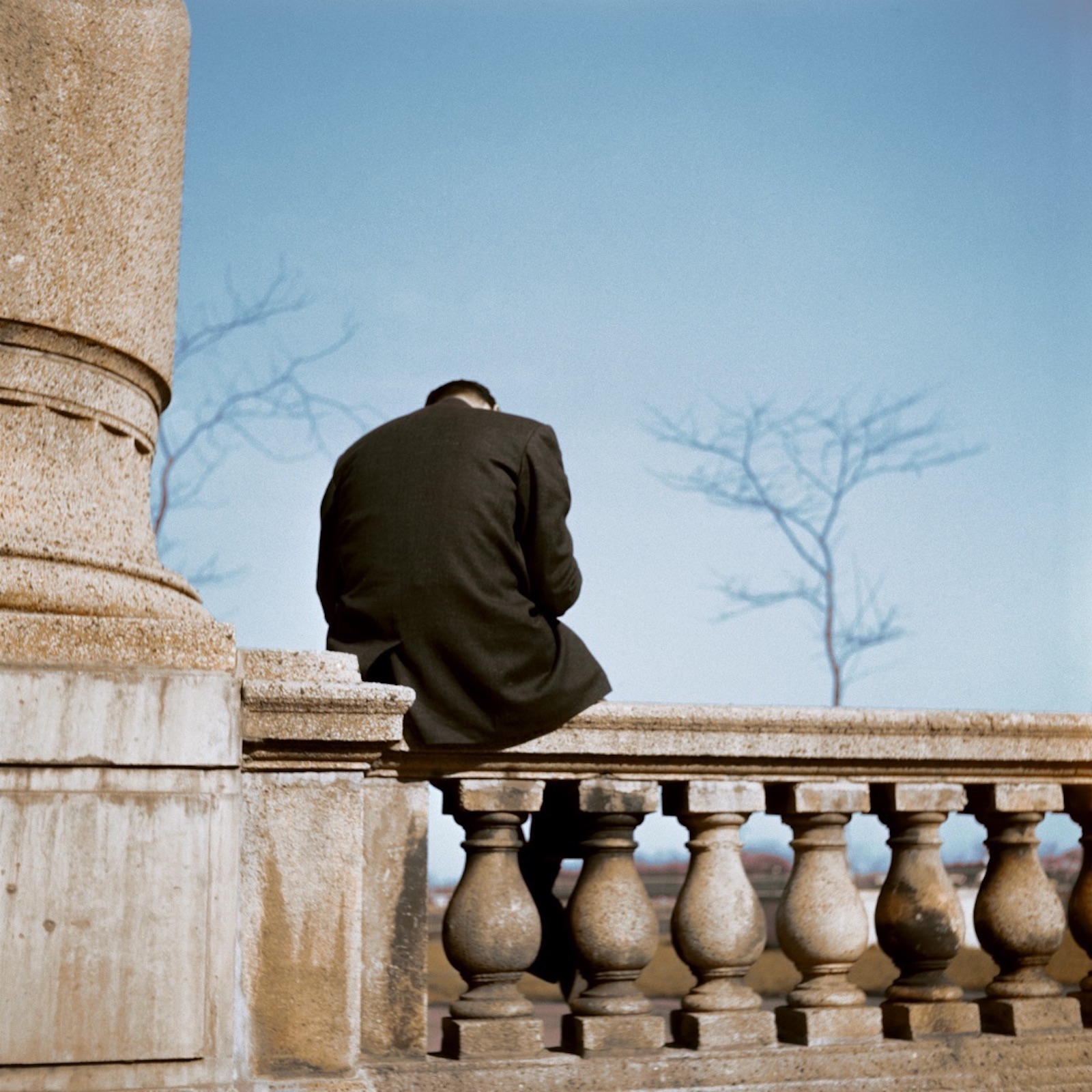
Image: 10 x 15 nches
Print: 16 x 20 inches
Signed and stamped by John Maloof
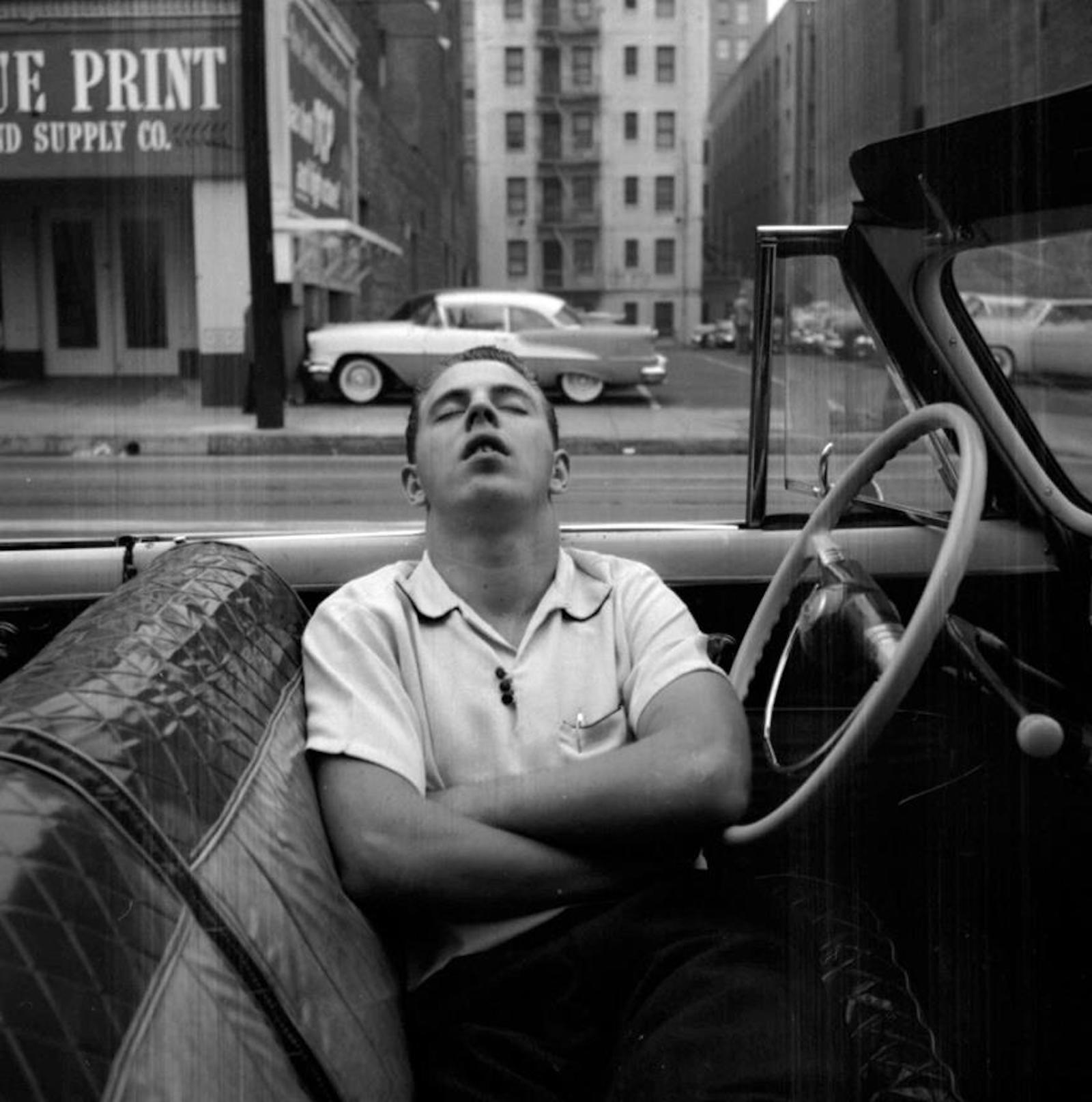
Image: 12 x 12 inches
Print: 16 x 20 inches
Signed and stamped by John Maloof
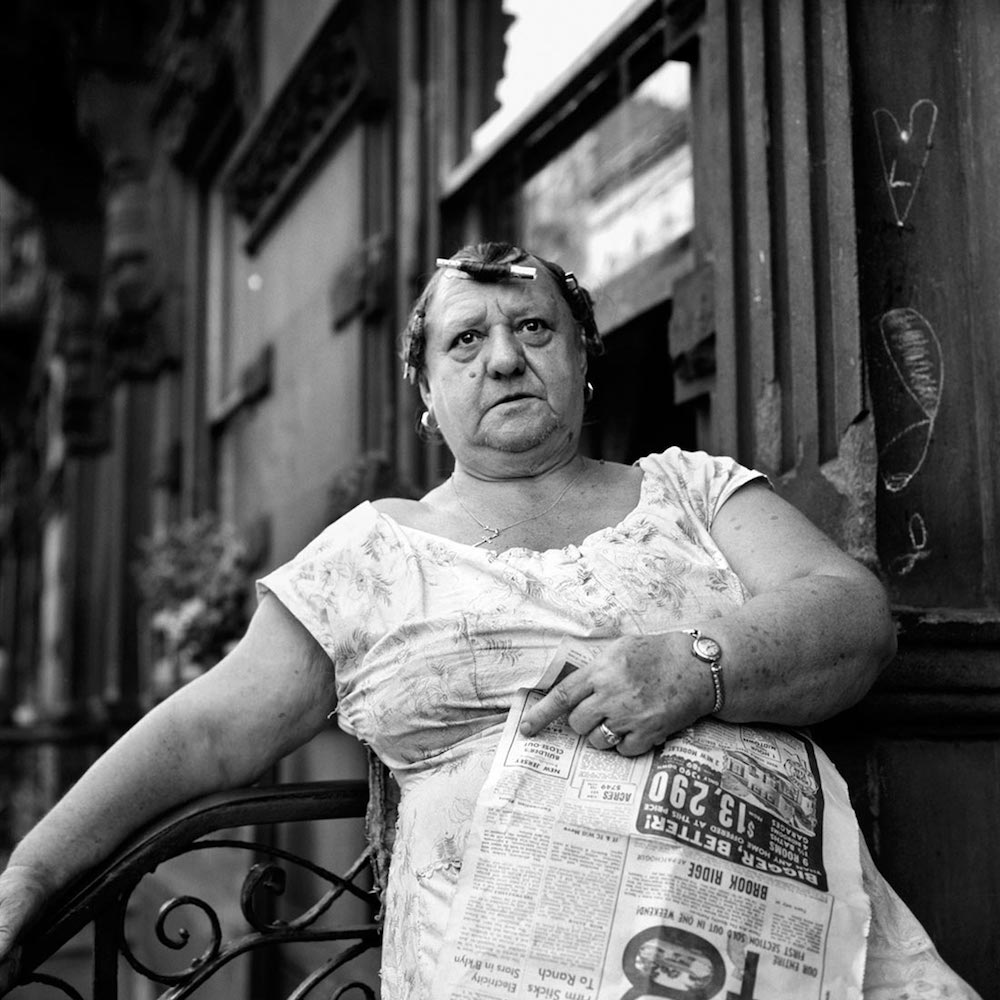
Image: 12 x 12 inches
Print: 16 x 20 inches
Signed and stamped by John Maloof
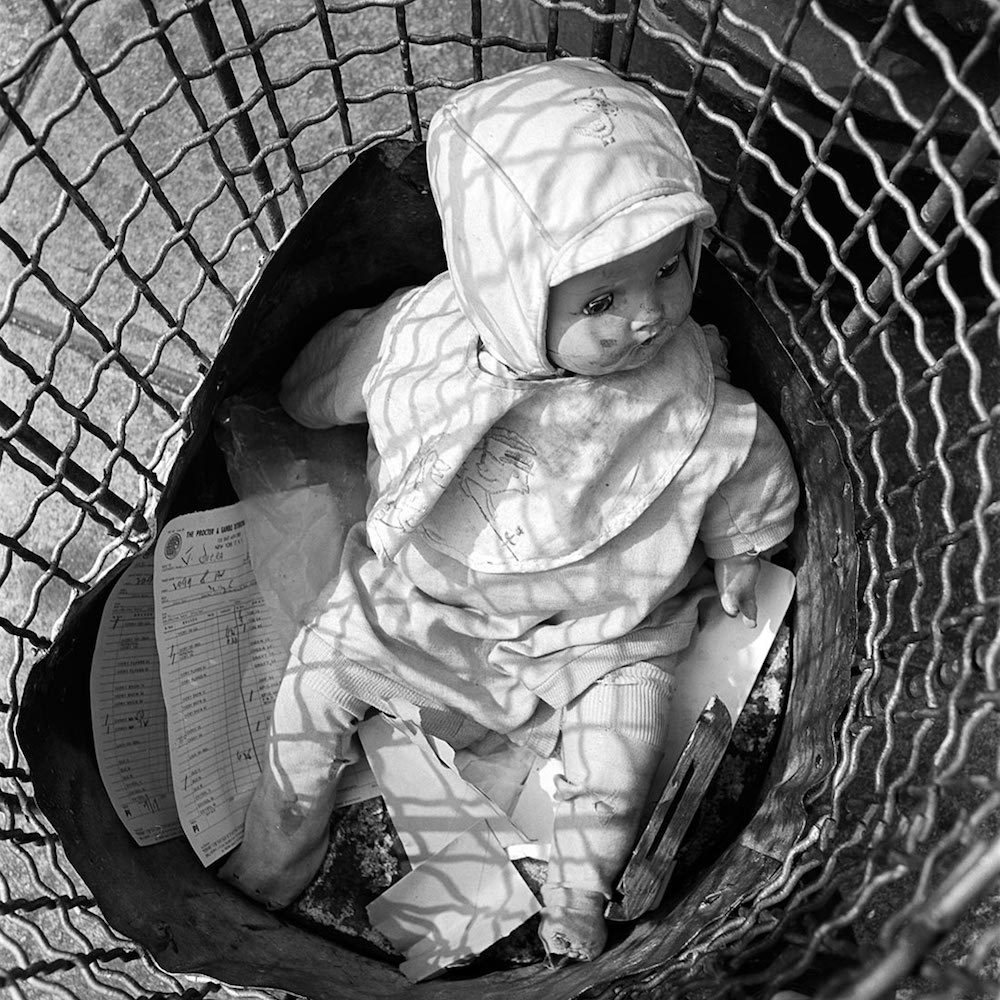
Image: 12 x 12 inches
Print: 16 x 20 inches
Signed and stamped by John Maloof
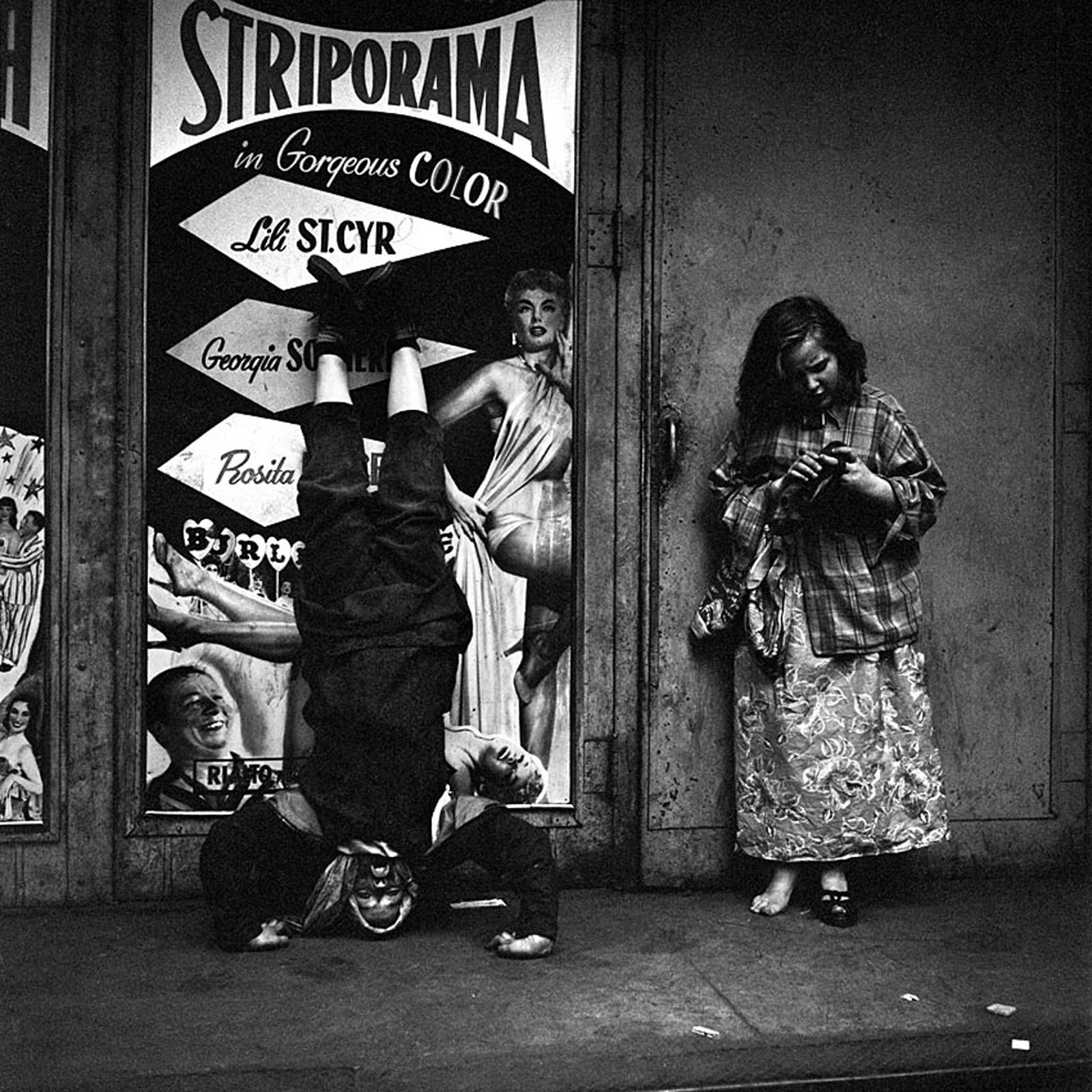
Image: 12 x 12 inches
Print: 16 x 20 inches
Signed and stamped by John Maloof
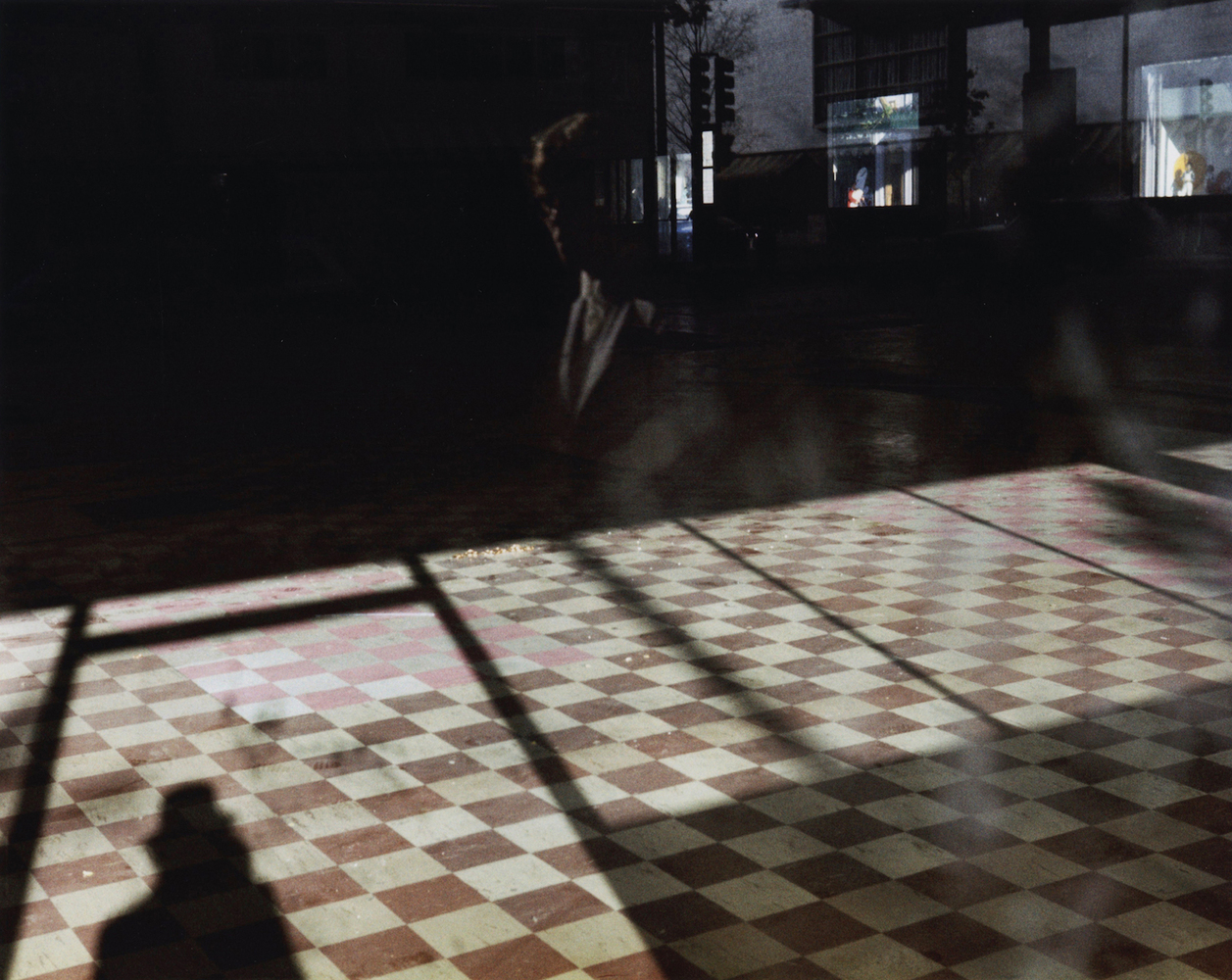
Image: 10 x 15 inches
Print: 16 x 20 inches
Signed and stamped by John Maloof
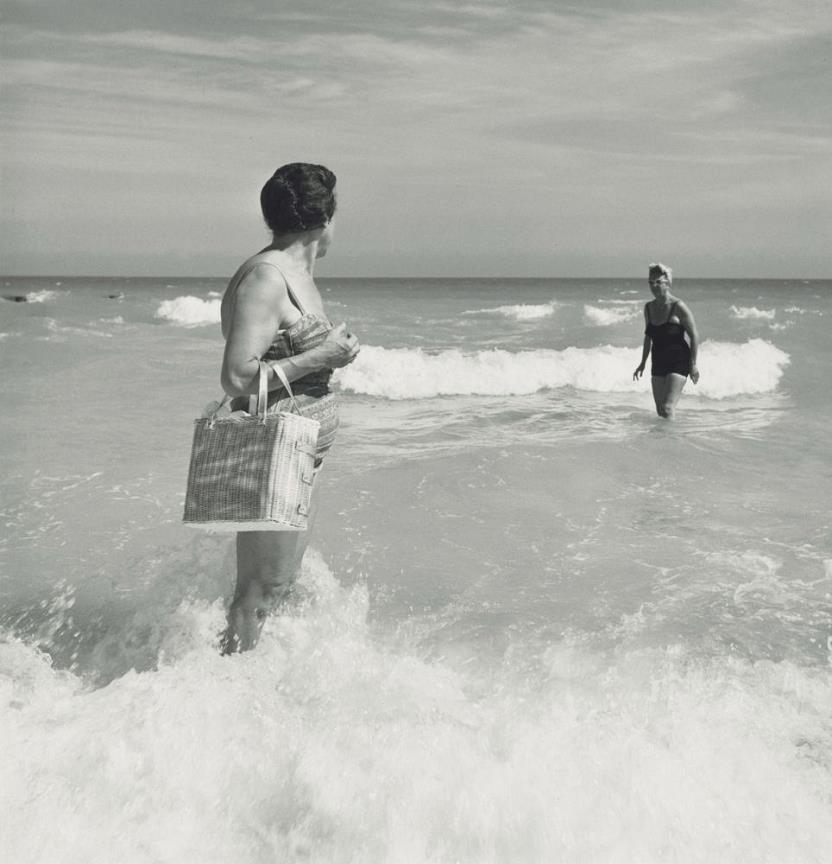
Image: 12 x 12 inches
Print: 16 x 20 inches
Signed and stamped by John Maloof
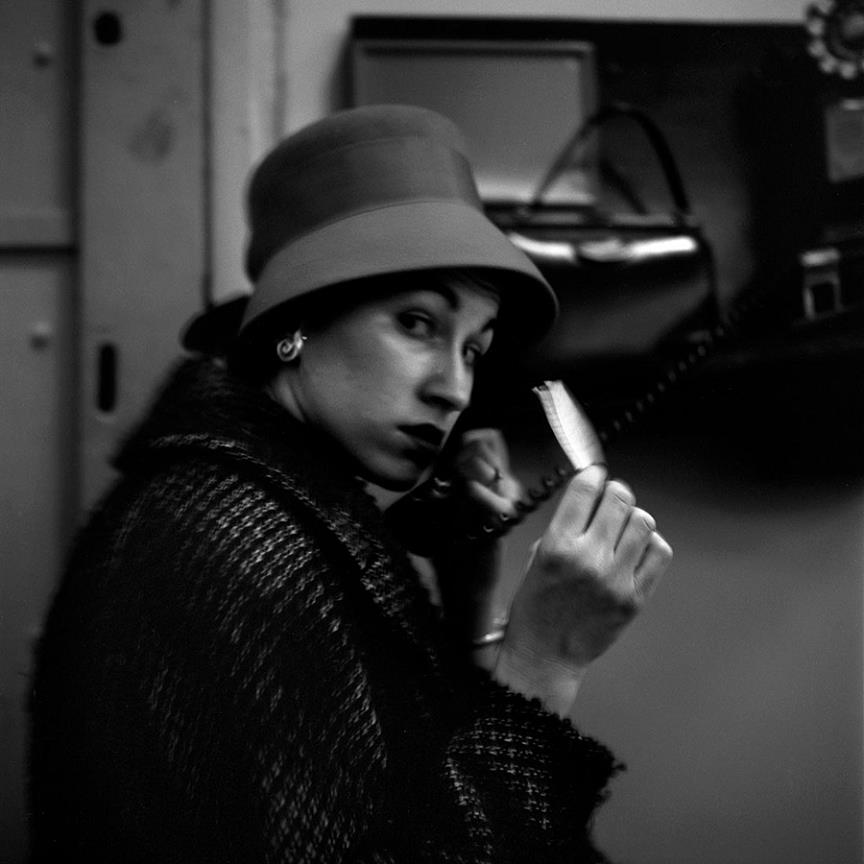
Image: 12 x 12 inches
Print: 16 x 20 inches
Signed and stamped by John Maloof
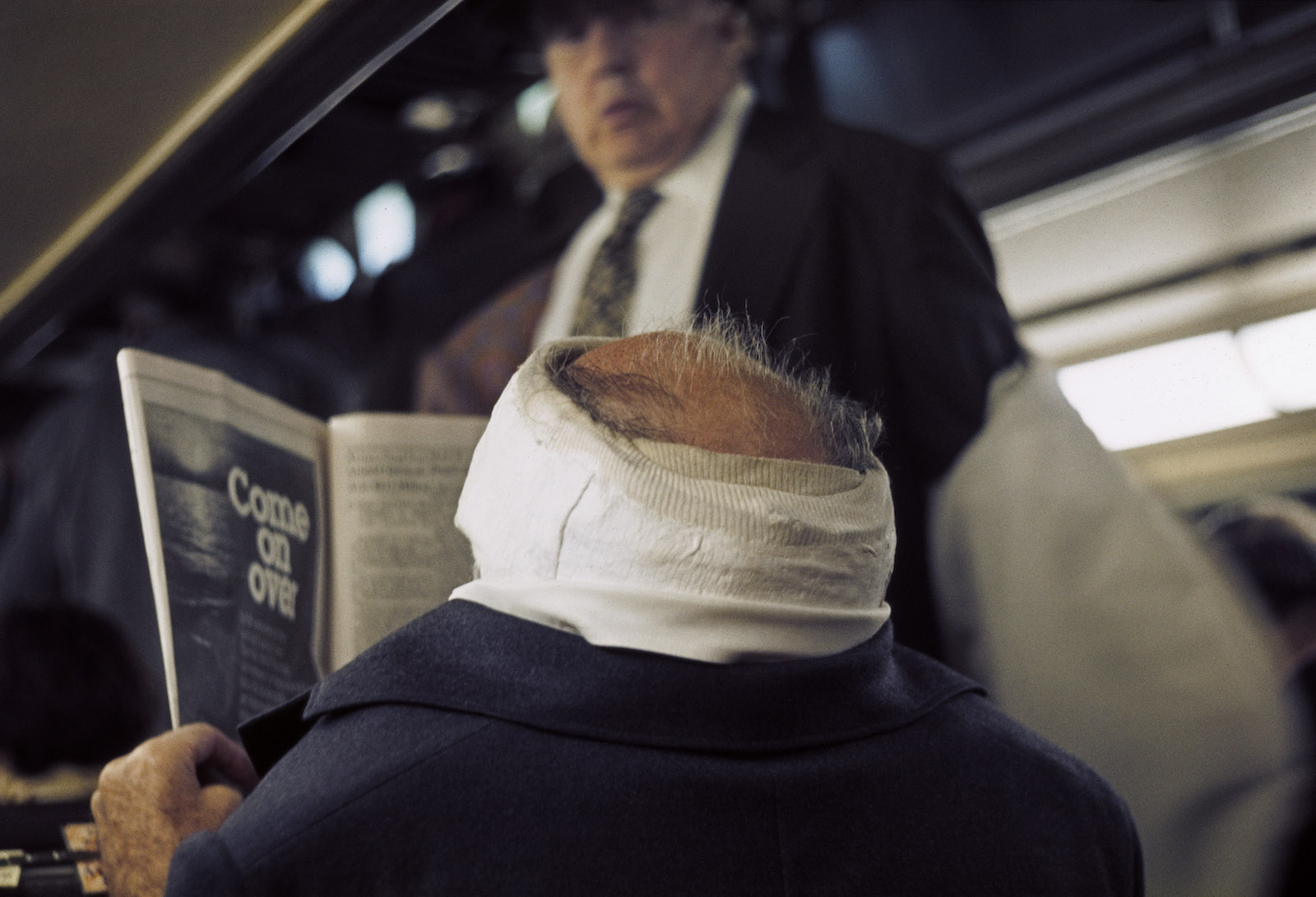
Image: 10 x 15 nches
Print: 16 x 20 inches
Signed and stamped by John Maloof
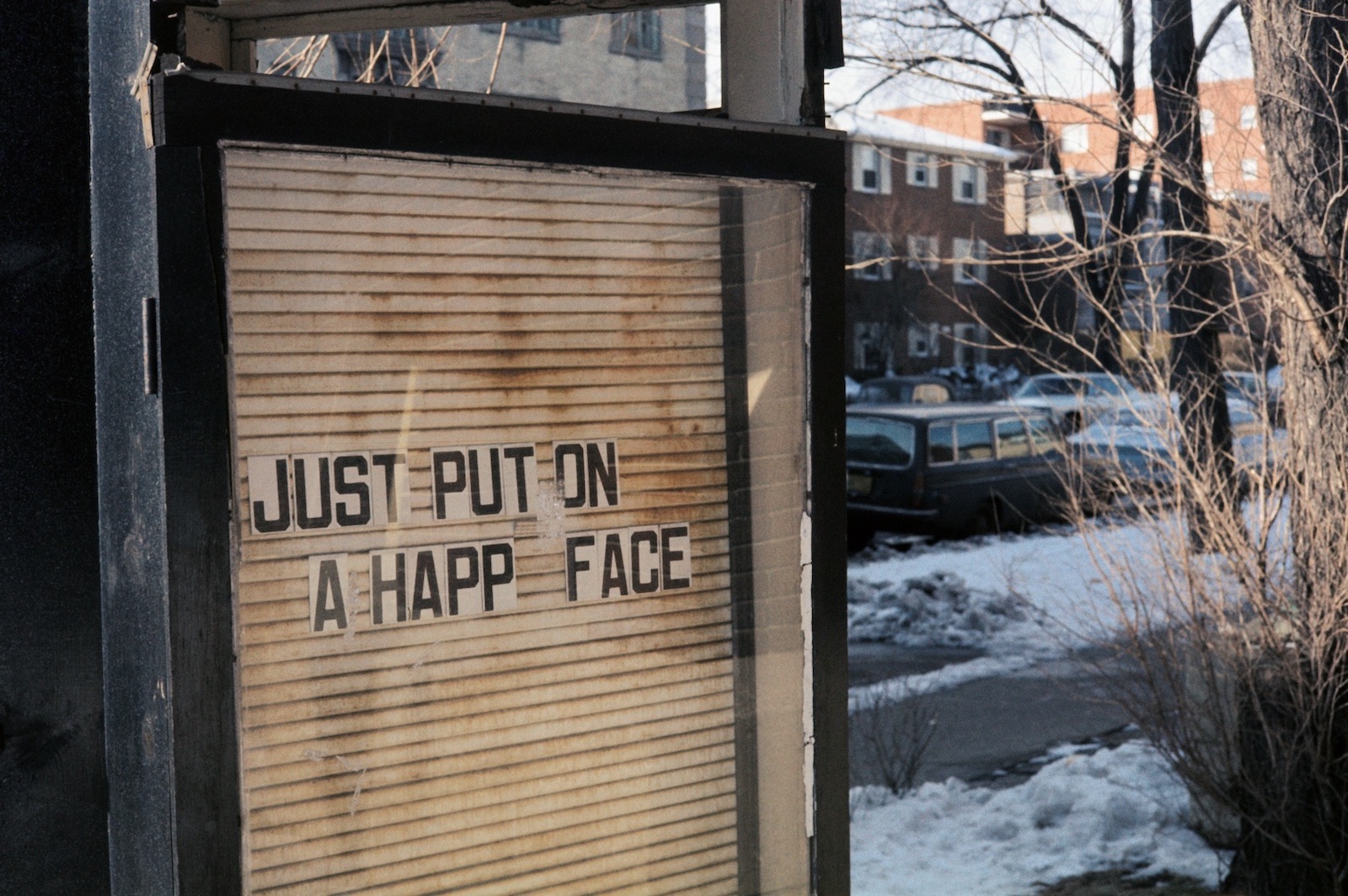
Image: 10 x 15 nches
Print: 16 x 20 inches
Signed and stamped by John Maloof
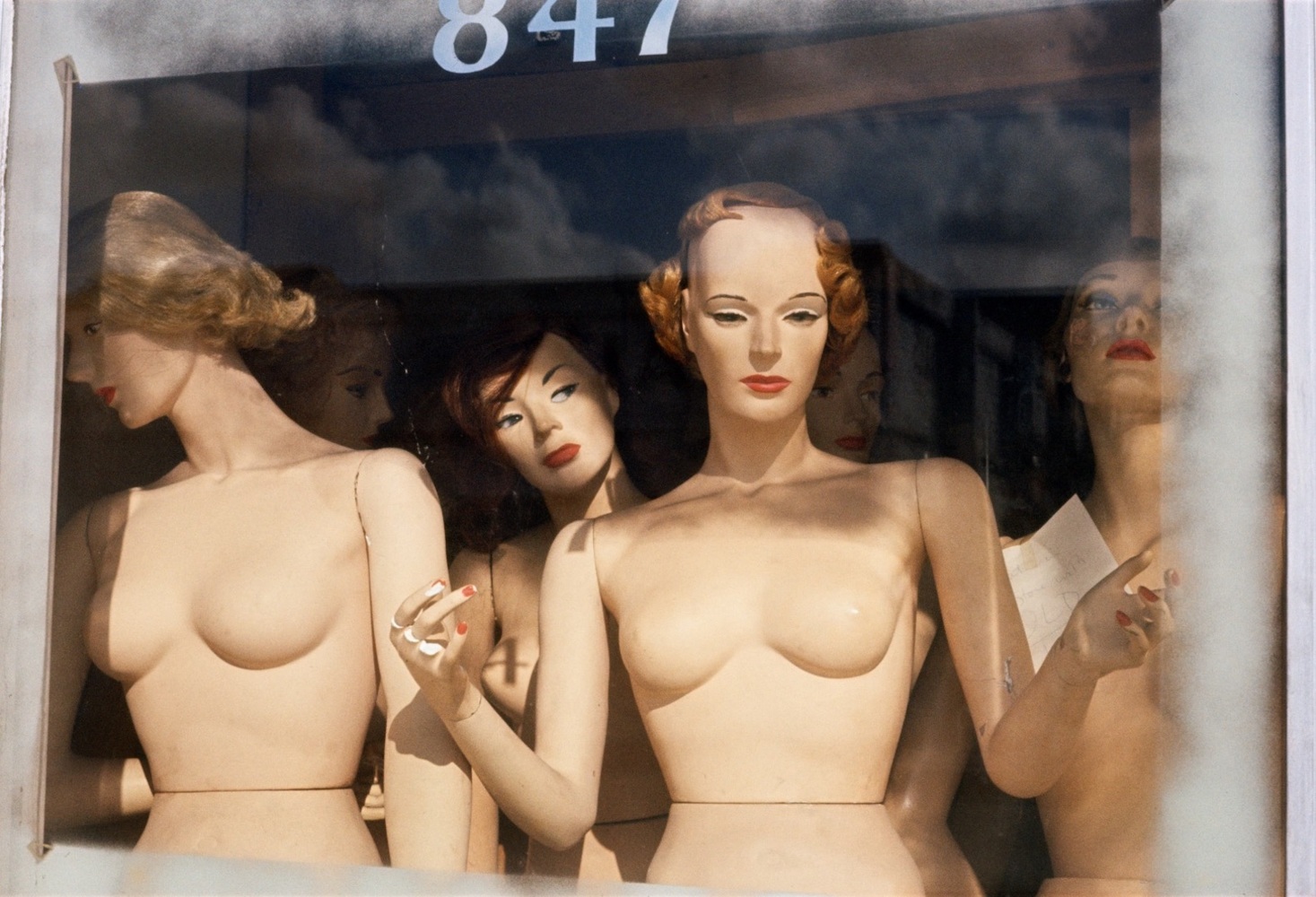
Image: 10 x 15 nches
Print: 16 x 20 inches
Signed and stamped by John Maloof
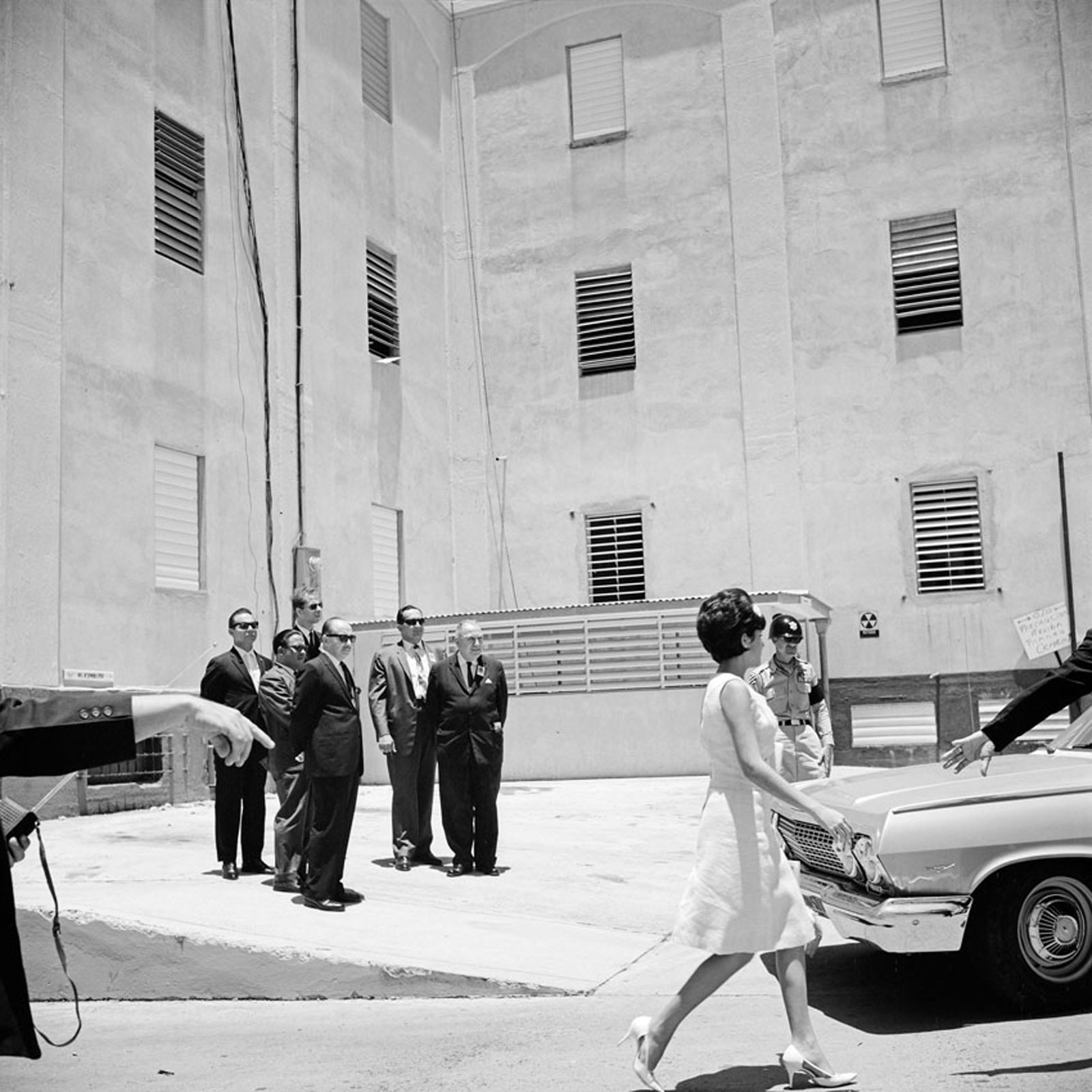
Image: 12 x 12 inches
Print: 16 x 20 inches
Signed and stamped by John Maloof
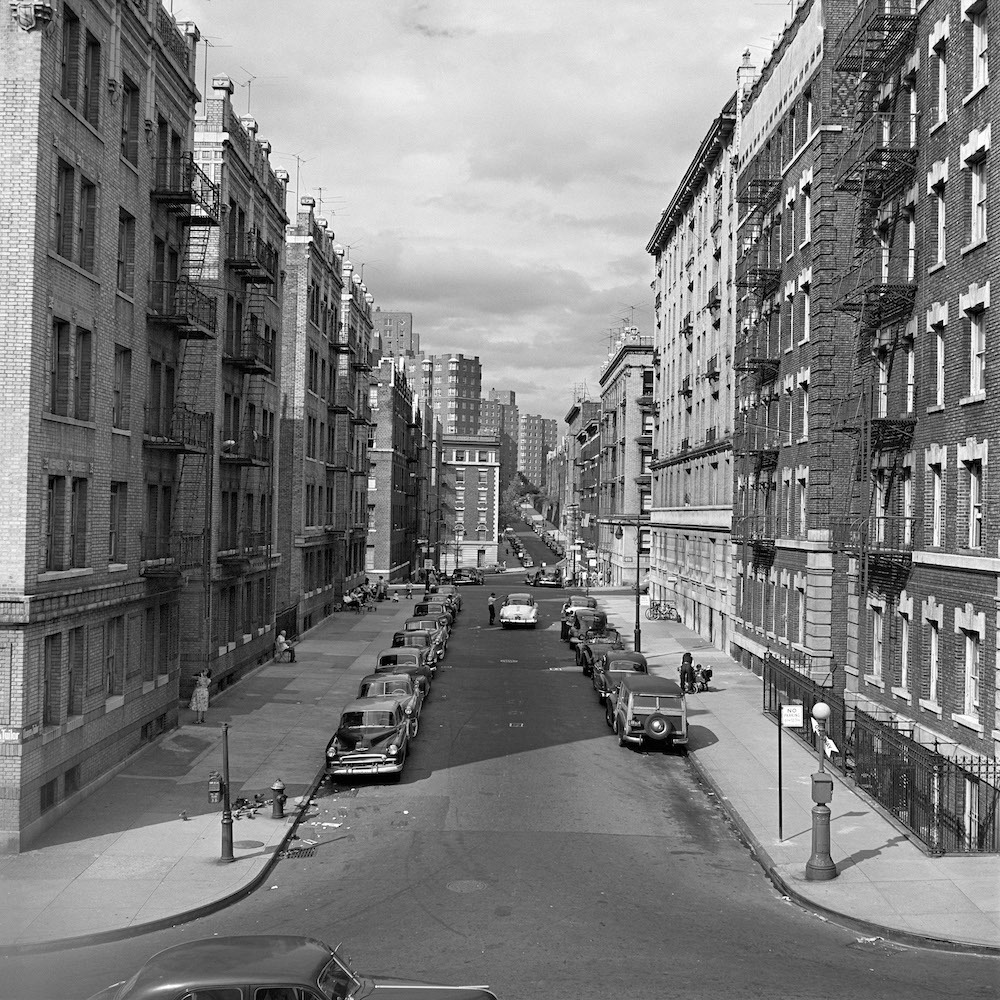
Image: 12 x 12 inches
Print: 16 x 20 inches
Signed and stamped by John Maloof
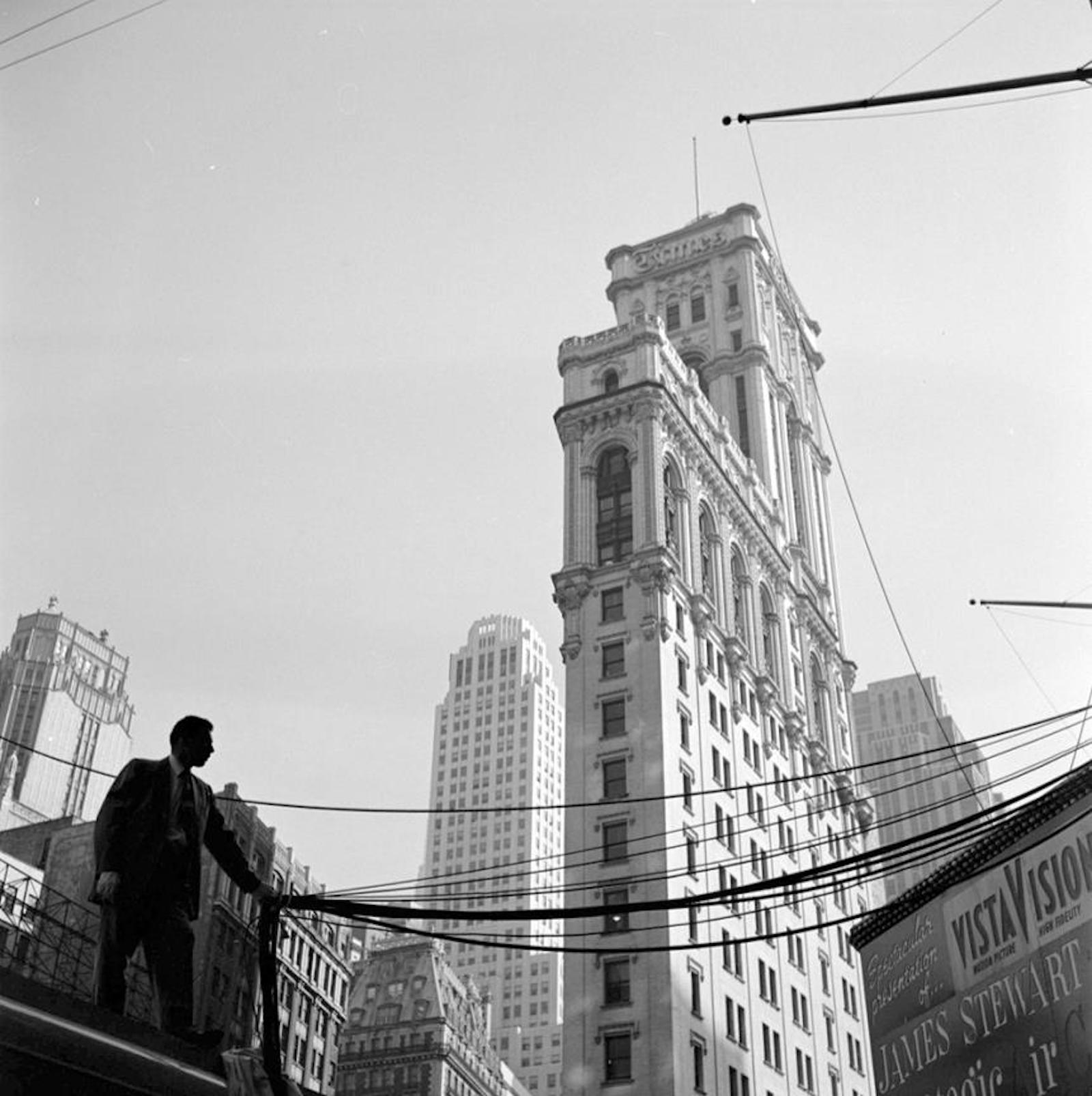
Image: 12 x 12 inches
Print: 16 x 20 inches
Signed and stamped by John Maloof
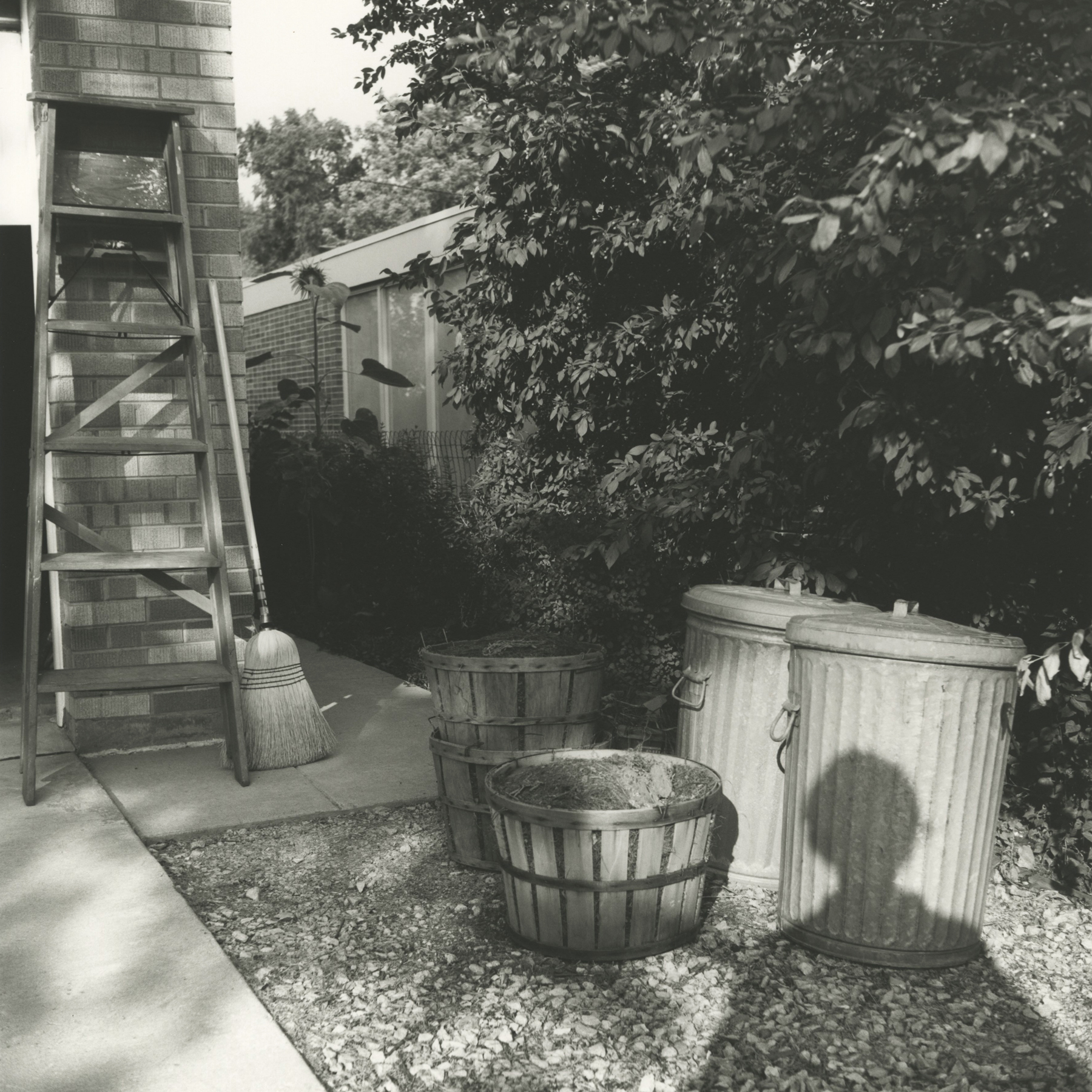
Image: 12 x 12 inches
Print: 16 x 20 inches
Signed and stamped by John Maloof
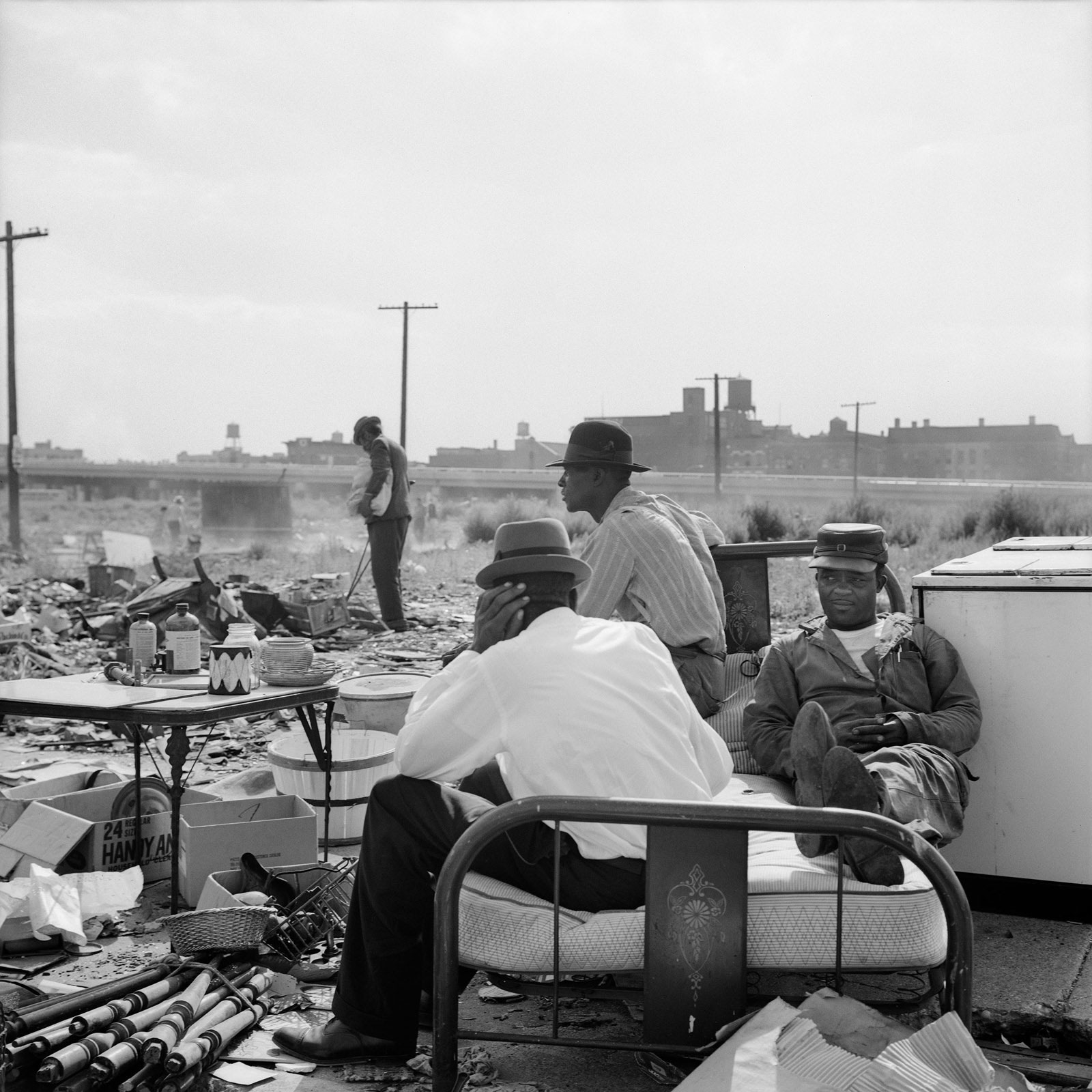
Image: 12 x 12 inches
Print: 16 x 20 inches
Signed and stamped by John Maloof
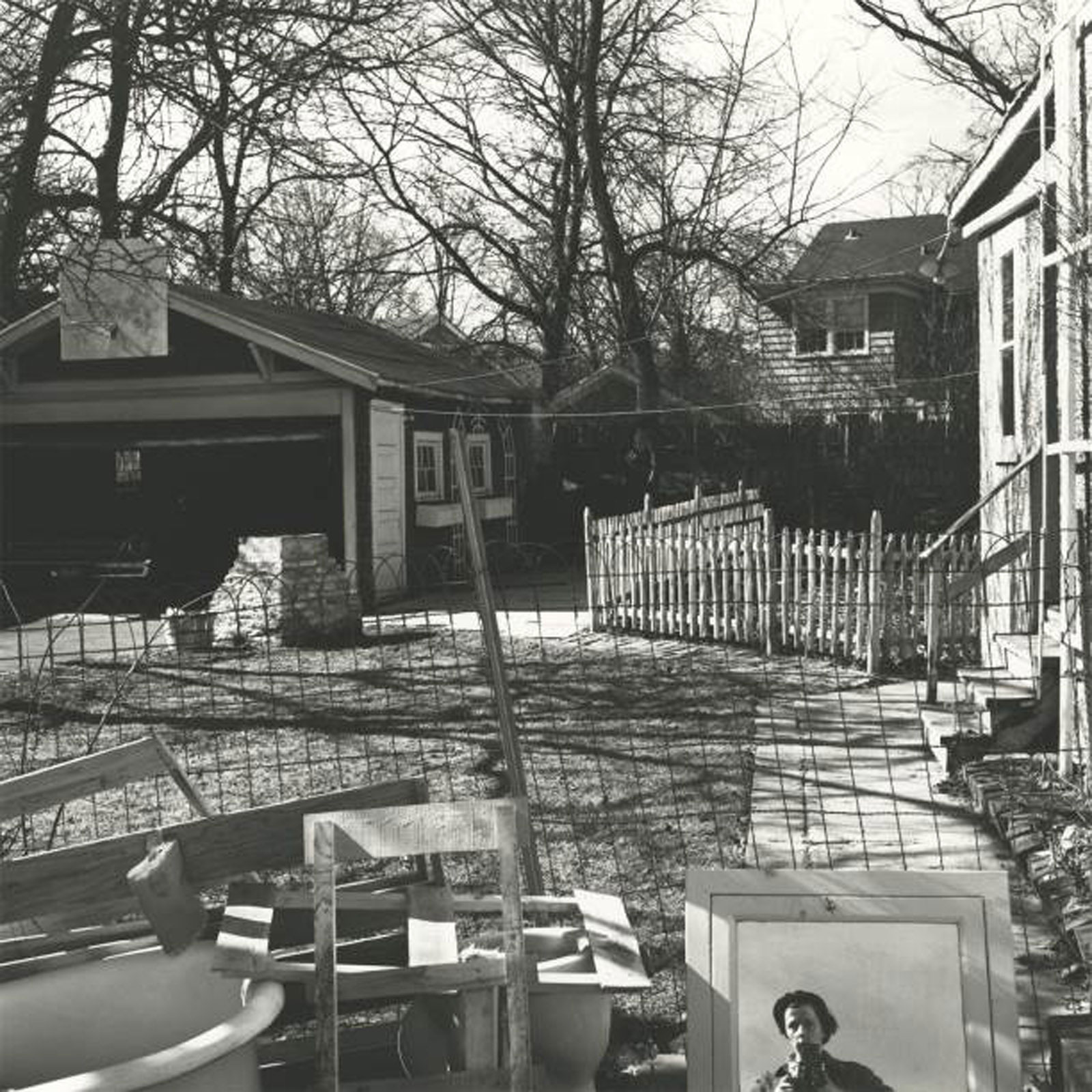
Image: 12 x 12 inches
Print: 16 x 20 inches
Signed and stamped by John Maloof
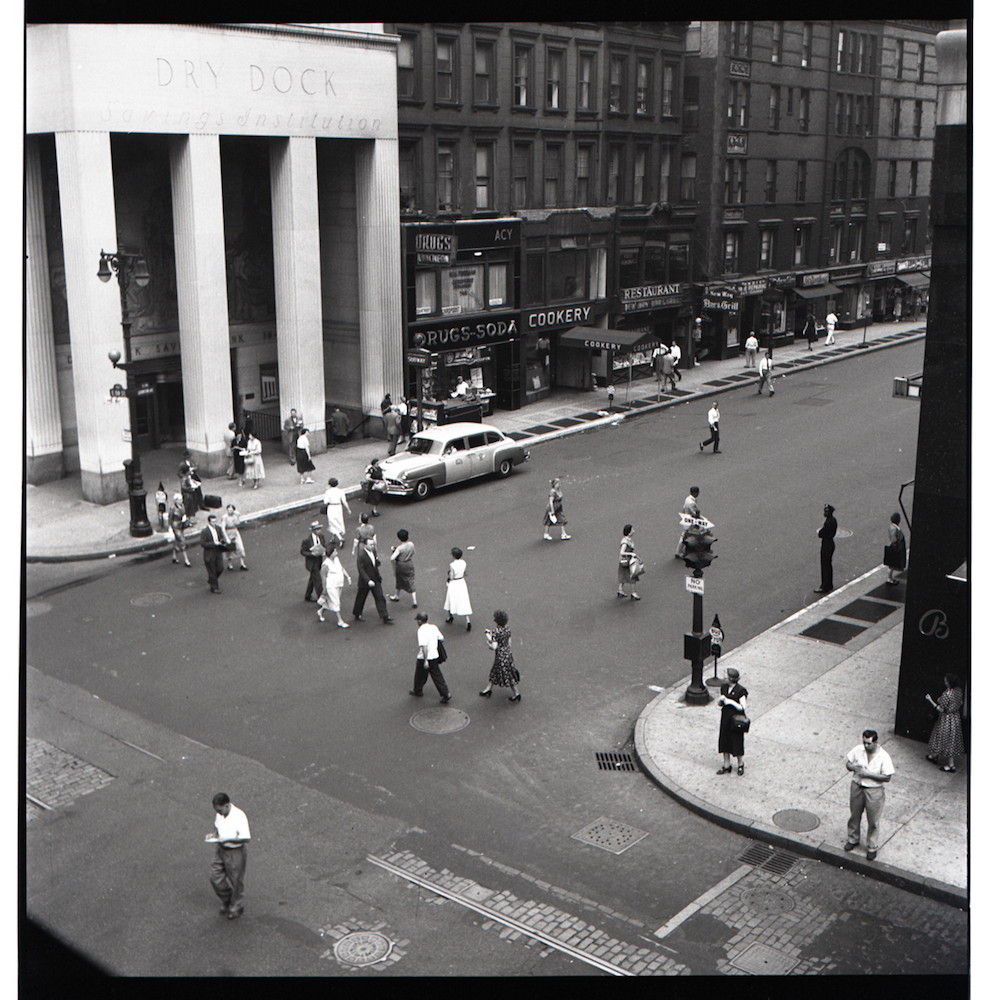
Image: 12 x 12 inches
Print: 16 x 20 inches
Signed and stamped by John Maloof
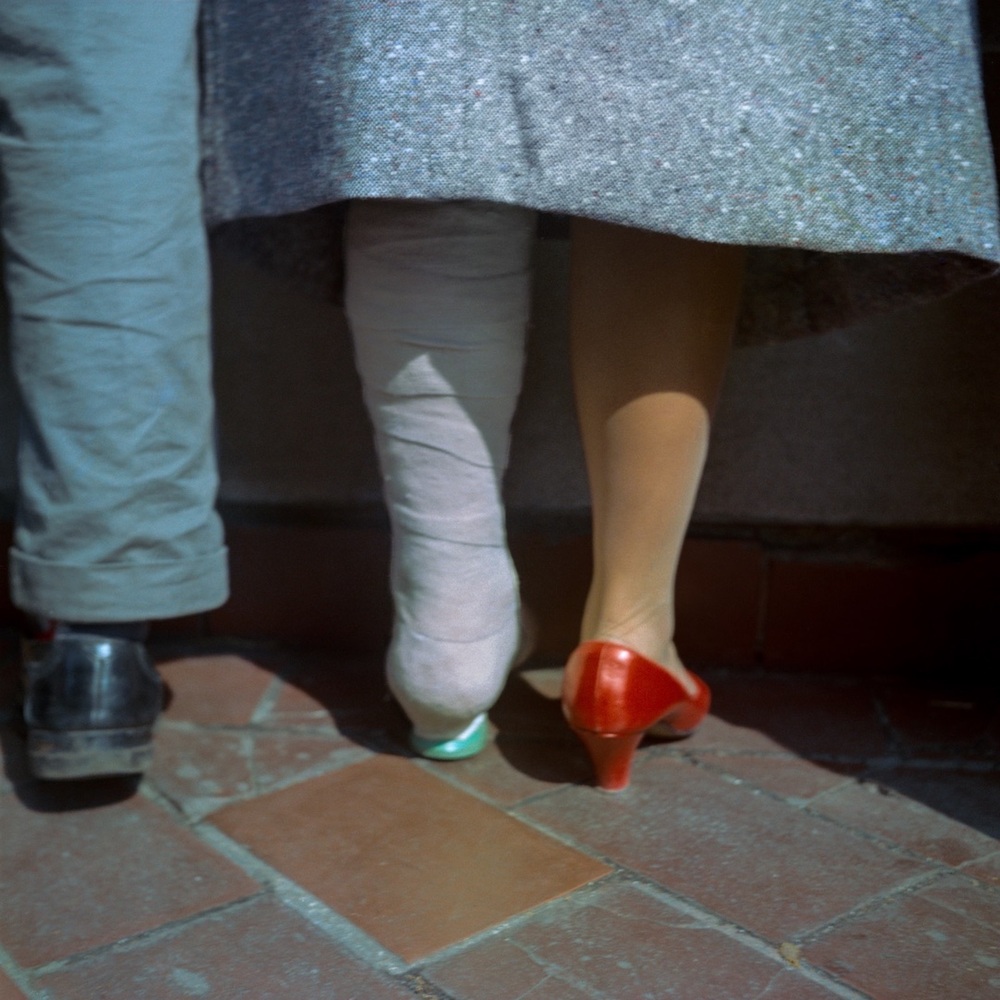
Image: 10 x 15 nches
Print: 16 x 20 inches
Signed and stamped by John Maloof
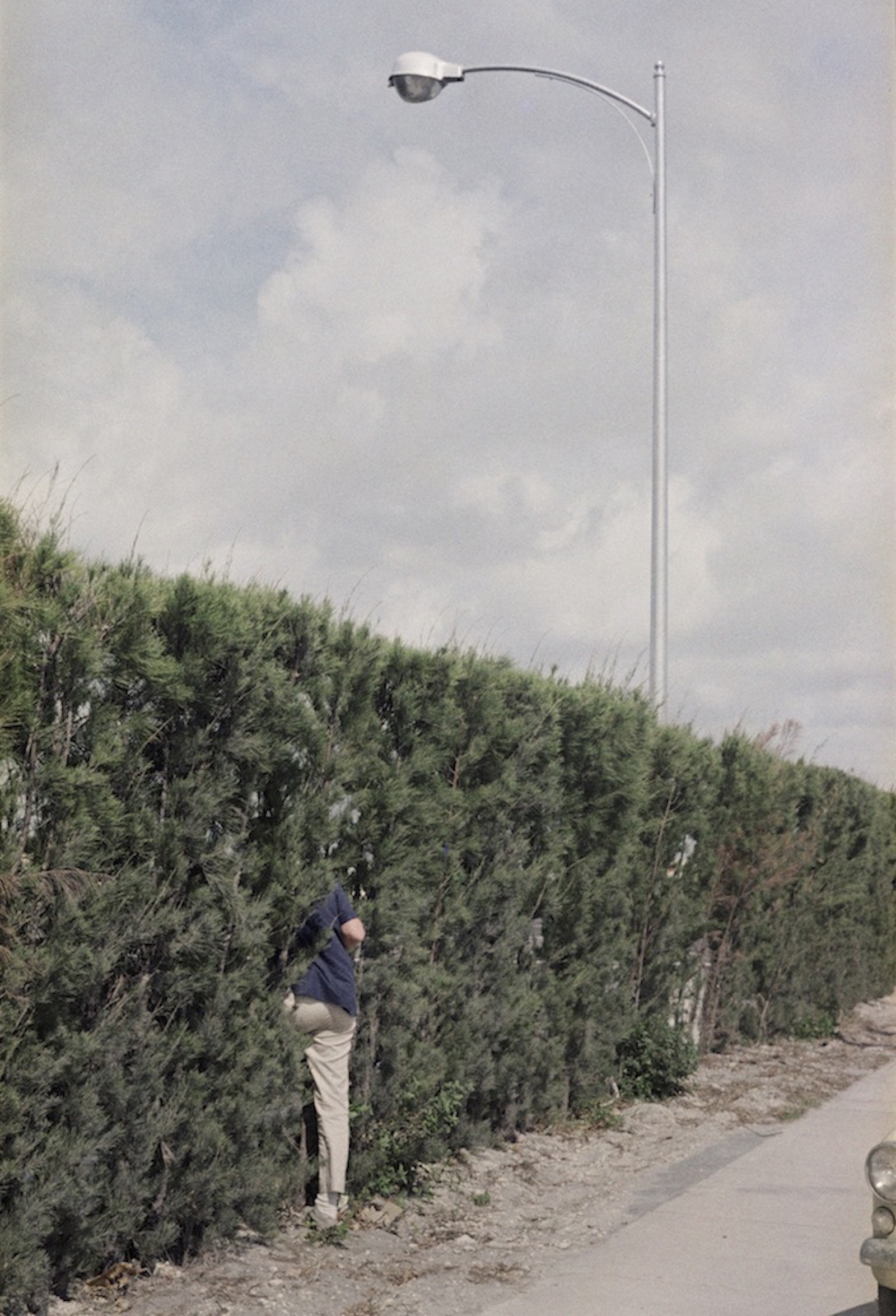
Image: 10 x 15 nches
Print: 16 x 20 inches
Signed and stamped by John Maloof
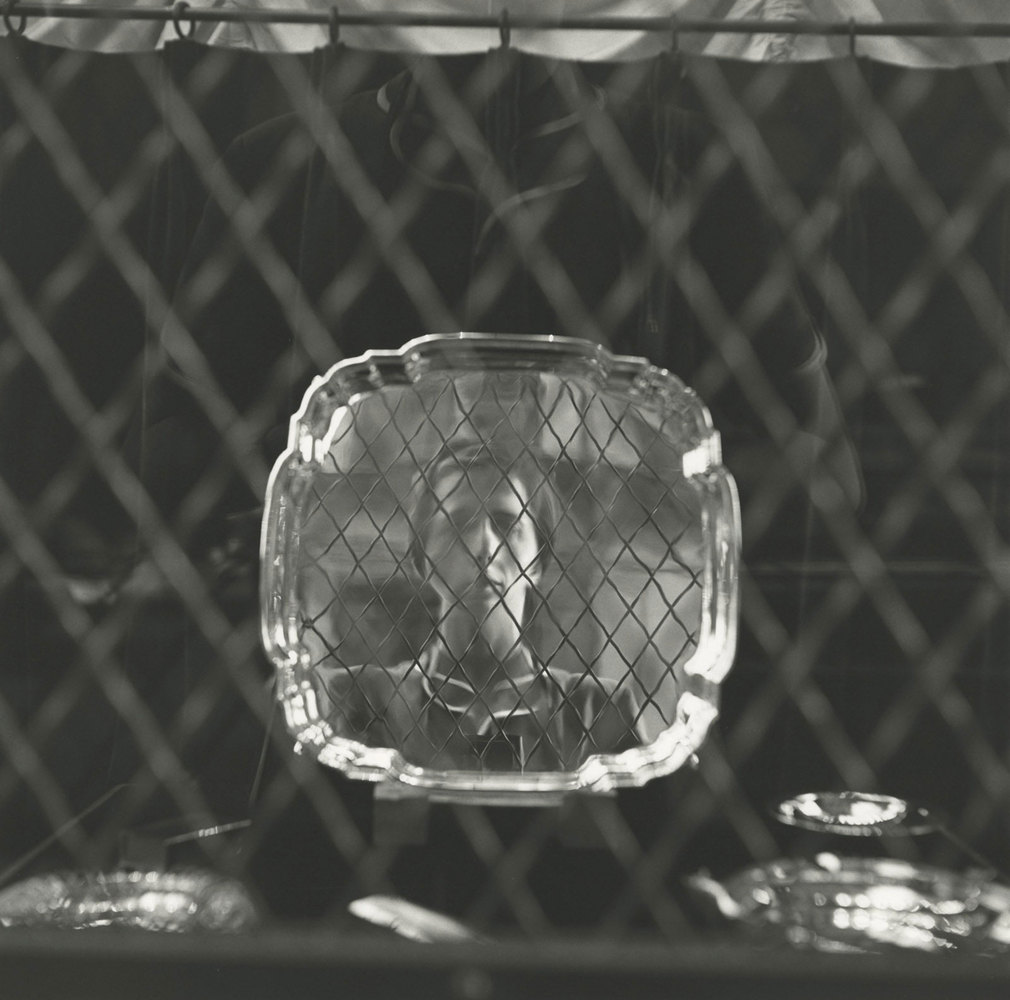
Image: 12 x 12 inches
Print: 16 x 20 inches
Signed and stamped by John Maloof
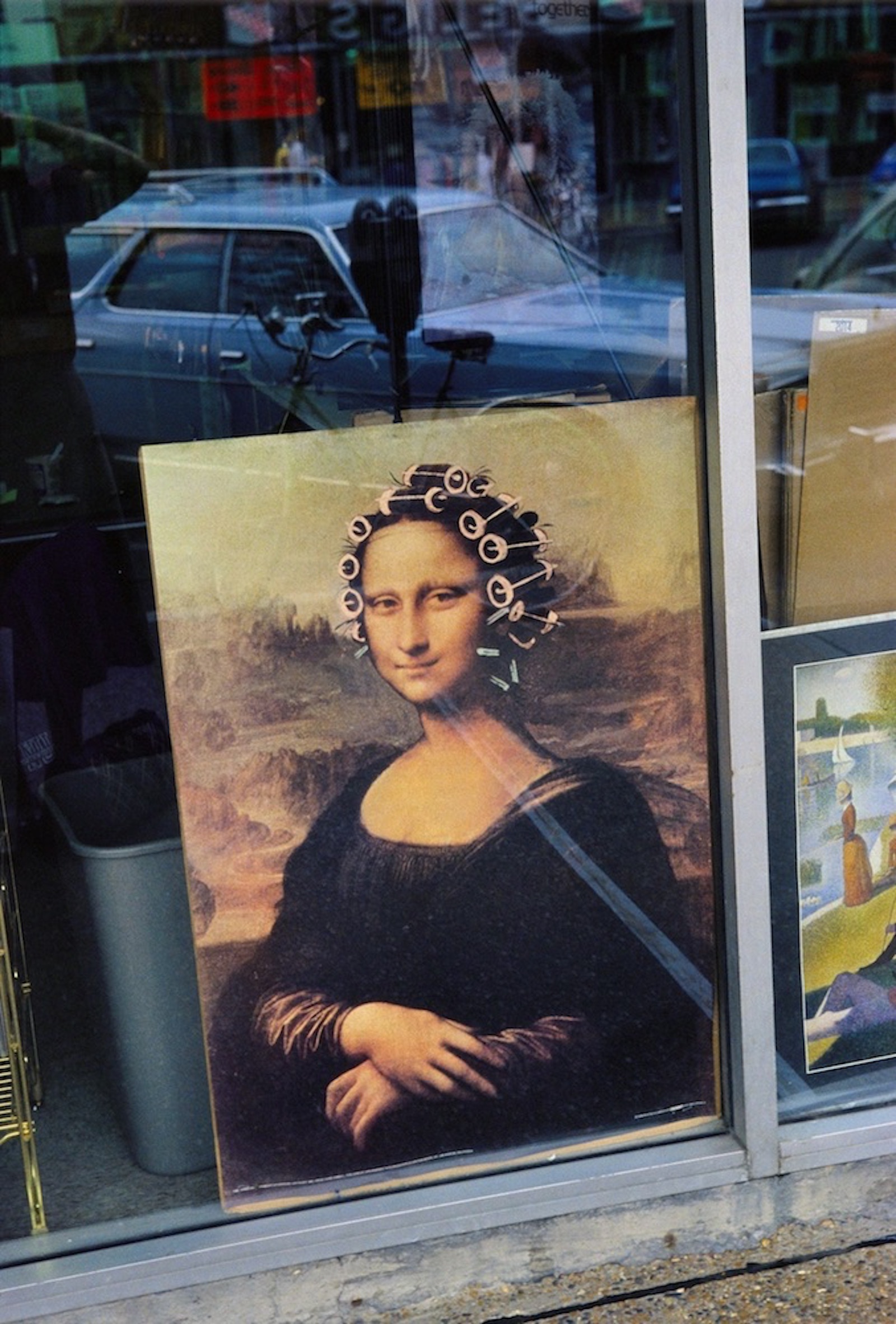
Image: 10 x 15 nches
Print: 16 x 20 inches
Signed and stamped by John Maloof
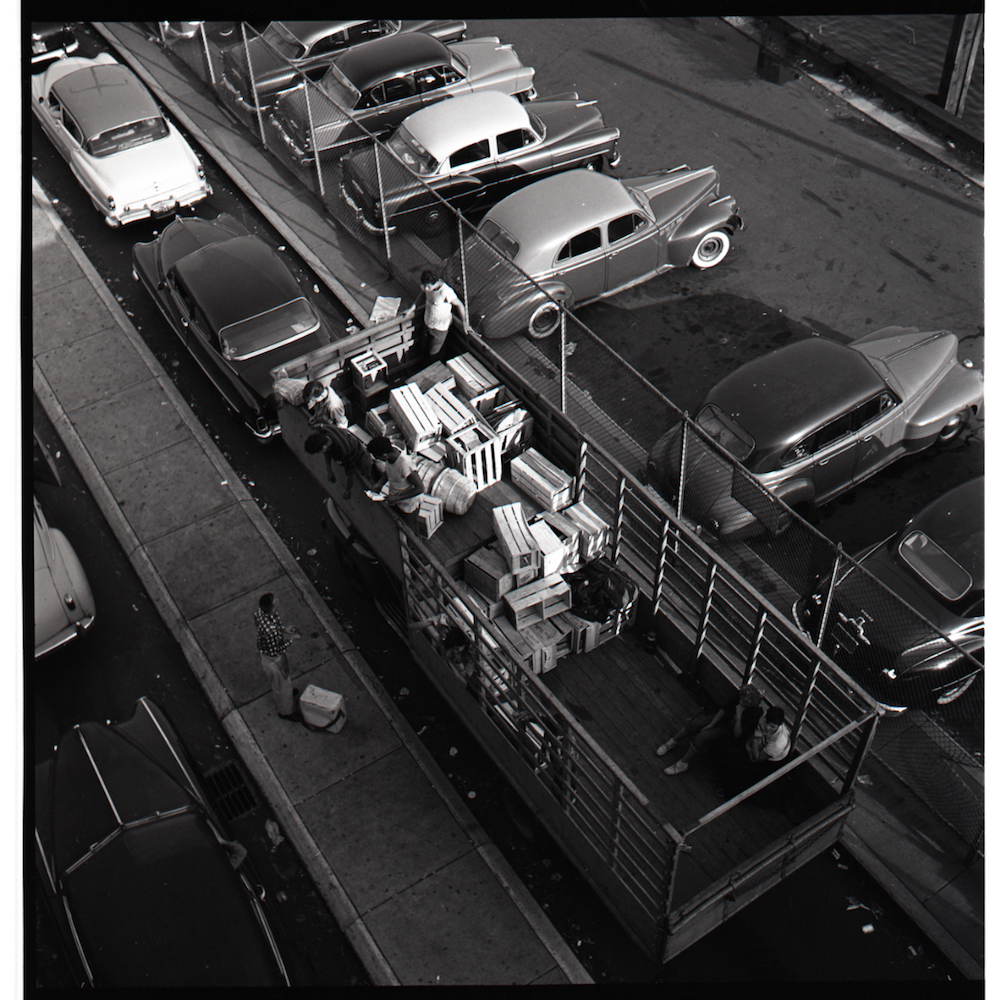
Image: 12 x 12 inches
Print: 16 x 20 inches
Signed and stamped by John Maloof
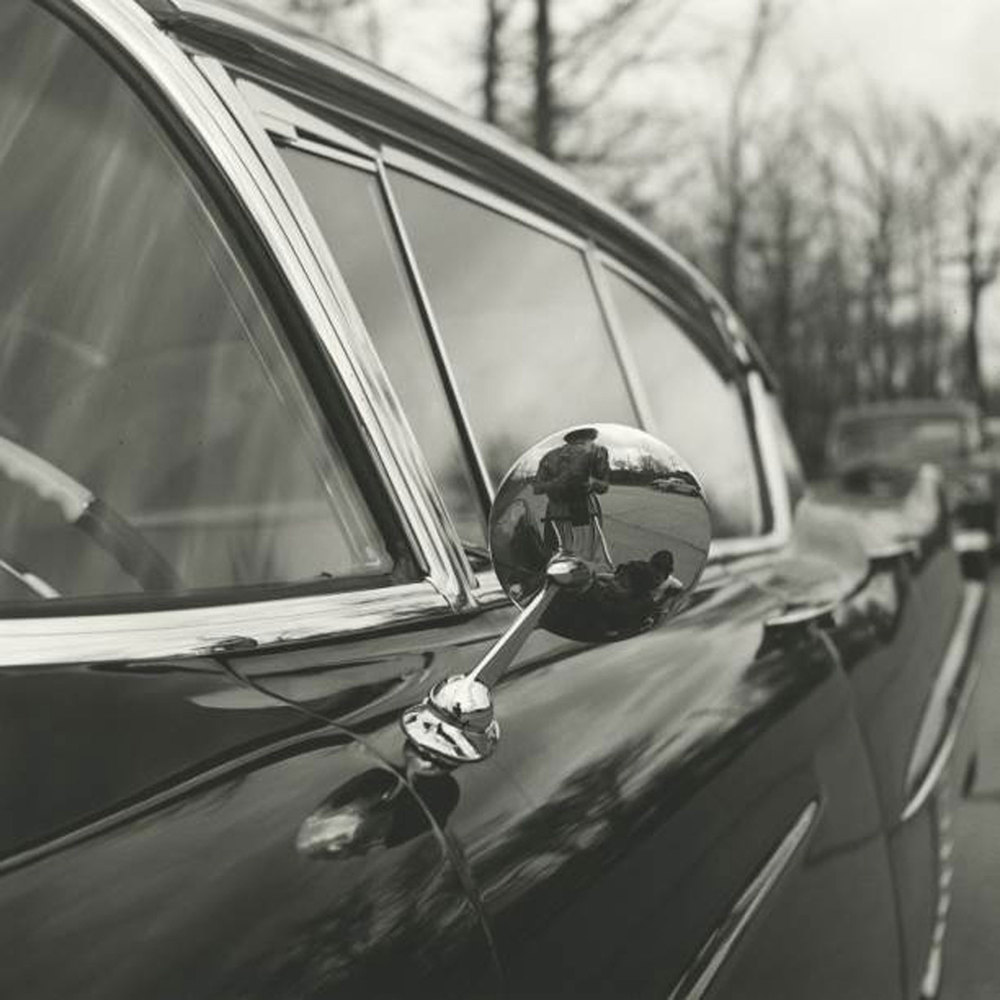
Image: 12 x 12 inches
Print: 16 x 20 inches
Signed and stamped by John Maloof
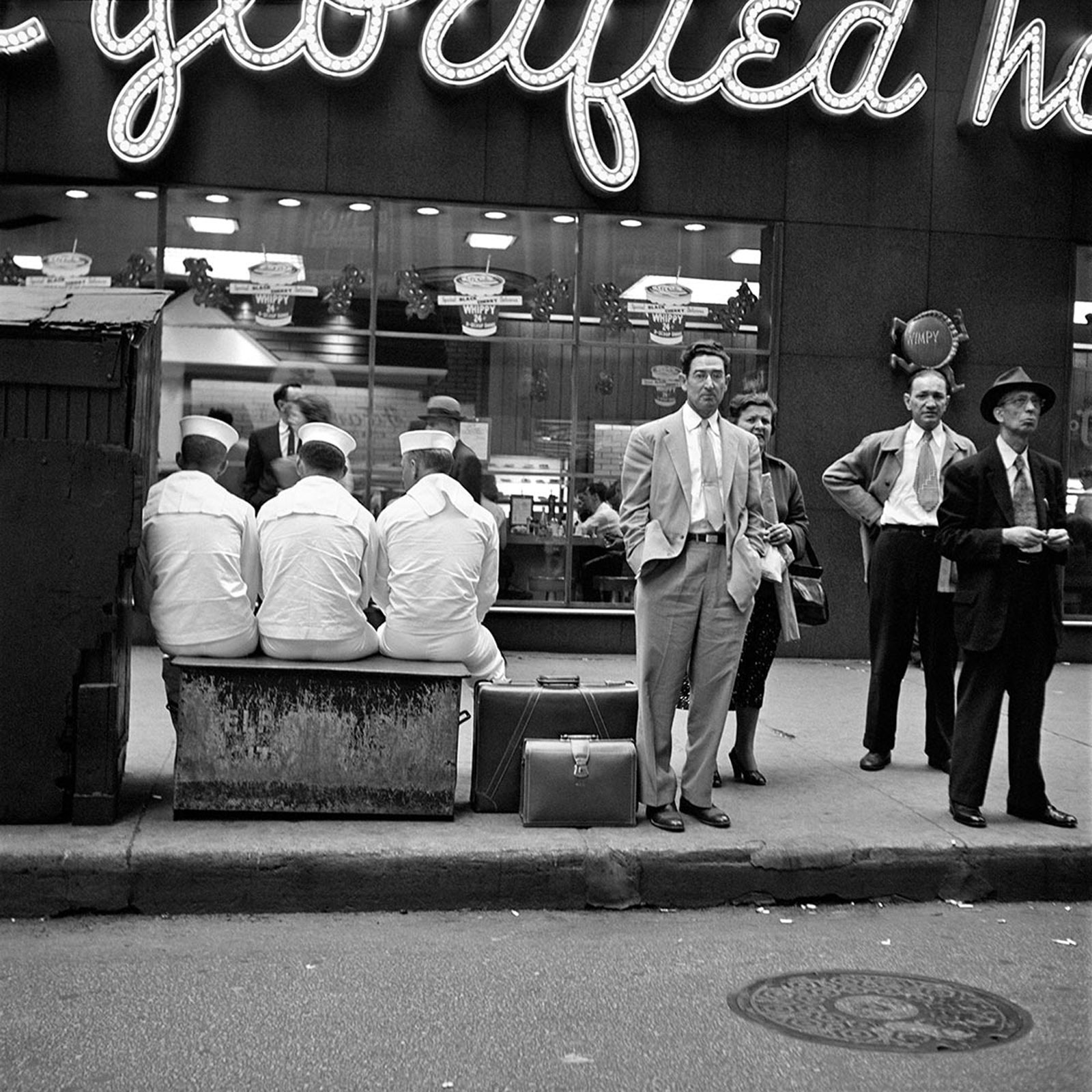
Image: 12 x 12 inches
Print: 16 x 20 inches
Signed and stamped by John Maloof
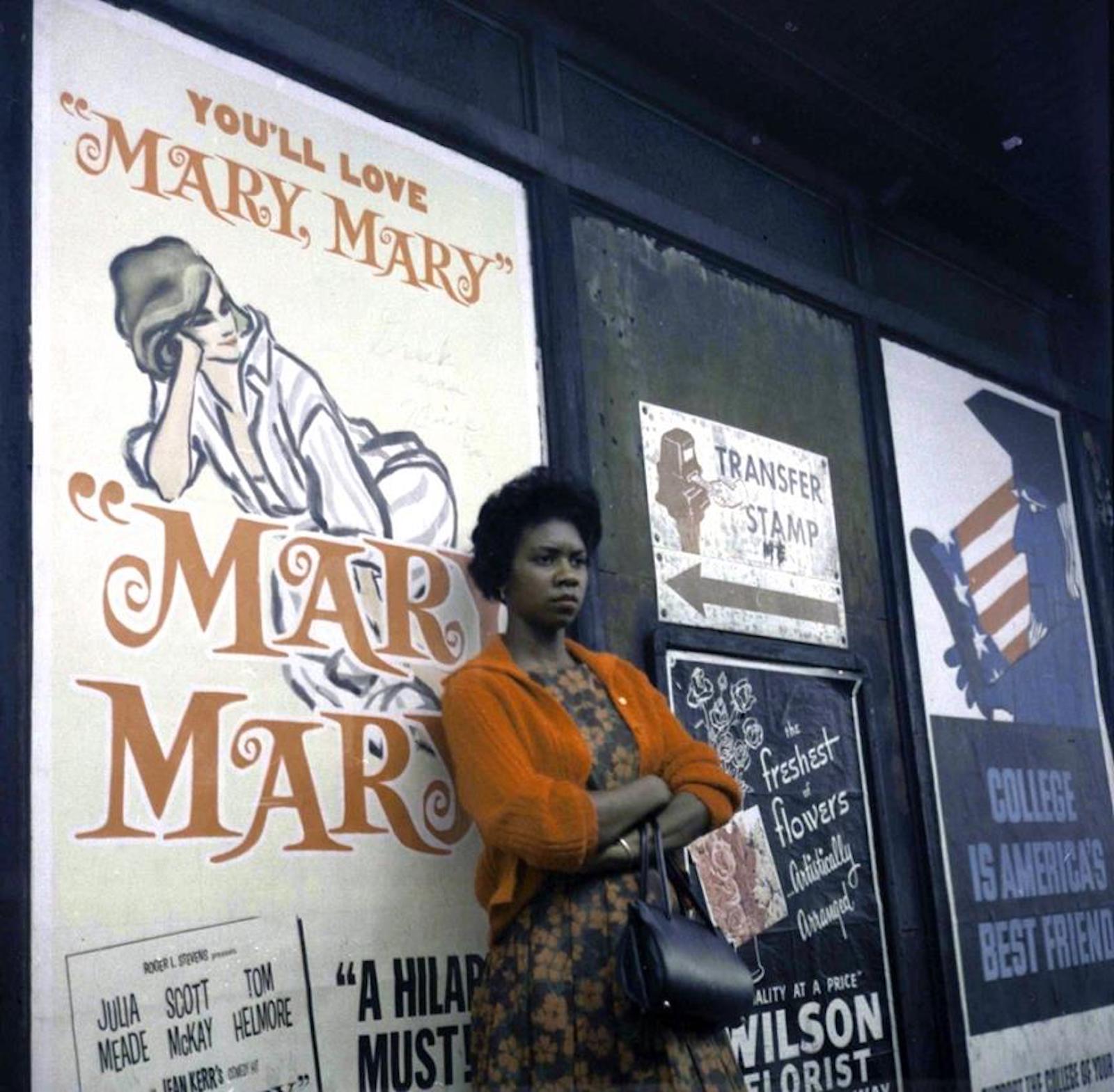
Image: 12 x 12 inches
Print: 16 x 20 inches
Signed and stamped by John Maloof
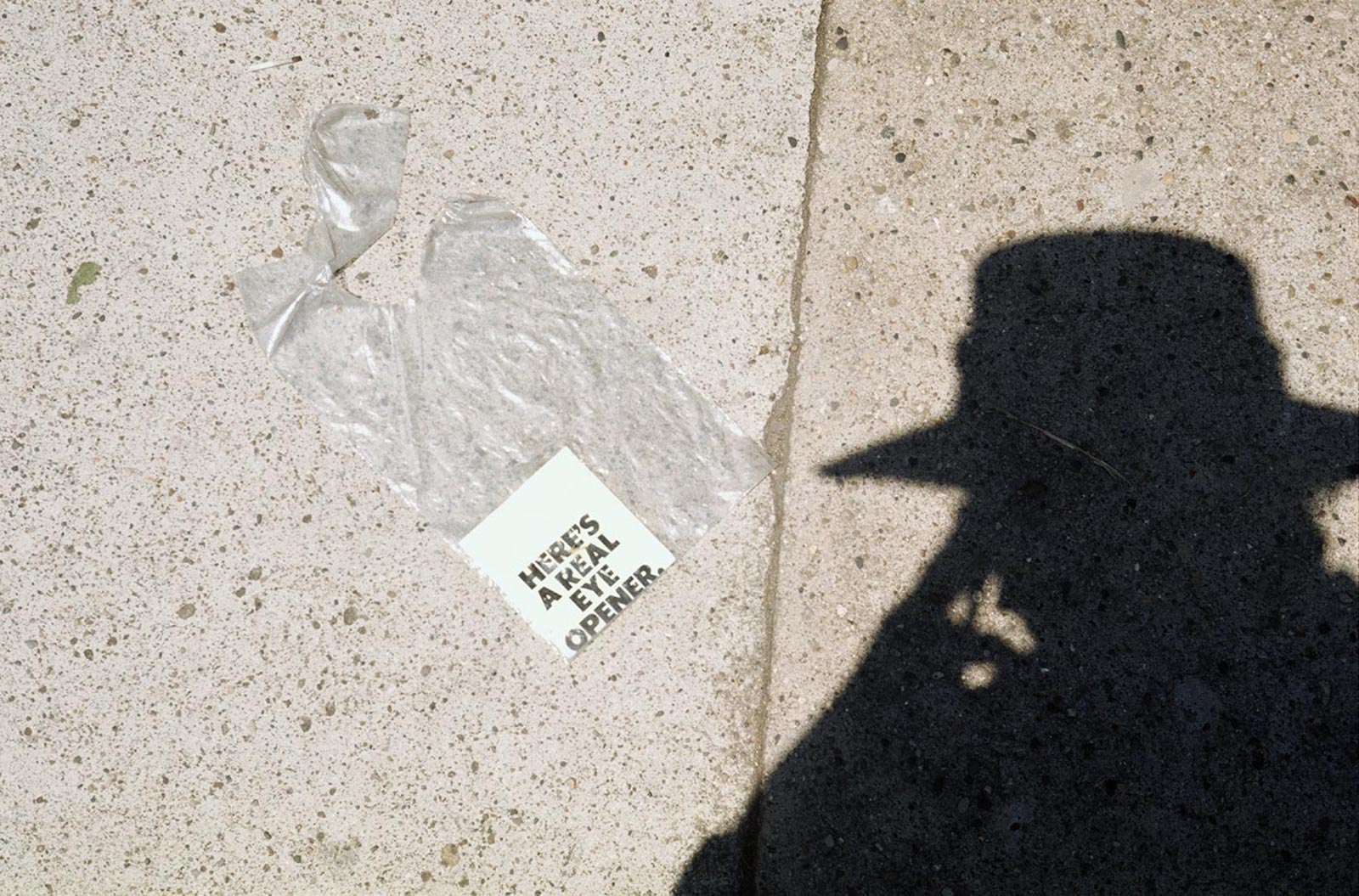
Image: 10 x 15 nches
Print: 16 x 20 inches
Signed and stamped by John Maloof
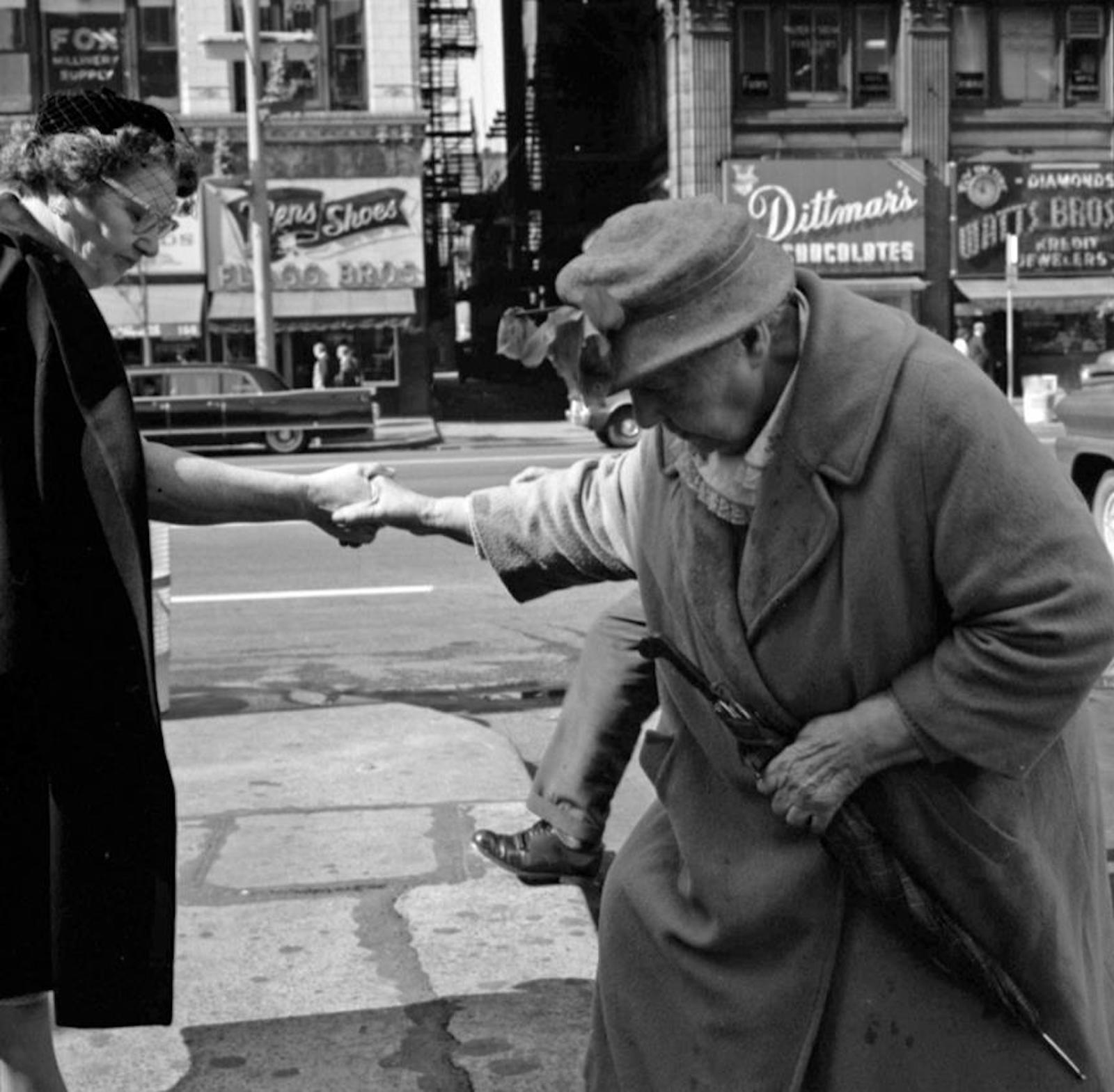
Image: 12 x 12 inches
Print: 16 x 20 inches
Signed and stamped by John Maloof
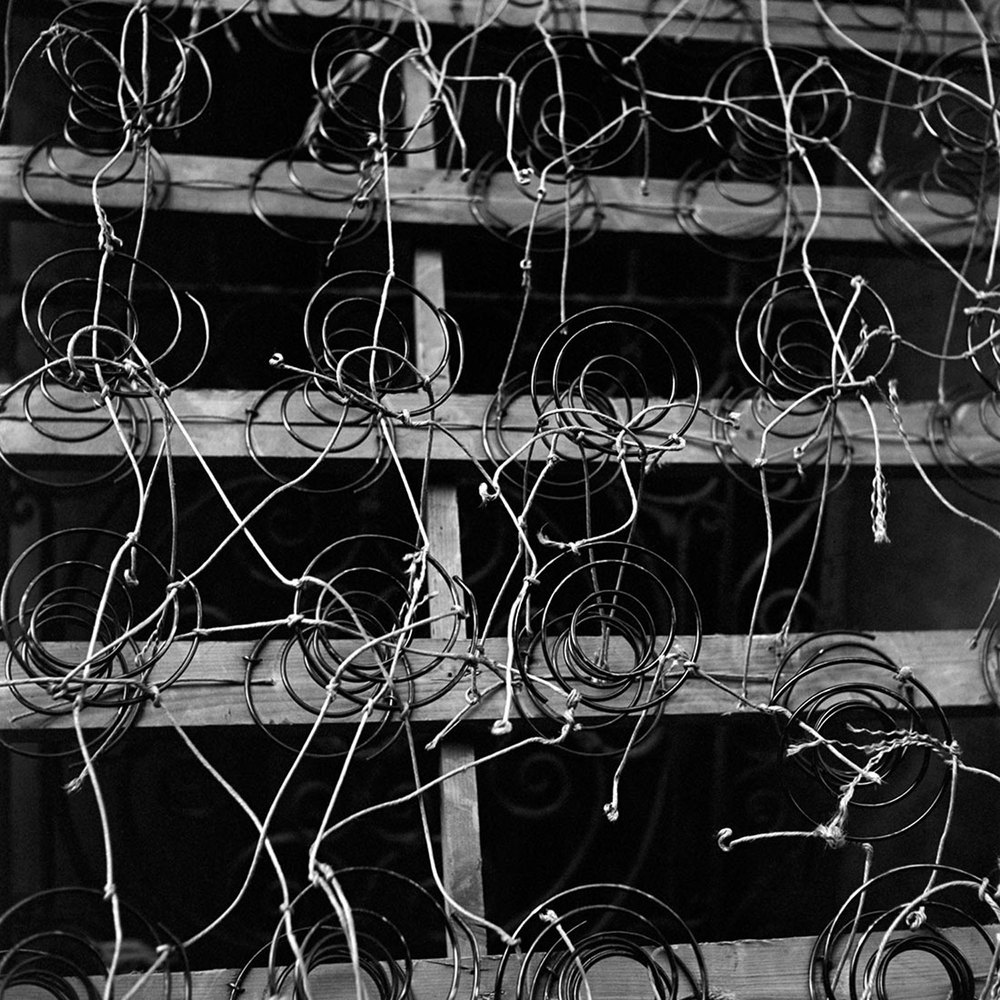
Image: 12 x 12 inches
Print: 16 x 20 inches
Signed and stamped by John Maloof
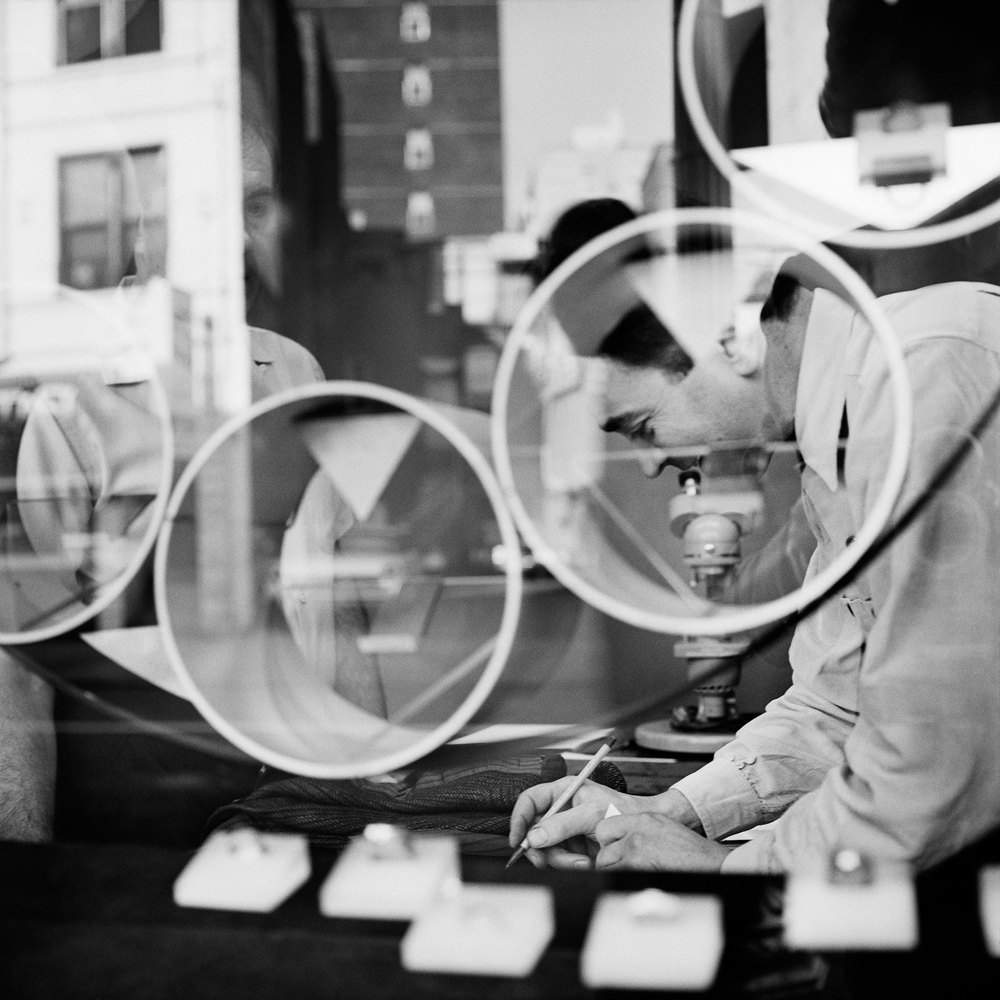
Image: 12 x 12 inches
Print: 16 x 20 inches
Signed and stamped by John Maloof
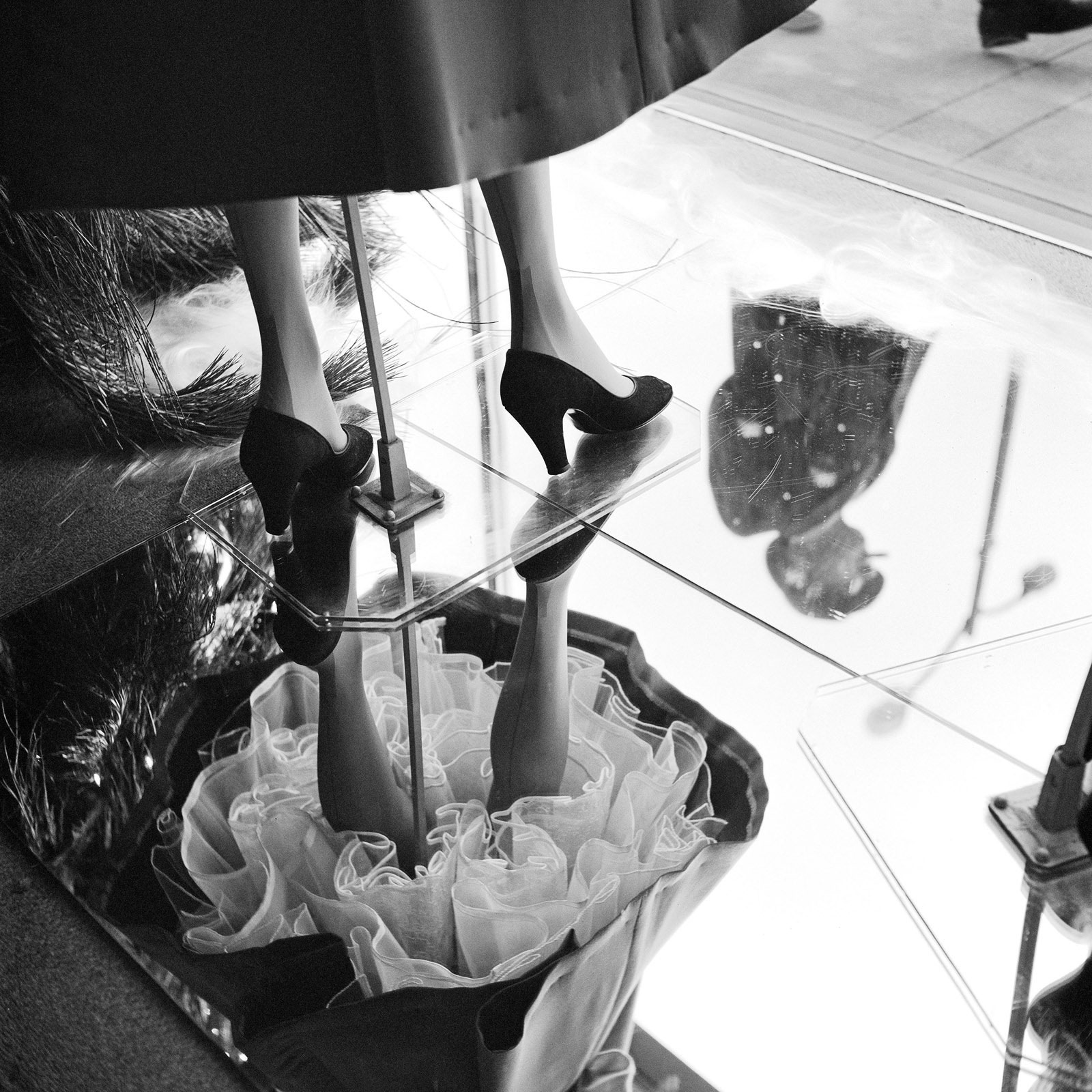
Image: 12 x 12 inches
Print: 16 x 20 inches
Signed and stamped by John Maloof
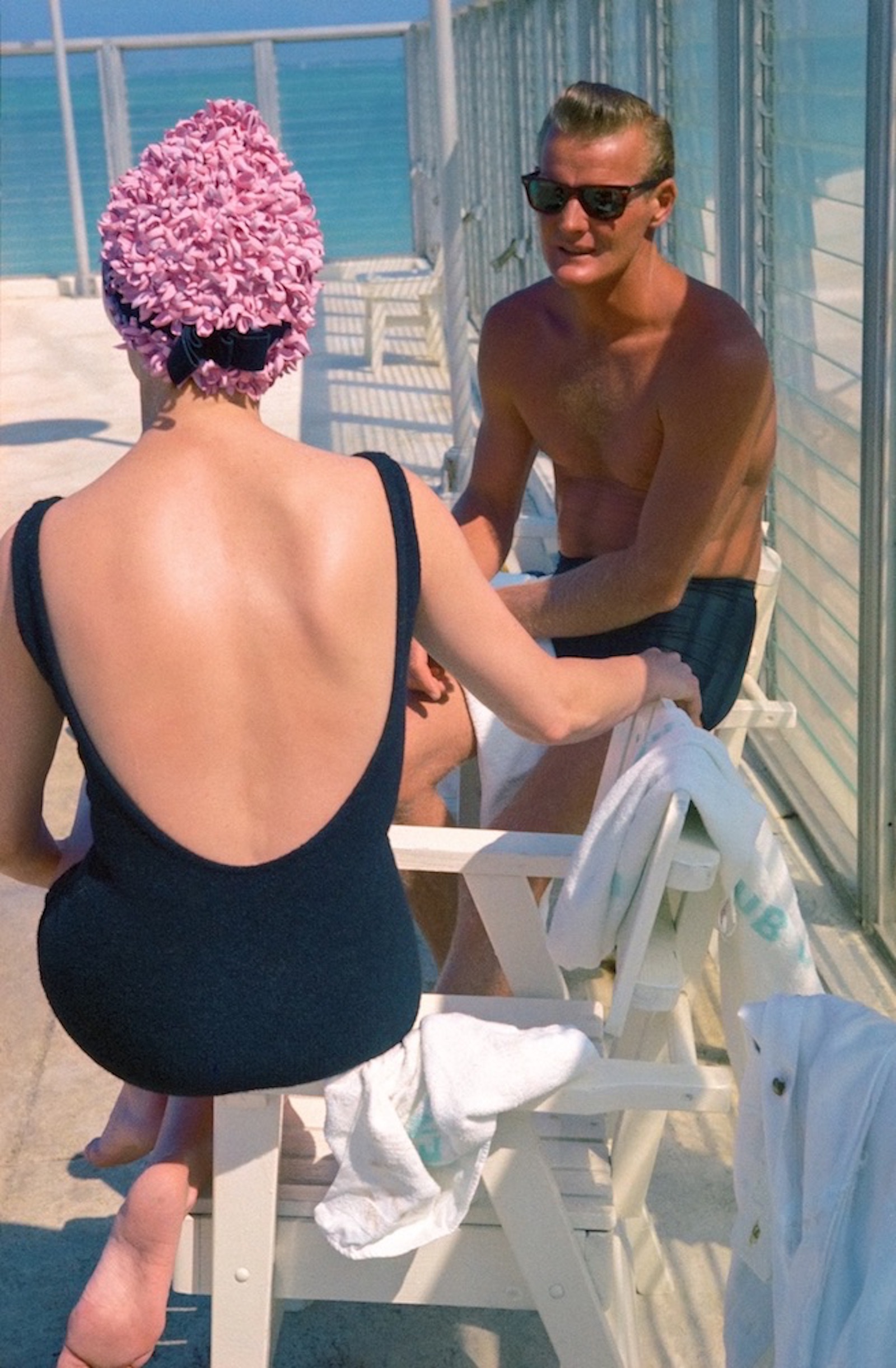
Image: 10 x 15 inches
Print: 16 x 20 inches
Signed and stamped by John Maloof
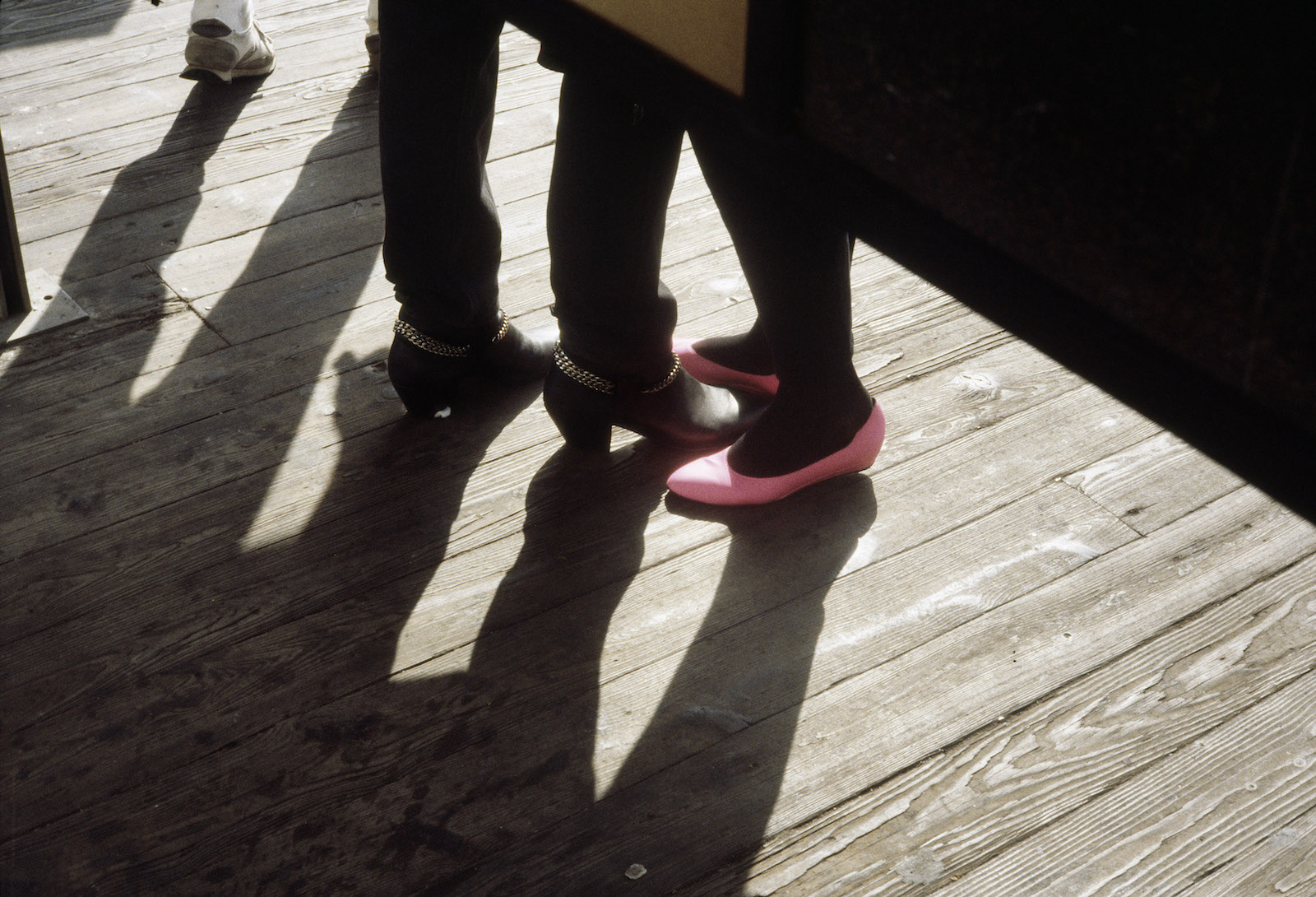
Image: 10 x 15 nches
Print: 16 x 20 inches
Signed and stamped by John Maloof

Image: 12 x 12 inches
Print: 16 x 20 inches
Signed and stamped by John Maloof
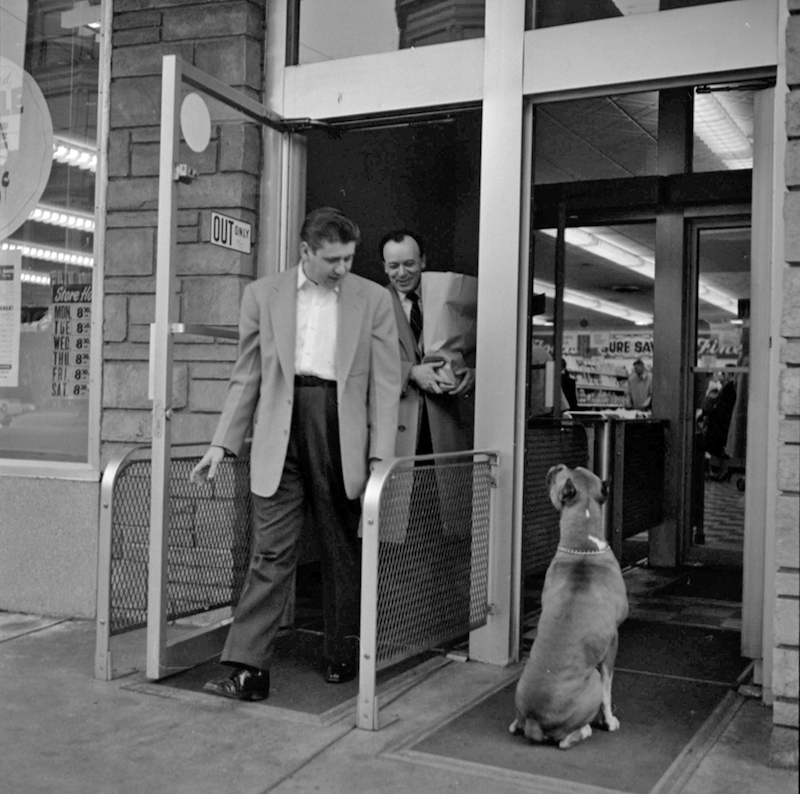
Image: 12 x 12 inches
Print: 16 x 20 inches
Signed and stamped by John Maloof
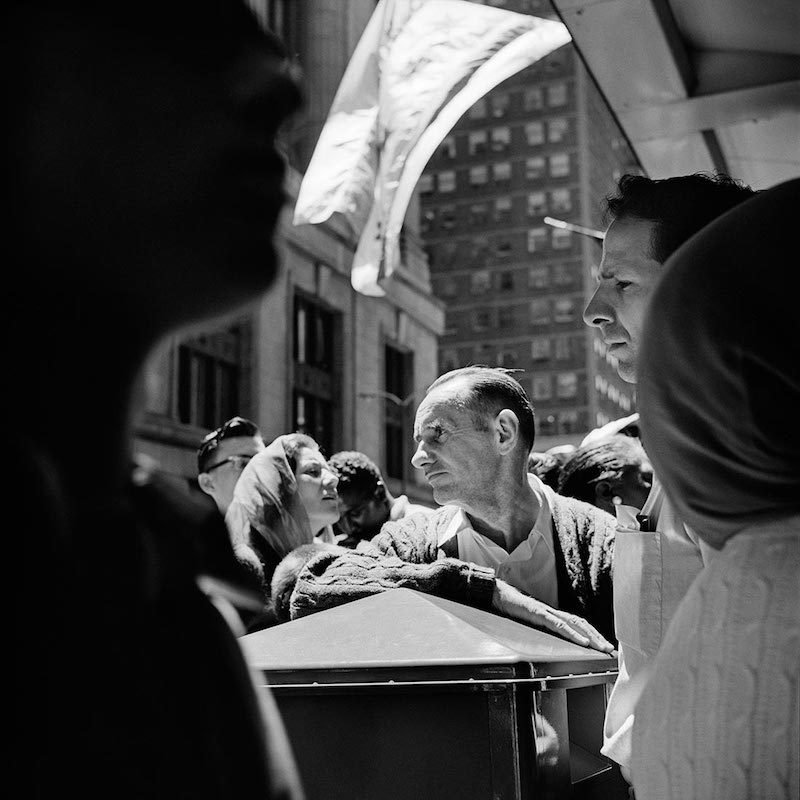
Image: 12 x 12 inches
Print: 16 x 20 inches
Signed and stamped by John Maloof
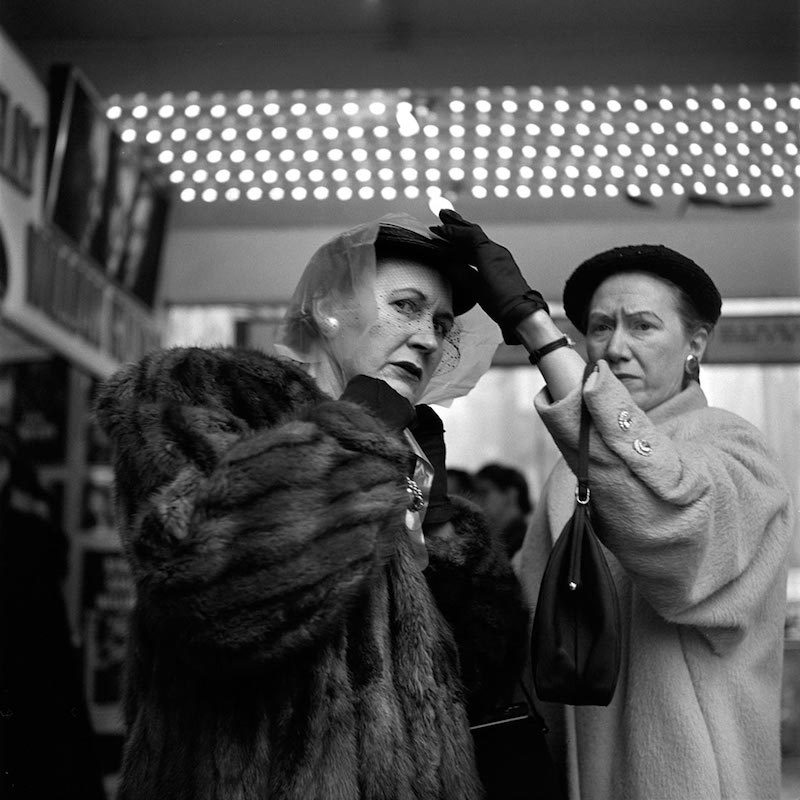
Image: 12 x 12 inches
Print: 16 x 20 inches
Signed and stamped by John Maloof
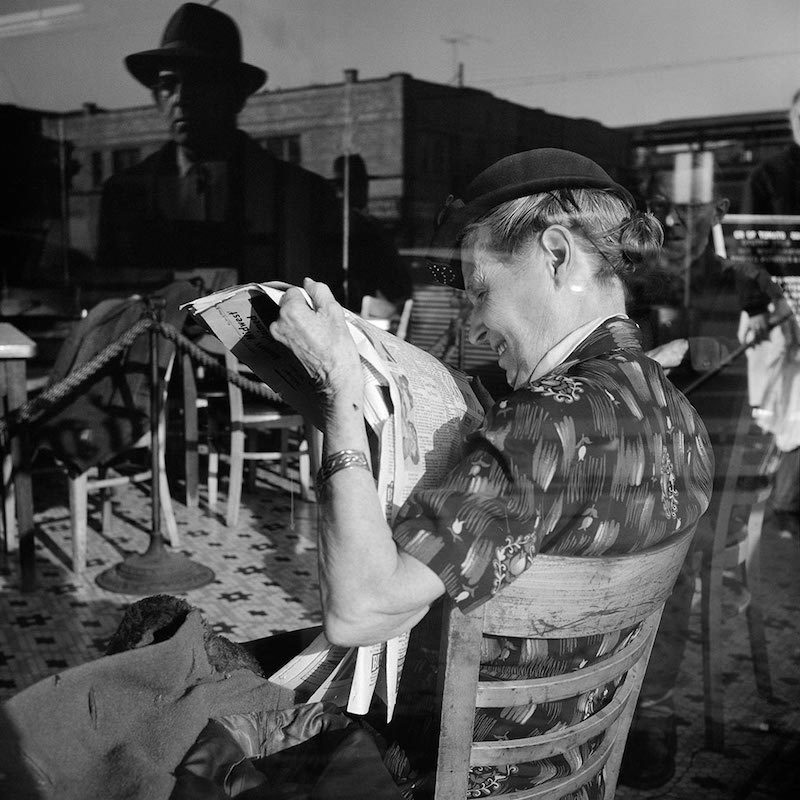
Image: 12 x 12 inches
Print: 16 x 20 inches
Signed and stamped by John Maloof
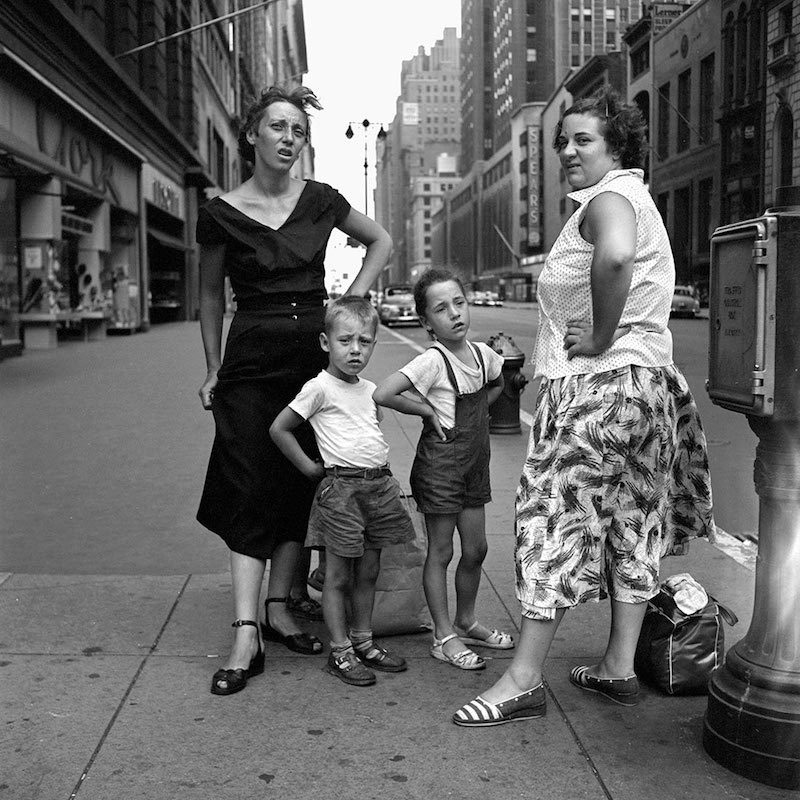
Image: 12 x 12 inches
Print: 16 x 20 inches
Signed and stamped by John Maloof
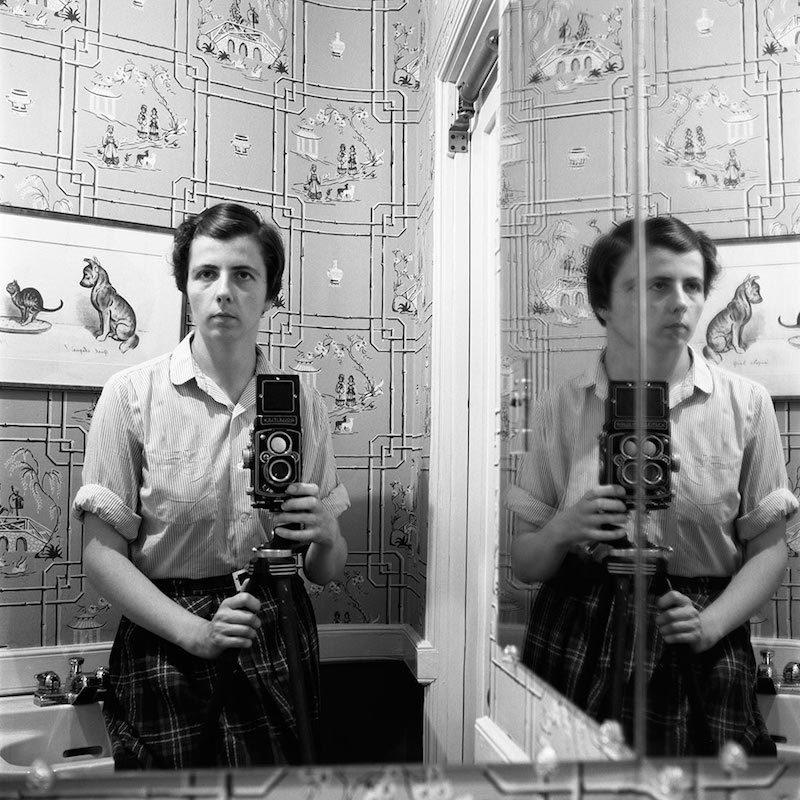
Image: 12 x 12 inches
Print: 16 x 20 inches
Signed and stamped by John Maloof
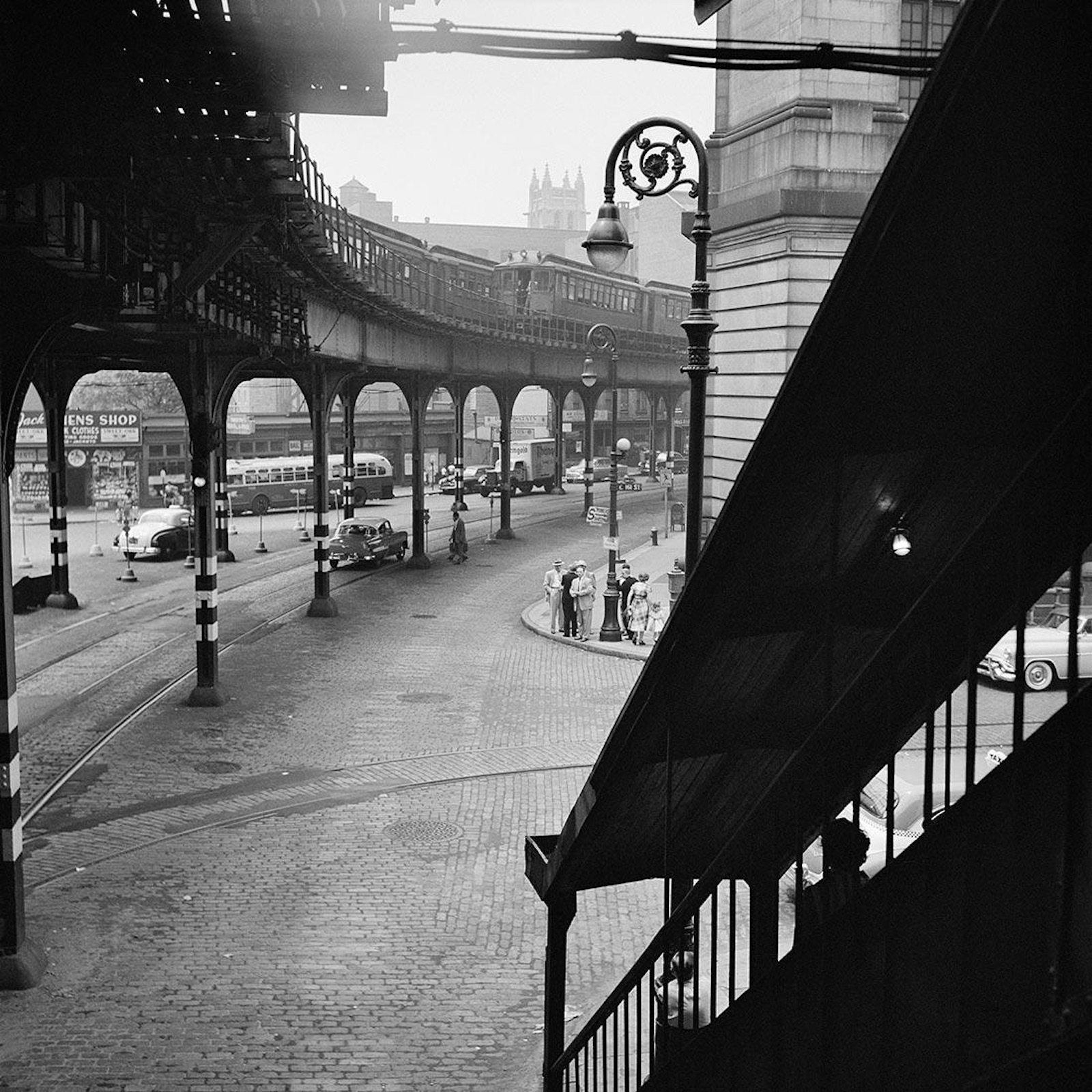
Image: 10 x 15 nches
Print: 16 x 20 inches
Signed and stamped by John Maloof
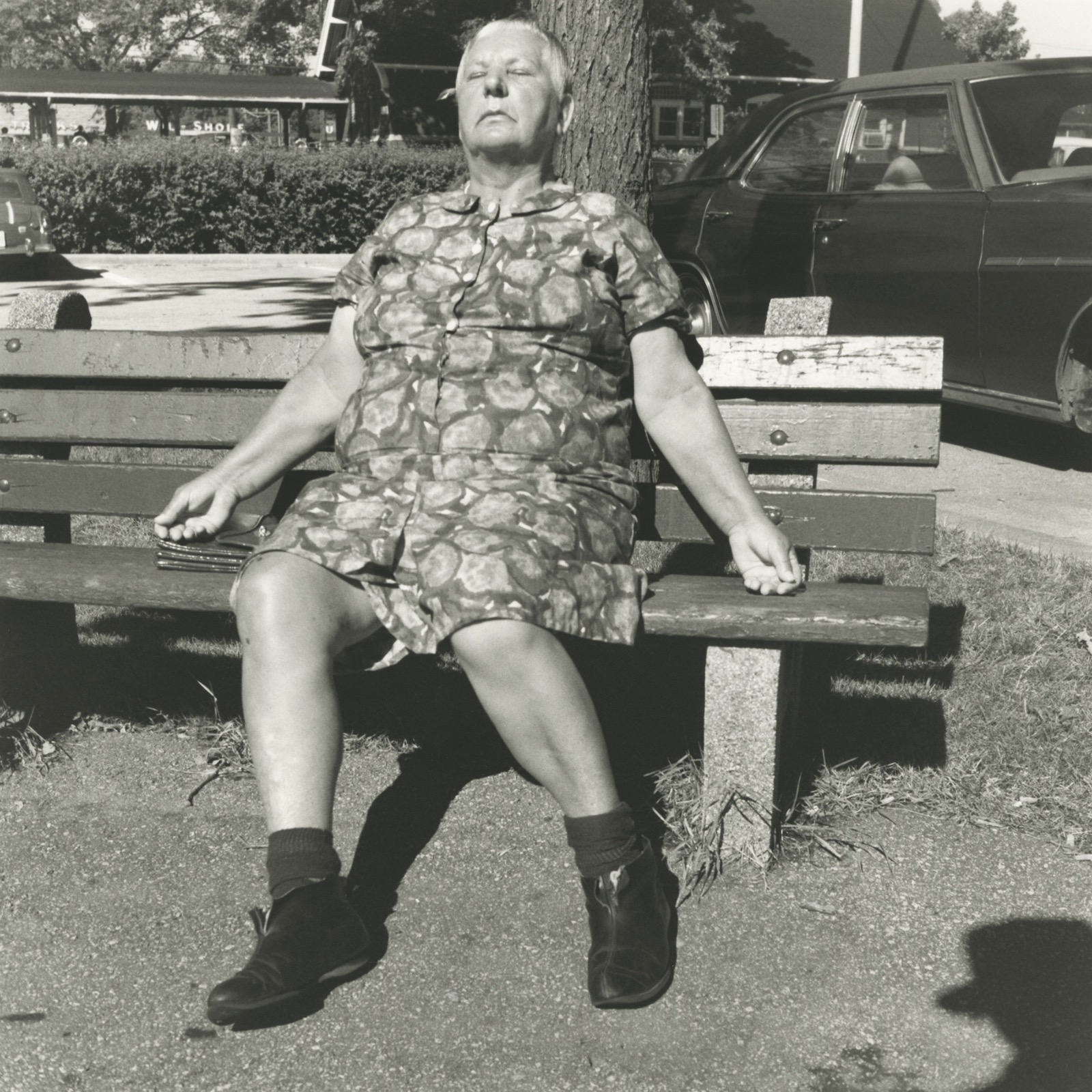
Image: 10 x 15 nches
Print: 16 x 20 inches
Signed and stamped by John Maloof
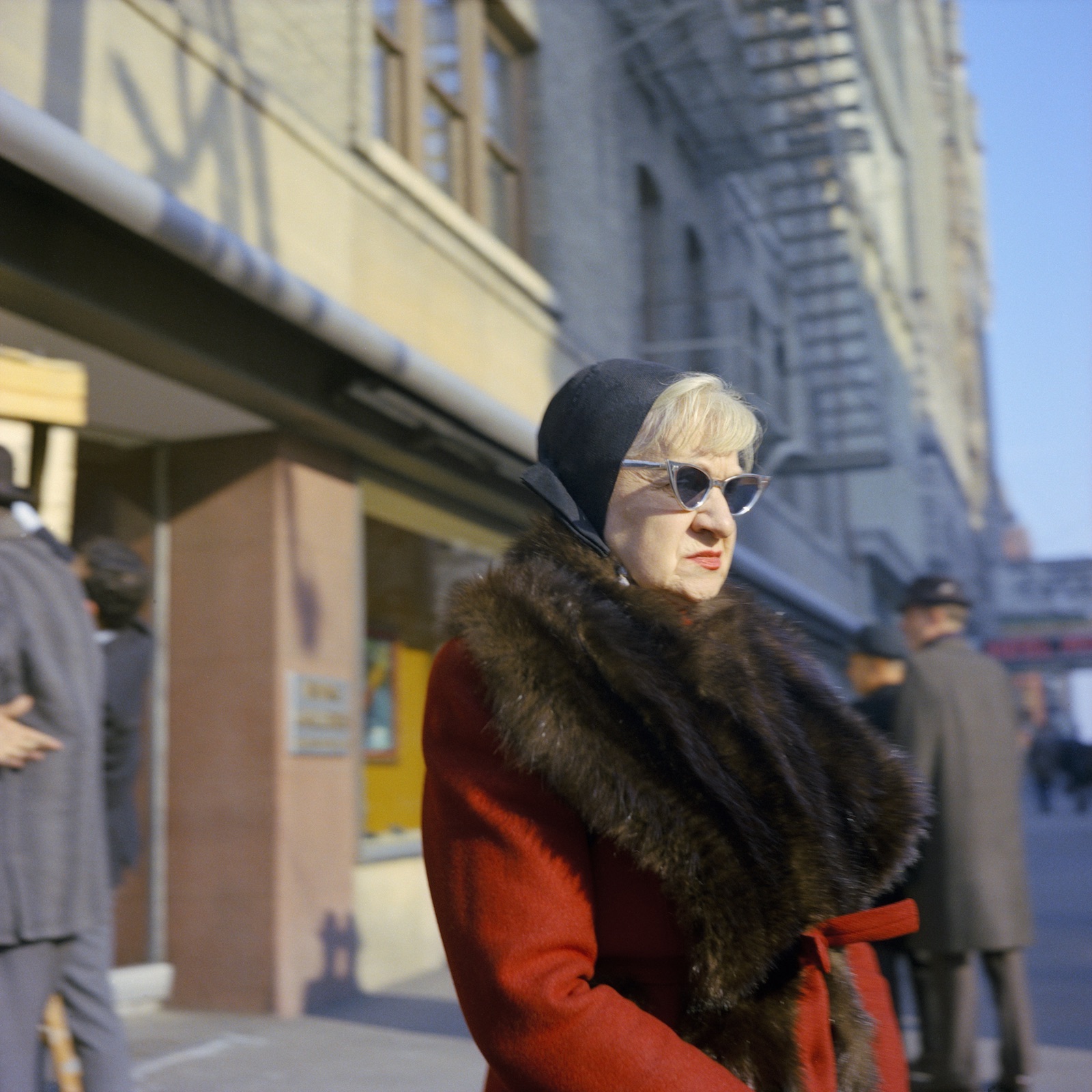
Image: 10 x 15 nches
Print: 16 x 20 inches
Signed and stamped by John Maloof
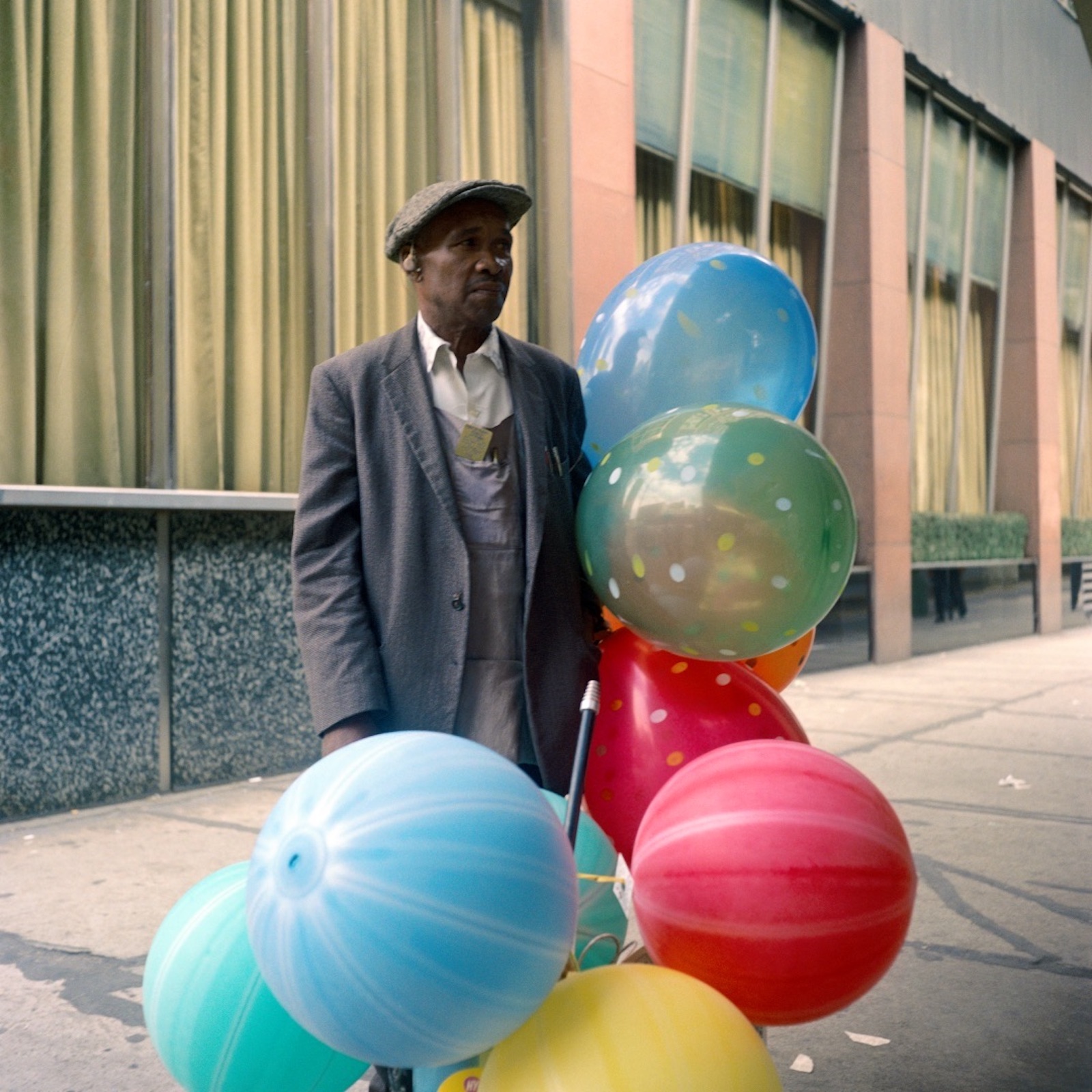
Image: 12 x 12 nches
Print: 16 x 20 inches
Signed and stamped by John Maloof
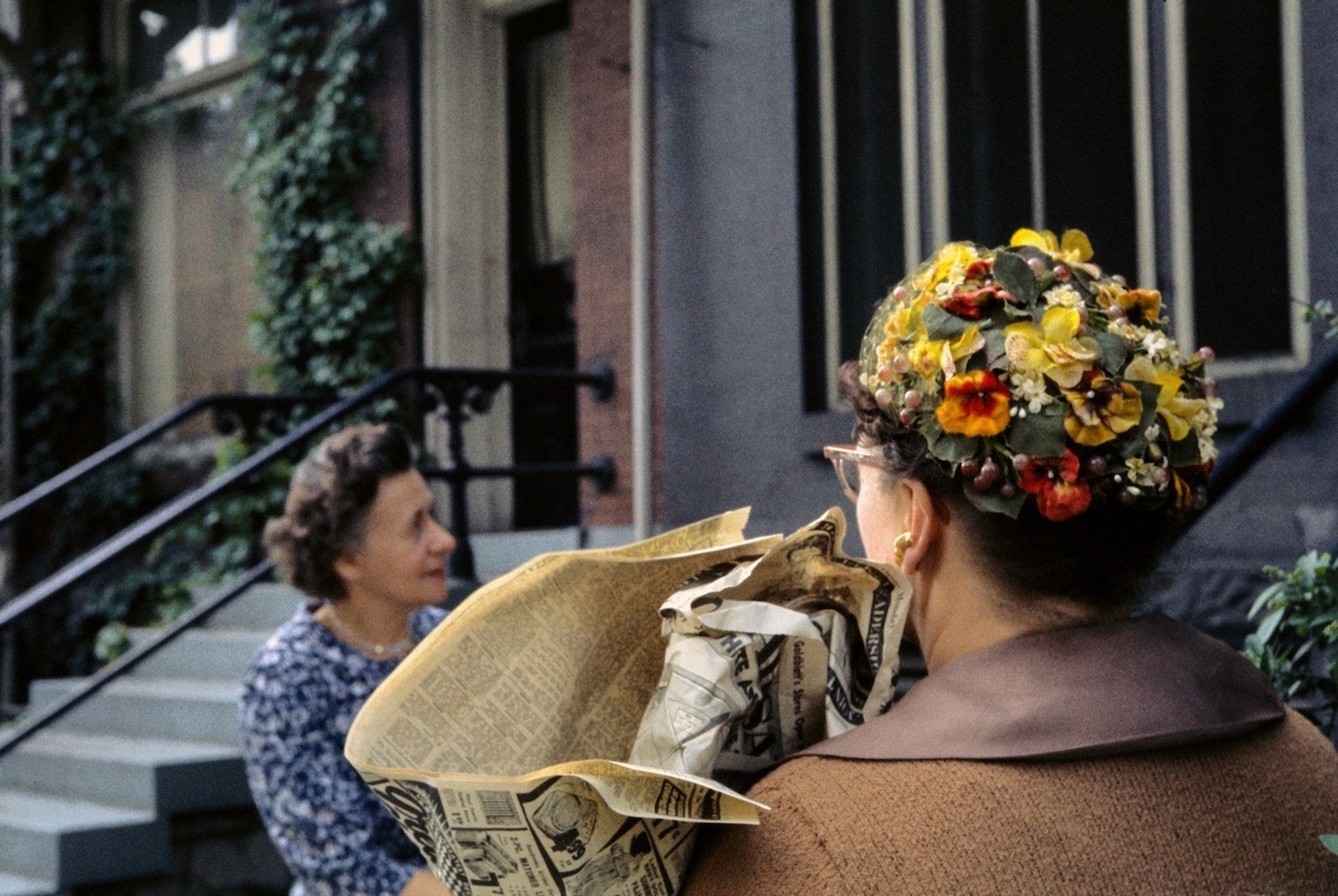
Image: 10 x 15 nches
Print: 16 x 20 inches
Signed and stamped by John Maloof
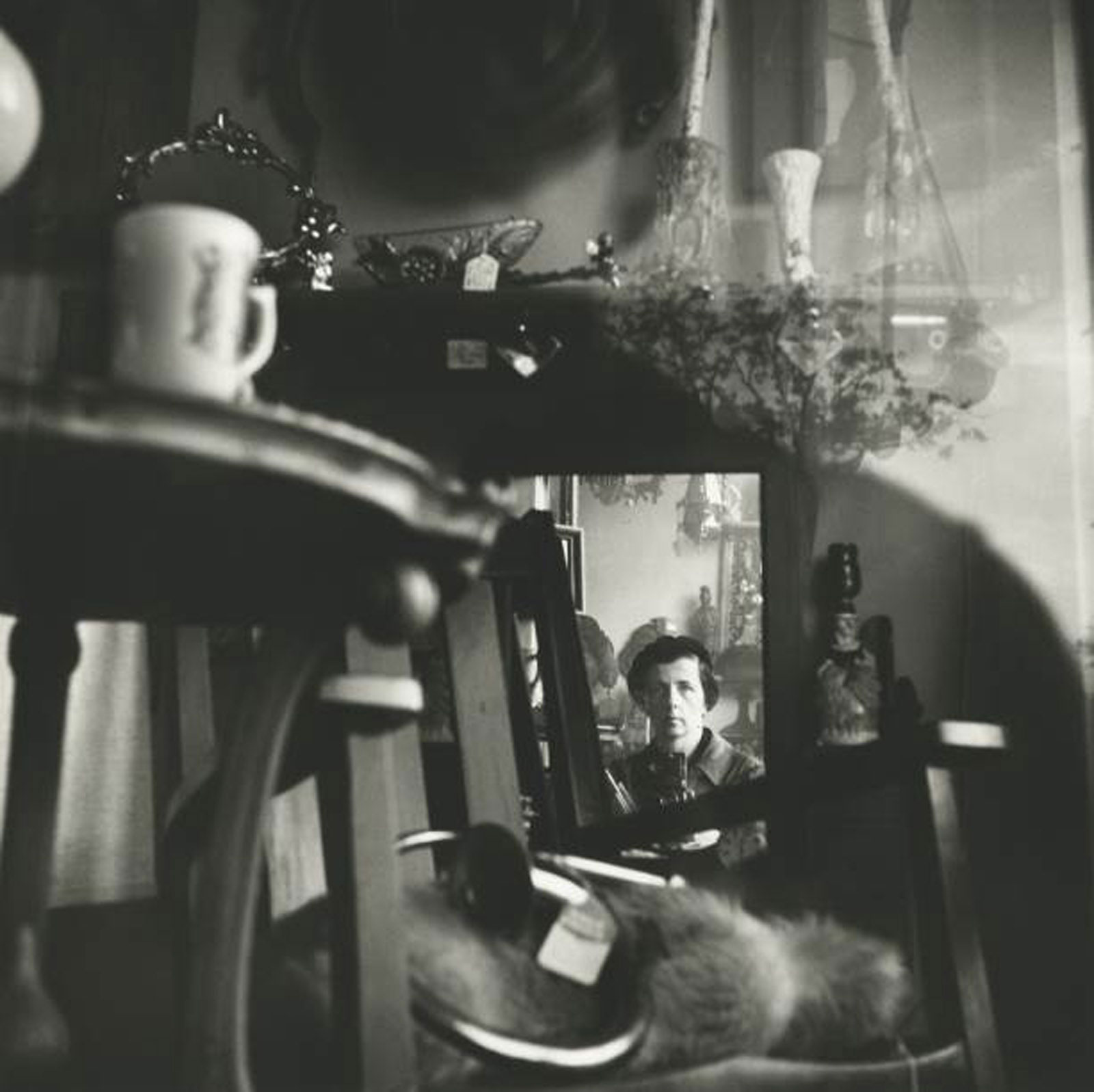
Image: 12 x 12 inches
Print: 16 x 20 inches
Signed and stamped by John Maloof
Presentation
Piecing together Vivian Maier’s life can easily evoke Churchill’s famous quote about the vast land of Tsars and commissars that lay to the east. A person who fit the stereotypical European sensibilities of an independent liberated woman, accent and all, yet born in New York City. Someone who was intensely guarded and private, Vivian could be counted on to feistily preach her own very liberal worldview to anyone who cared to listen, or didn’t. Decidedly un materialistic, Vivian would come to amass a group of storage lockers stuffed to the brim with found items, art books, newspaper clippings, home films, as well as political tchotchkes and knick-knacks.
The story of this nanny who has now wowed the world with her photography, and who incidentally recorded some of the most interesting marvels and peculiarities of Urban America in the second half of the twentieth century is seemingly beyond belief.
An American of French and Austro-Hungarian extraction, Vivian bounced between Europe and the United States before coming back to New York City in 1951. Having picked up photography just two years earlier, she would comb the streets of the Big Apple refining her artistic craft. By 1956 Vivian left the East Coast for Chicago, where she’d spend most of the rest of her life working as a caregiver. In her leisure Vivian would shoot photos that she zealously hid from the eyes of others. Taking snapshots into the late 1990′s, Maier would leave behind a body of work comprising over 100,000 negatives. Additionally Vivian’s passion for documenting extended to a series of homemade documentary films and audio recordings. Interesting bits of Americana, the demolition of historic landmarks for new development, the unseen lives of ethnics and the destitute, as well as some of Chicago’s most cherished sites were all meticulously catalogued by Vivian Maier.
A free spirit but also a proud soul, Vivian became poor and was ultimately saved by three of the children she had nannied earlier in her life. Fondly remembering Maier as a second mother, they pooled together to pay for an apartment and took the best of care for her. Unbeknownst to them, one of Vivian’s storage lockers was auctioned off due to delinquent payments. In those storage lockers lay the massive hoard of negatives Maier secretly stashed throughout her lifetime.
Maier’s massive body of work would come to light when in 2007 her work was discovered at a local thrift auction house on Chicago’s Northwest Side. From there, it would eventually impact the world over and change the life of the man who championed her work and brought it to the public eye, John Maloof.
Currently, Vivian Maier’s body of work is being archived and cataloged for the enjoyment of others and for future generations. John Maloof is at the core of this project after reconstructing most of the archive, having been previously dispersed to the various buyers attending that auction. Now, with roughly 90% of her archive reconstructed, Vivian’s work is part of a renaissance in interest in the art of Street Photography.
Public collections
The National Gallery of Art, Washington, DC Philadelphia Museum of Art, Philadelphia,
Pennsylvania Columbus Museum of Art, Ohio
Indiana University Art Museum, Bloomington, Indiana
Hall Family Foundation Collection, Kansas City, Missouri Museum Folkwang, Essen, Germany
Sheldon Museum of Art, Lincoln, Nebraska
Frances Lehman Loeb Art Center, Arlington, New York
Rose Art Museum, Brandeis University, Waltham, Massachusetts Birmingham Museum of
Art, Birmingham, Alabama
Hite Art Institute, University of Louisville, Louisville, Kentucky
Hood Museum of Art, Dartmouth College, Hanover, New Hampshire
Press
Texts
Vivian Maier: A Dreamed Life
When Vivian Maier came on the scene, she shattered the reigning dogmas of our gaze. It was if all of a sudden, Nadar, the French national treasure, had turned out to be a woman all along, making us rethink everything accordingly. It?s a bit of a stretch perhaps, but only just. At the outset, Maier did not actually have anything special to offer the history of photography, much less to be a part of it. And yet, in record time, this American woman became as famous as the Mona Lisa. She has received top billing for a long time and scores of specialists scour her past, hoping to finding something there to work with.Maier was born on February 1, 1926 in New York and died on April 21, 2009 in Chicago. In between, she and her French mother visited the department of Hautes-Alpes, and in 1932 the valley of Champsaur. Her all-consuming passion was photography, which she engaged in with utmost discretion. Beginning with a Rolleiflex, and then a Leica, she set about photographing the streets of New York and Chicago, the passersby, the poor people on the sidewalks, dolls thrown in wastebins, bejewelled zealots, late-night Cinderellas... She also created a series of self-portraits that reveal her uncommon eye: she plays with reflections almost to the point of obsession, at times bordering on fear. When she used the inheritance her great-aunt had left her to travel the world, she continued to take photographs, but without showing what she had seen. And this is one of the mysteries of Vivian Maier, the self-taught photographer who earned her living as a governess: she refused to step out of the shadows. Complete anonymity. Was it a question of a lack of means, or of time, or of place? A wish to opt out of the world?
During an auction in Chicago in 2007, John Maloof, one of the main buyers, paid $400 for boxes and suitcases that had belonged to Miss Maier. They contained between 100,000 and 150,000 negatives, plus 3,000 prints and hundreds of undeveloped Ektachrome rolls. Quantity has never been a measure of talent, but what Maloof had in his hands, in conjunction with the material from Jeffrey Goldstein and Ron Slattery, was the stuff of dreams.
From 2007 to the present day, there has been a constant quest to discover the real Vivian Maier. Films, books, exhibits... the "Mary Poppins of film rolls" has been the subject of all manner of commentary (not all necessarily stupid; there is a plethora to choose from). One exhibit organised in France, by the Jeu de Paume in 2013, revealed that Maier, who loved the cinema, also made Super-8 films, and that she was a formidable interviewer. None of the haziness surrounding her is likely to dissipate anytime soon. But one thing is certain: anyone who bought her prints will not regret it, for though Maier's talent was understated, you cannot help but want to stand by her side. In her shadow, no less.
Brigitte Ollier, 2016
Exhibitions
Self portraits
November 28 2020 - February 20 2021
Outsider Art Fair 2019
17 - 20 October 2019
Photofairs | Shanghai 2019
Group show
21 - 22 September 2019
Les coups de coeur de l'équipe
Group show
June 20 - July 27 2019
The Color Work
January 19 - March 30 2019
Sélection de Noël
Group show
November 23 - December 22 2018
Black Chicago
Group show
October 28 2017 - January 13 2018
Une fantastique passion
Berenice Abbott
October 8 - November 26 2016
Chicago Eyes
Tom Arndt,
Raeburn Flerlage
October 16 - November 27 2015
New York
Group show
March 20 - June 13 2015
Autoportraits
Group show
November 7 2014 - January 10 2015
Slick Art Fair Paris
24 - 27 October 2013
Vivian Maier
October 16 - December 21 2013
Slick Art Fair Brussels
Group show
April 19 - October 21 2013
News
Vivian Maier: The Self-portrait and its Double
January 17 - May 24 2020
Vivian Maier. Street photographer
November 9, 2019 - March 15 2020
Vivian Maier at Photo London
16 - 19 May 2019
Vivian Maier: The Color Work
November 14, 2018 - January 5 2019
L'autoportrait et son double
October 4 - December 2 2018
Vivian Maier: Street Photographer
June 16, 2018 - January 6 2019
Photography's Lost Voice
February 10 - June 10 2018
The Secret Passion
October 5, 2017 - January 8 2018
A photographer found
June 23 - October 8 2017
Vivian Maier (1926-2009): The Street Photographer
March 1 - June 30 2017
Chicago Eyes with Henri Peretz
Tom Arndt,
Raeburn Flerlage
October 18, 2015
Talk with Michaël Houlette
November 27, 2014




